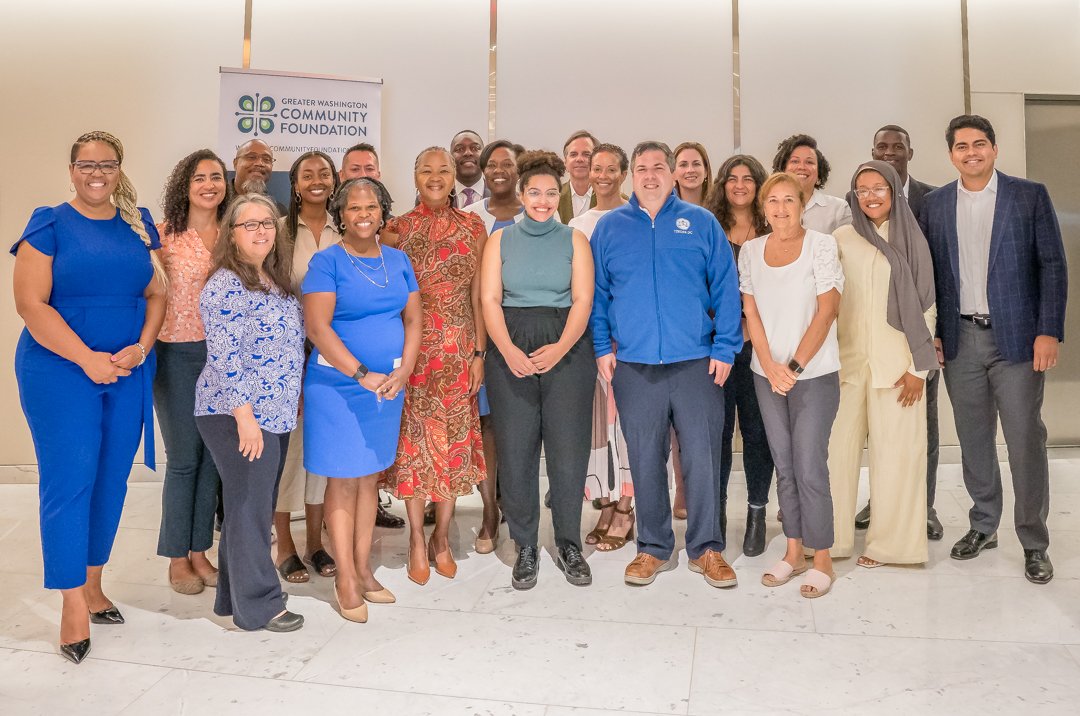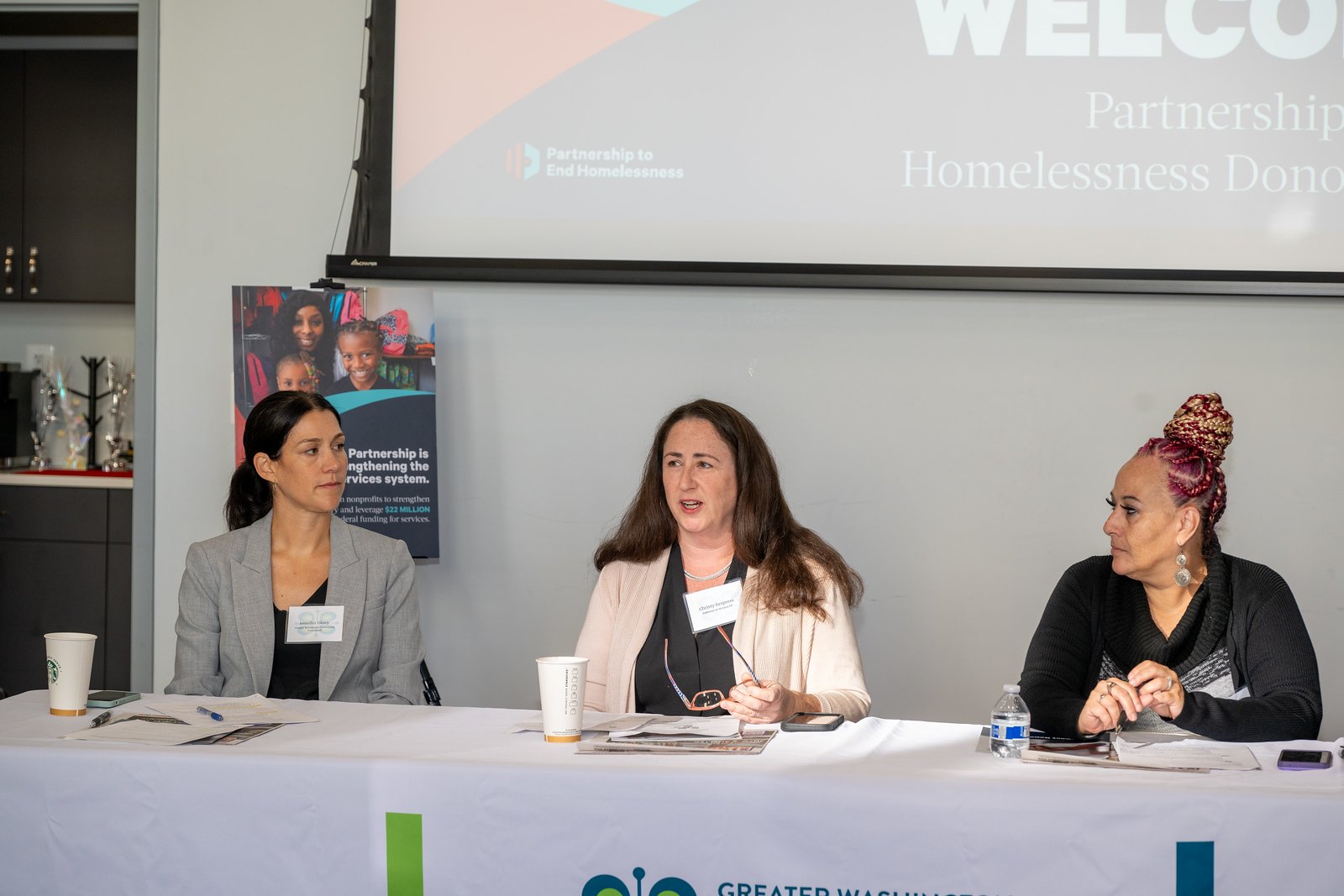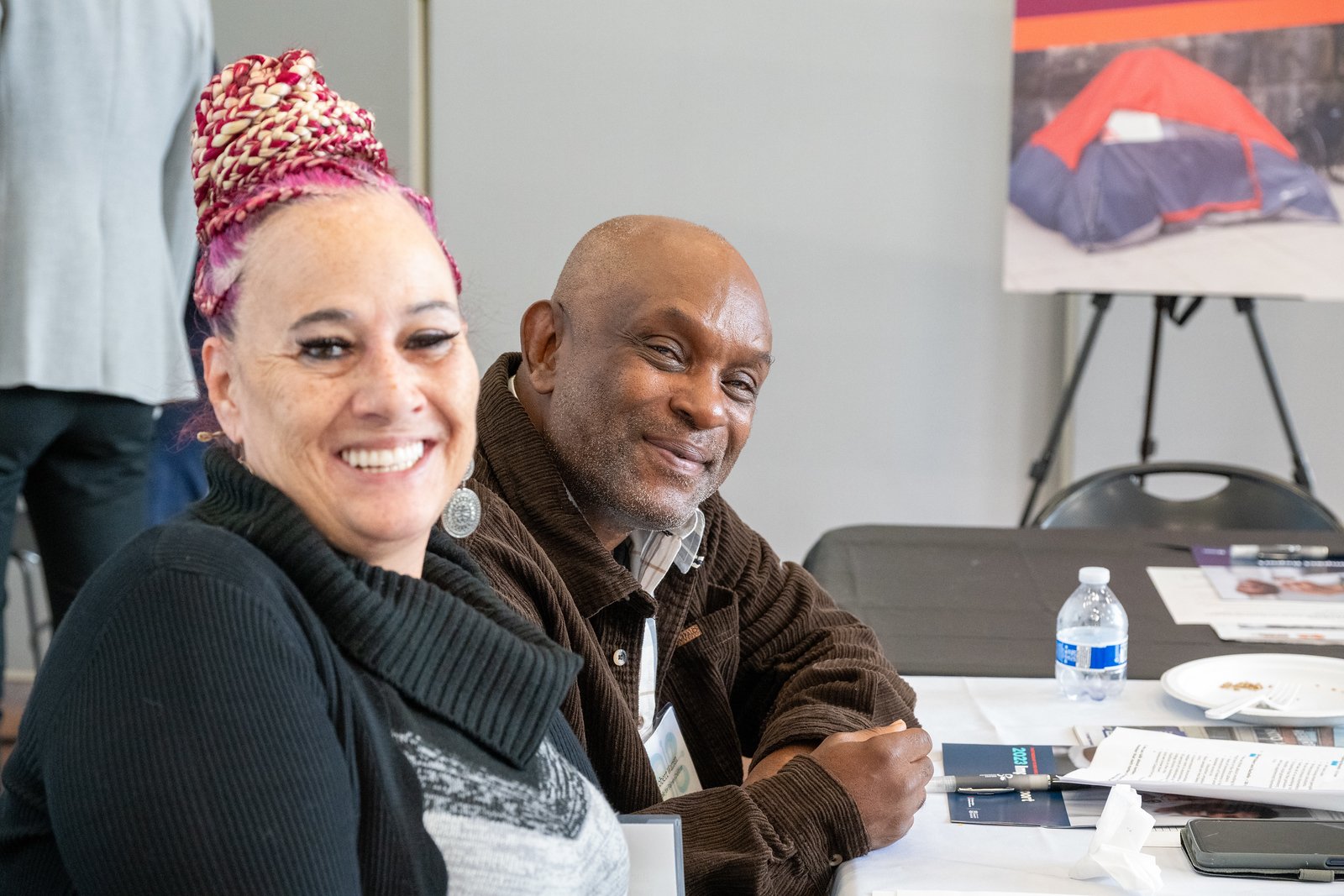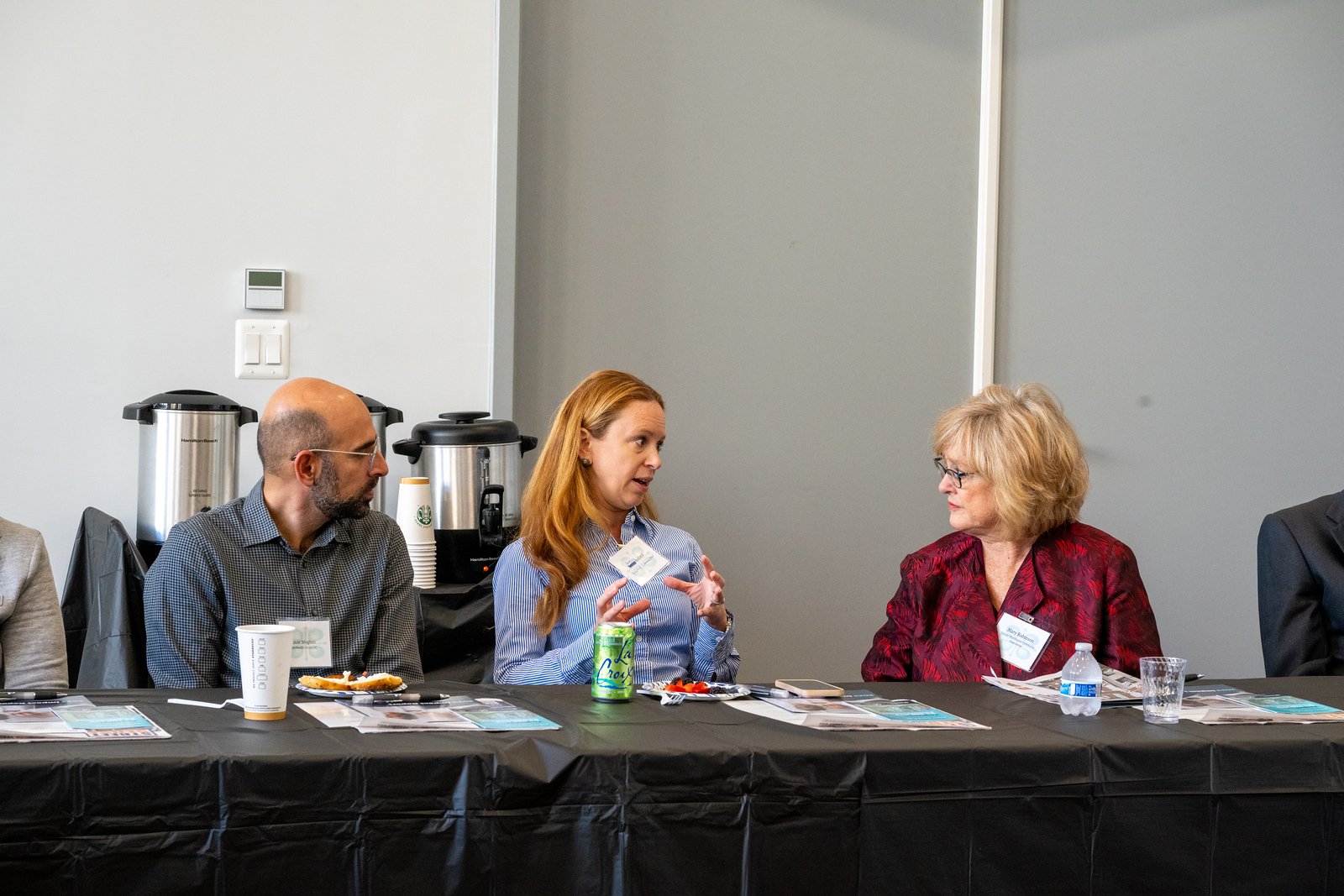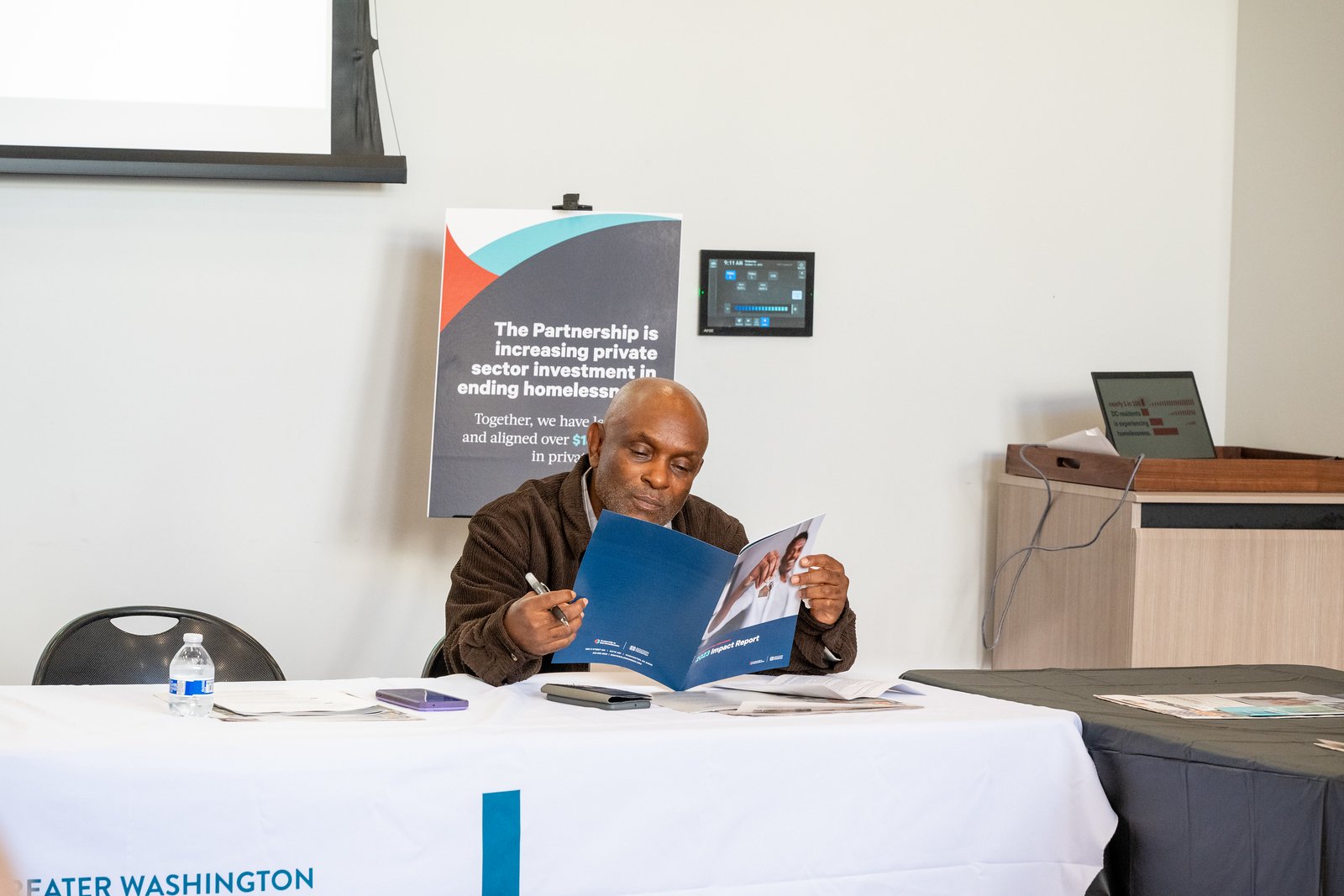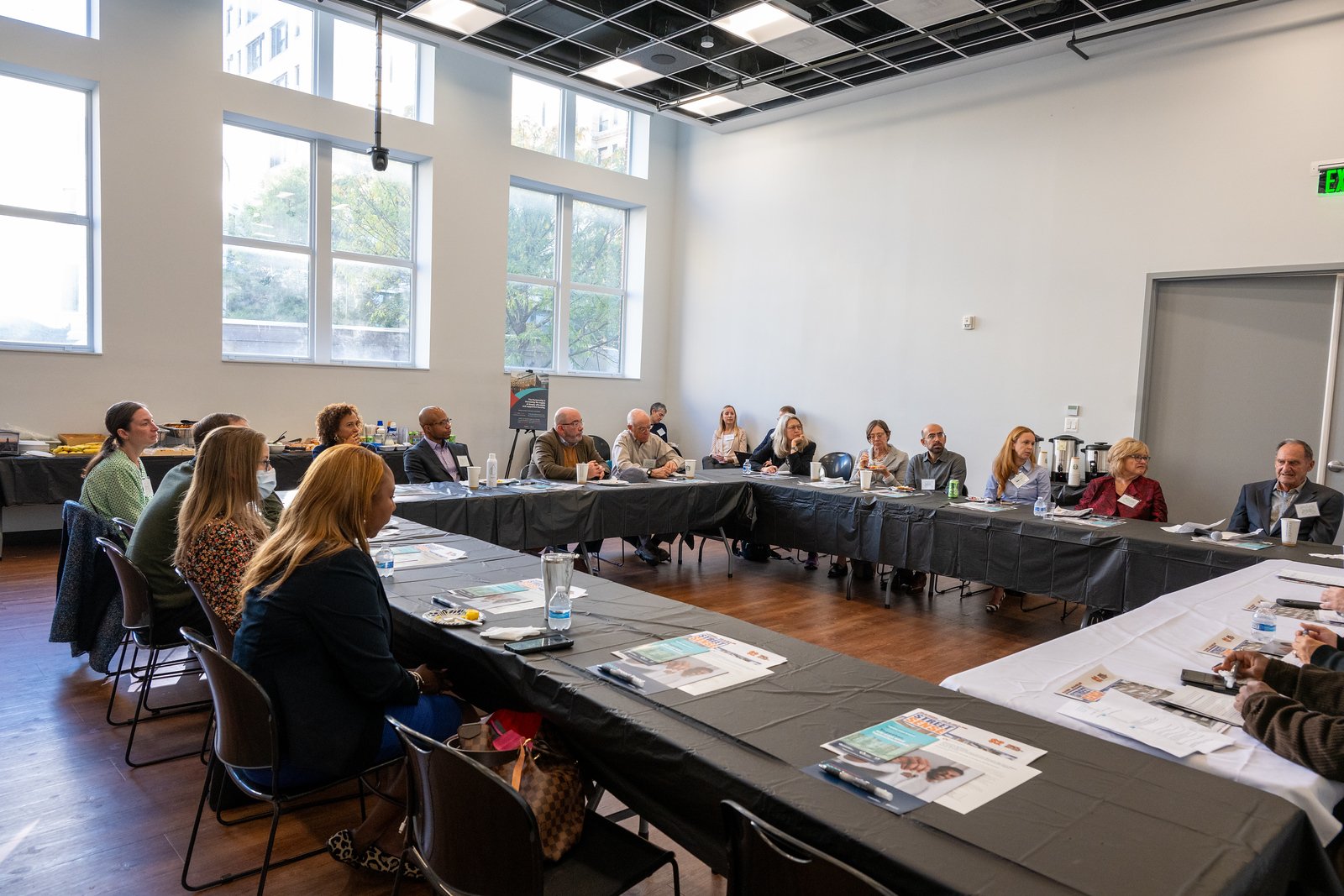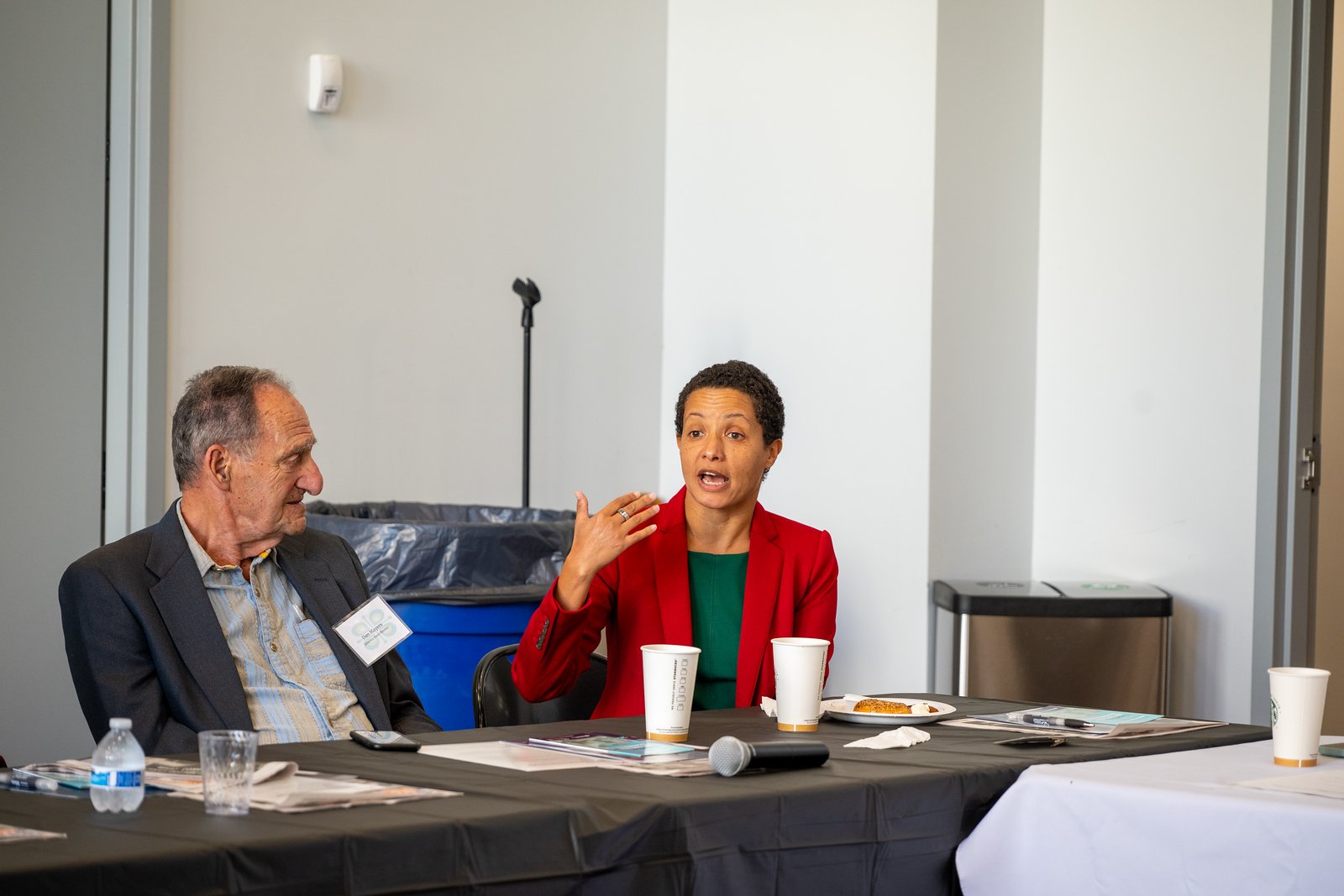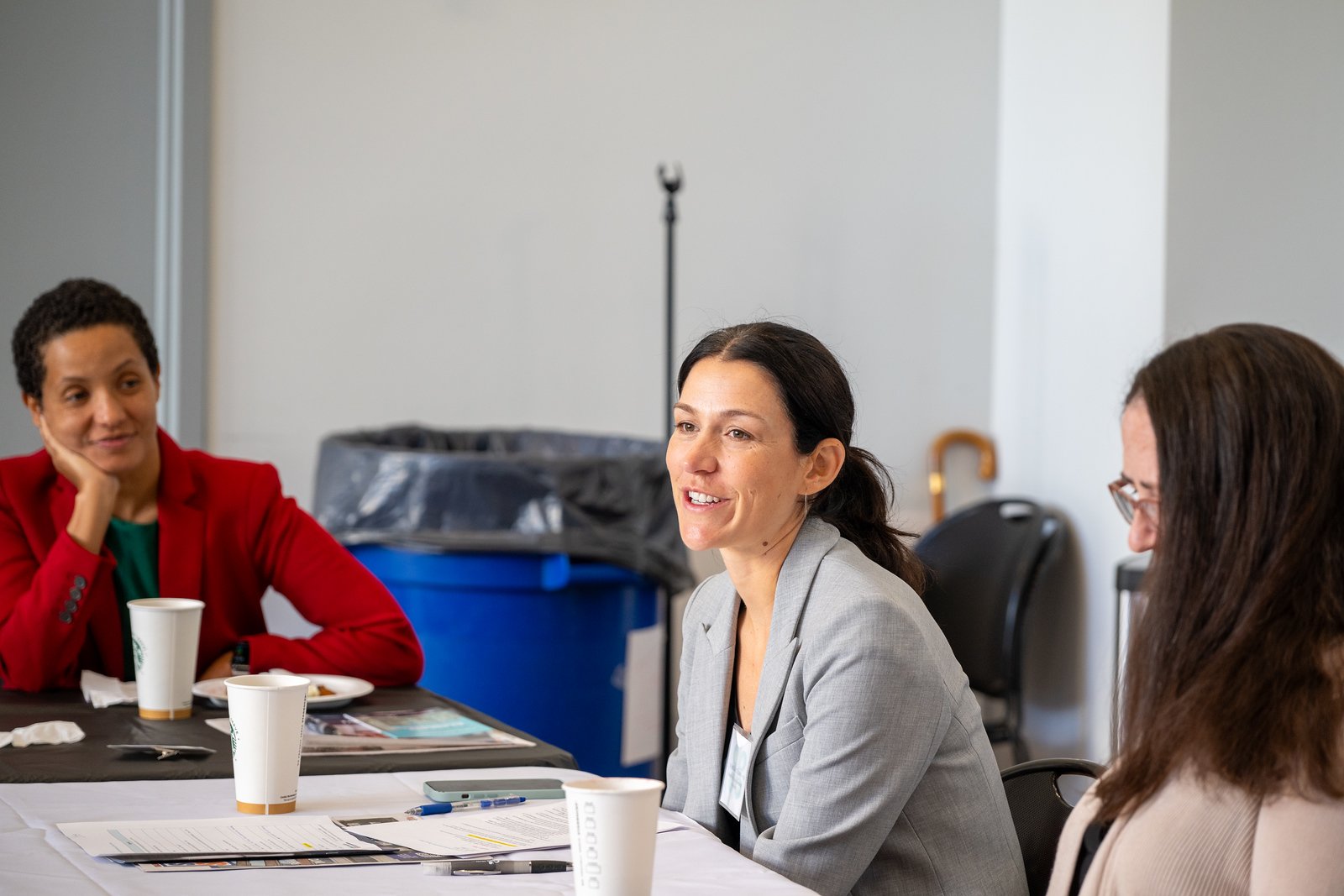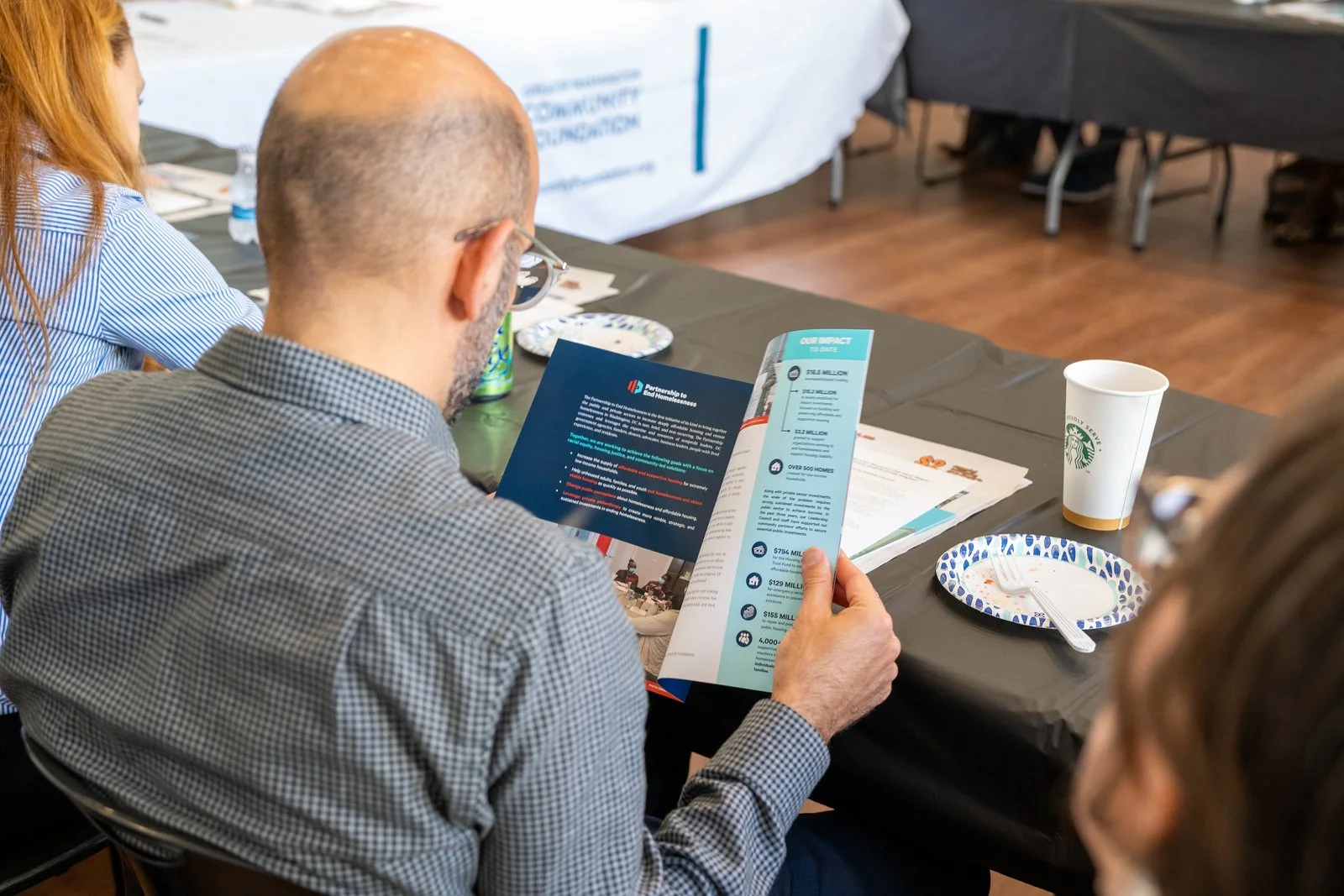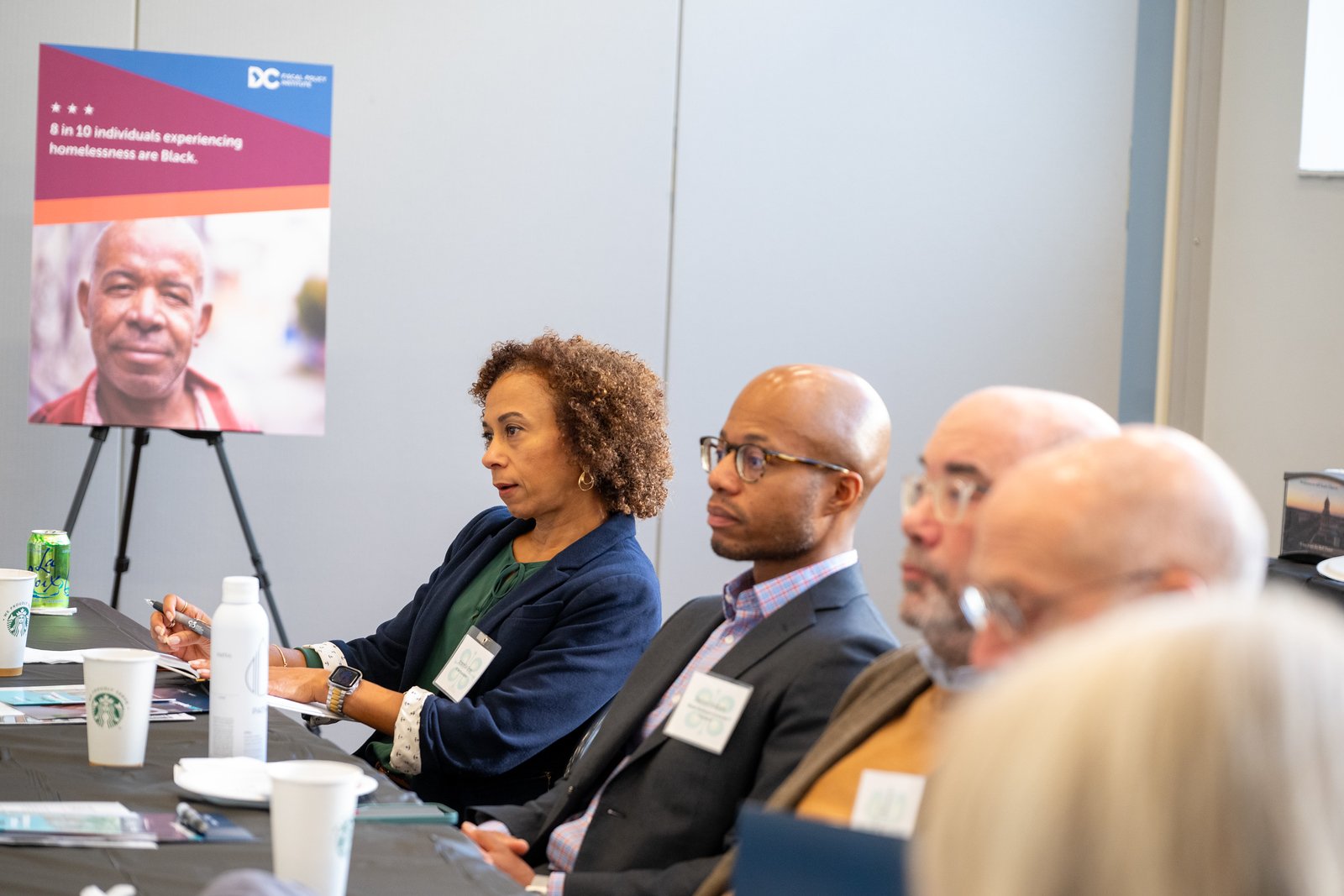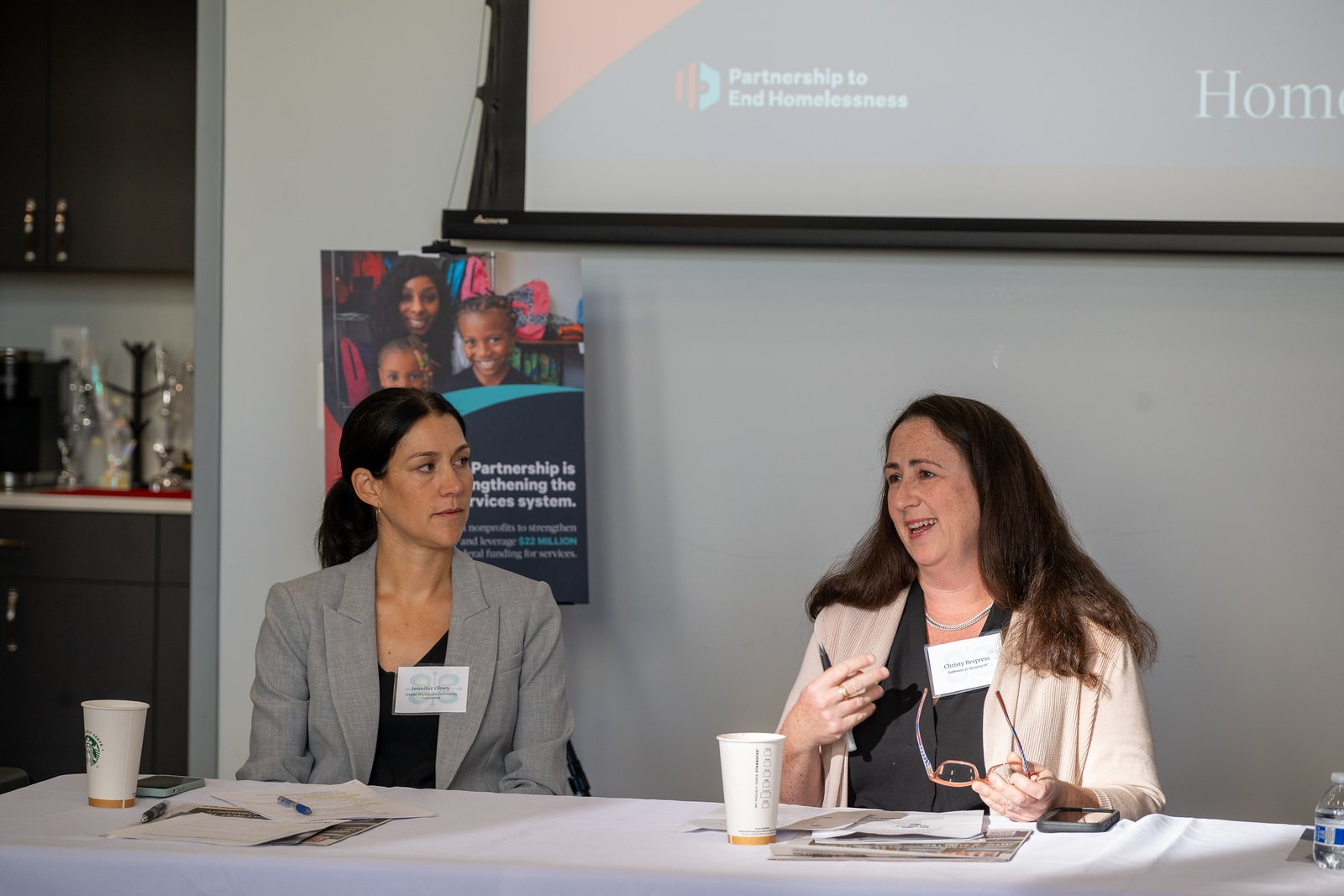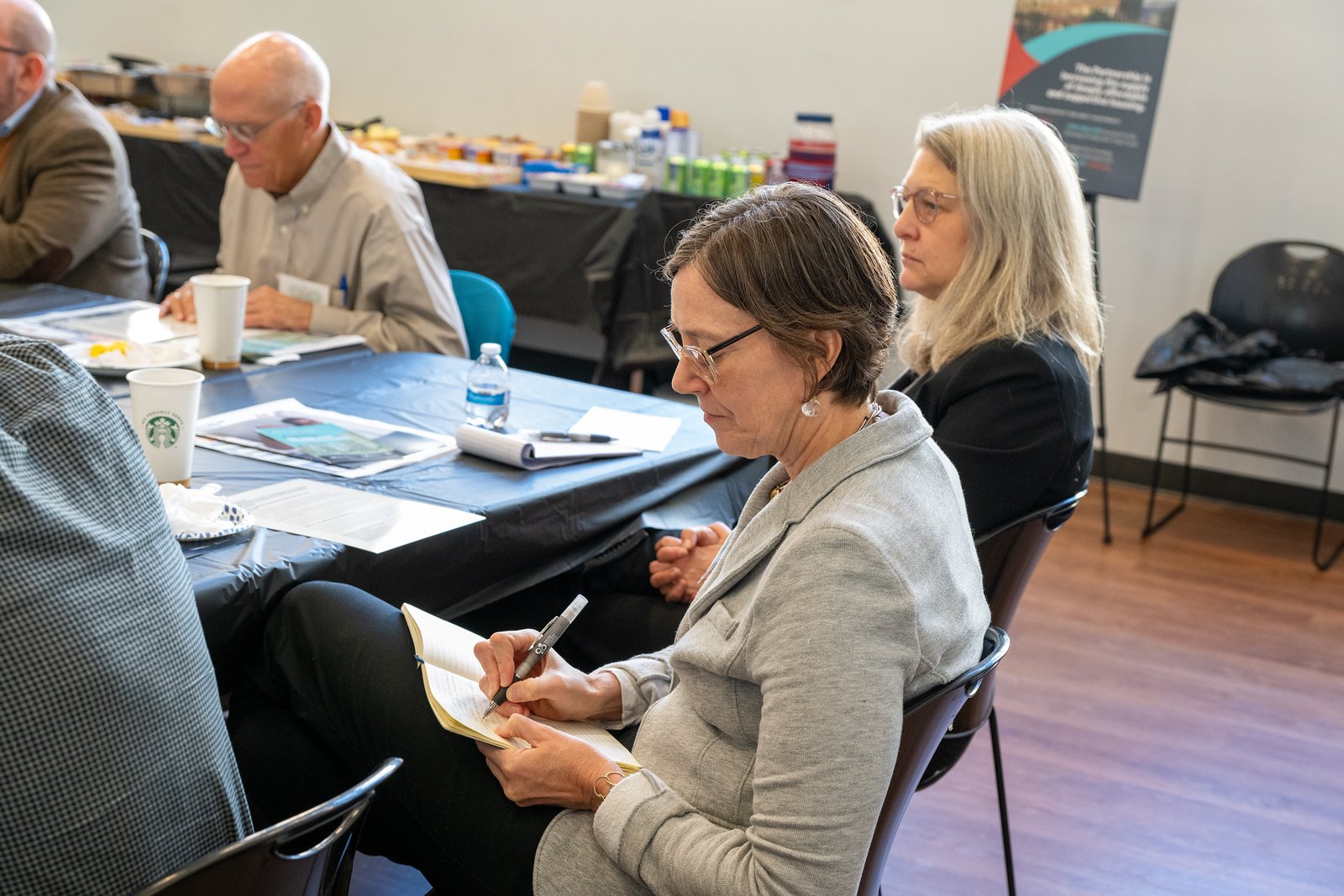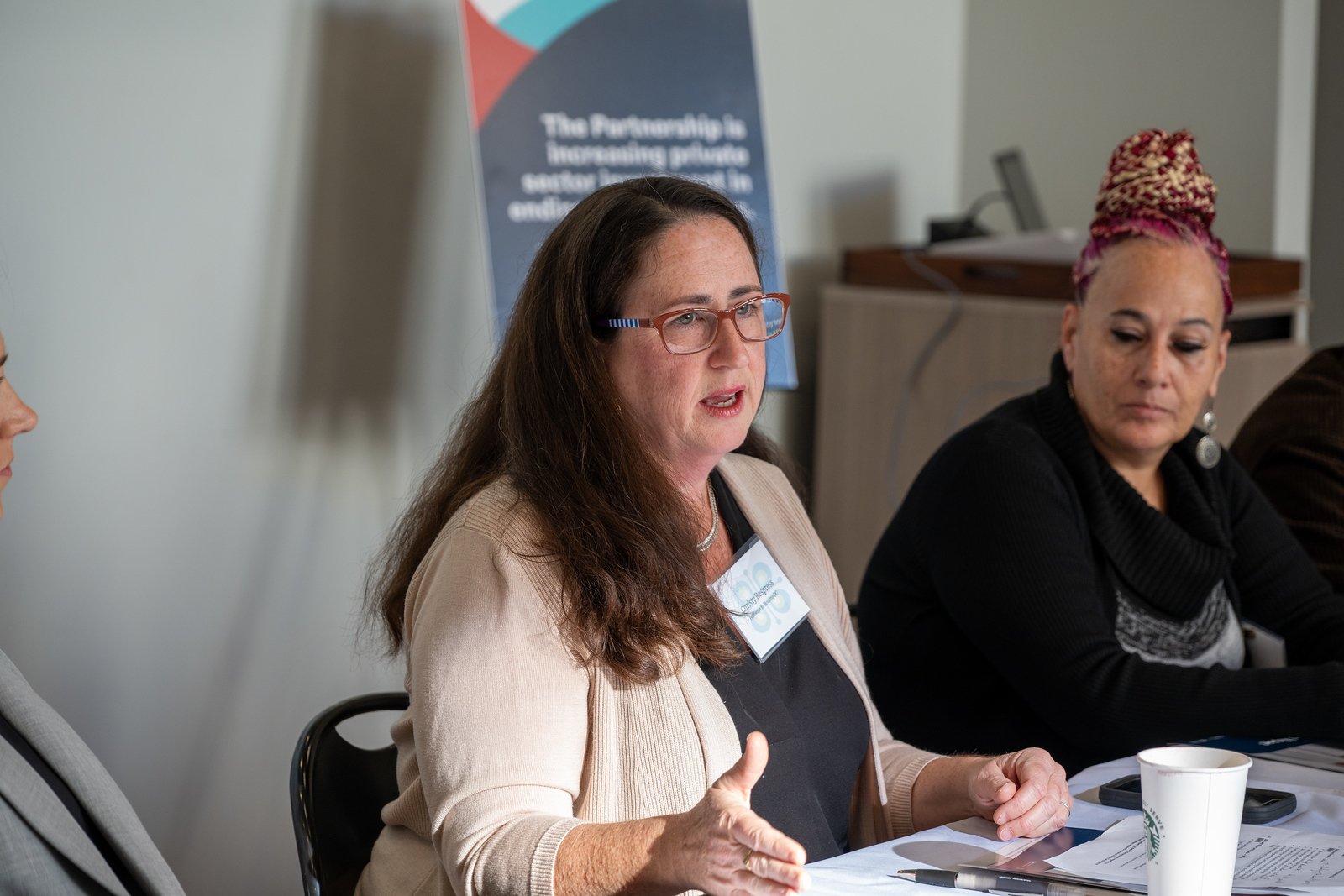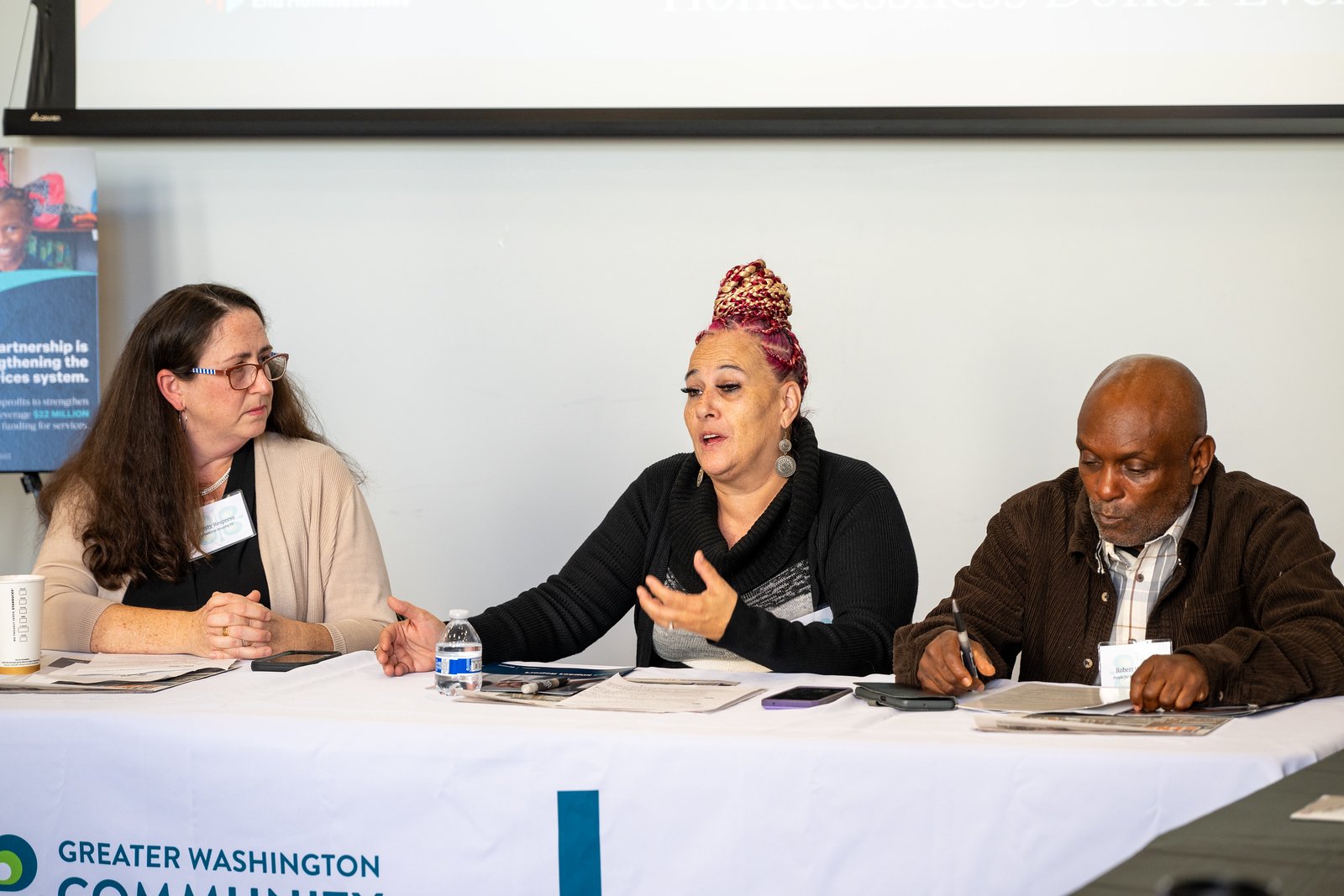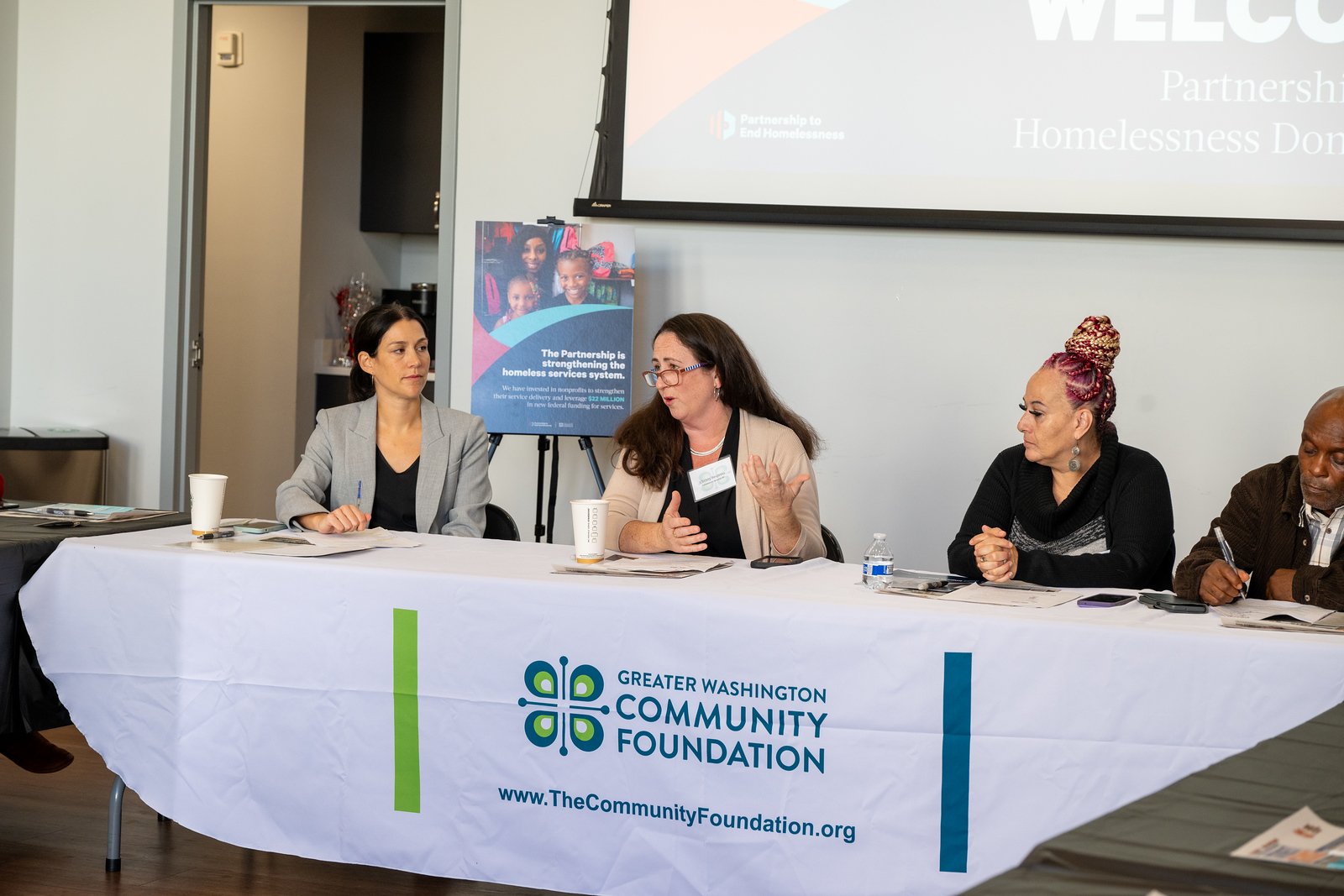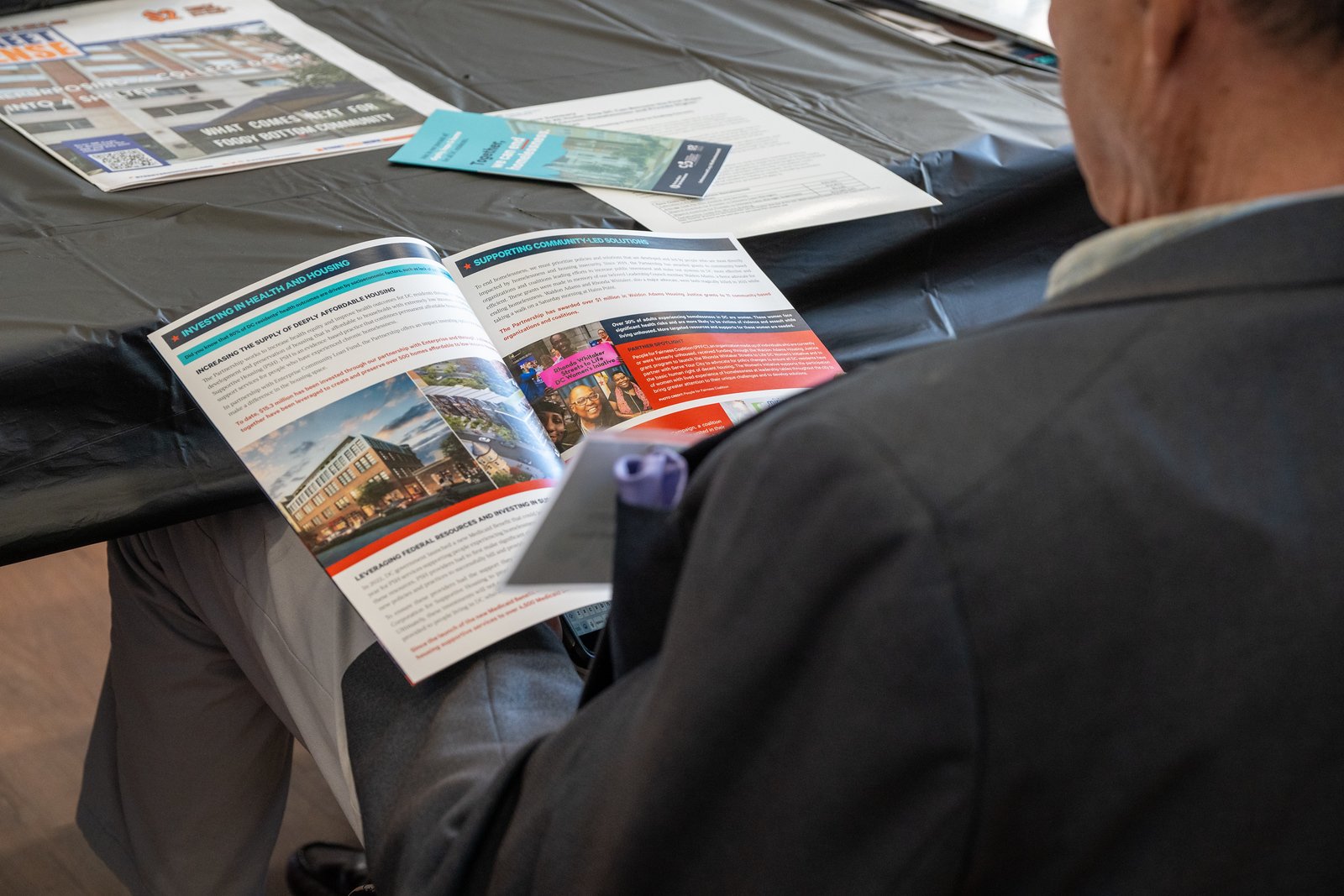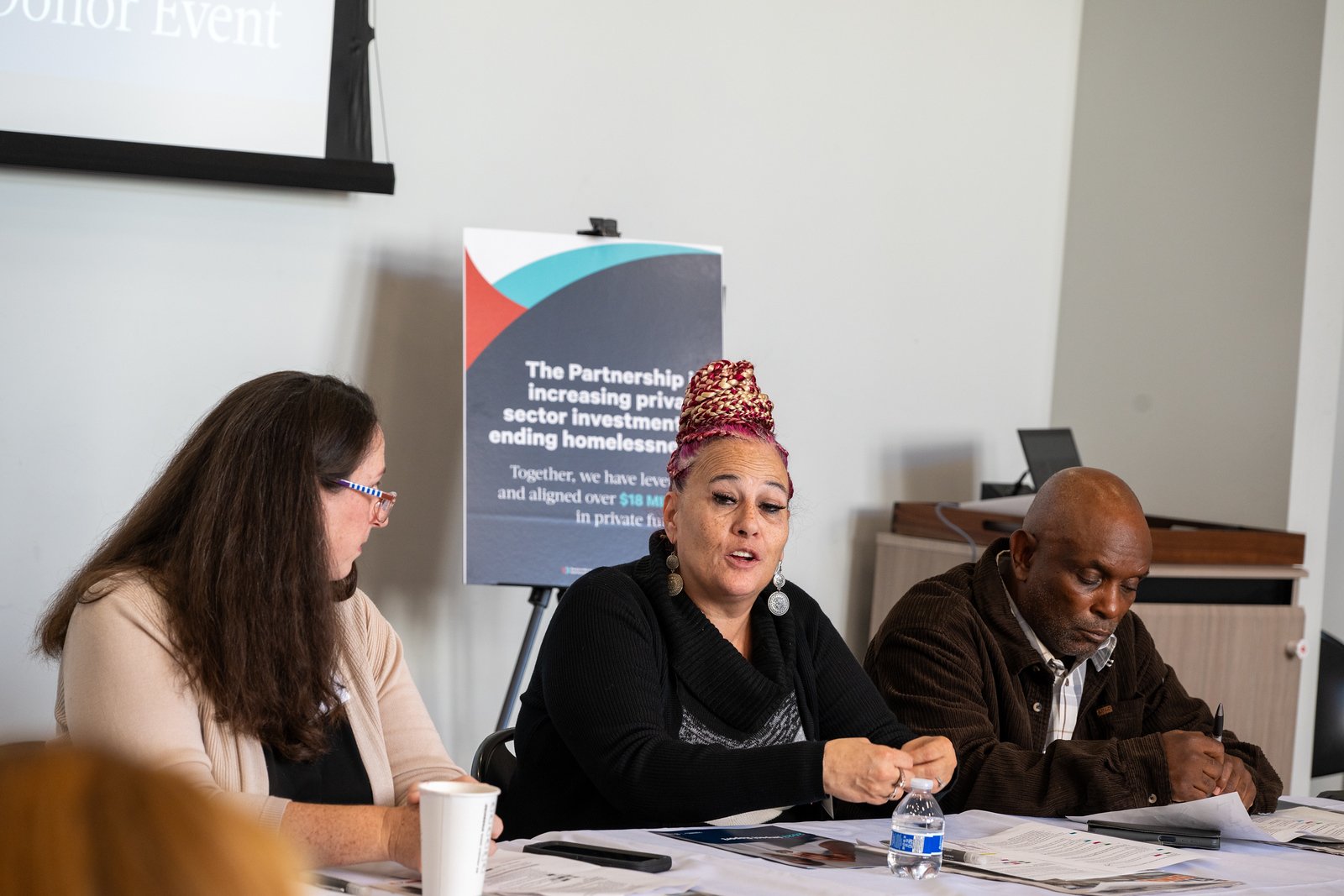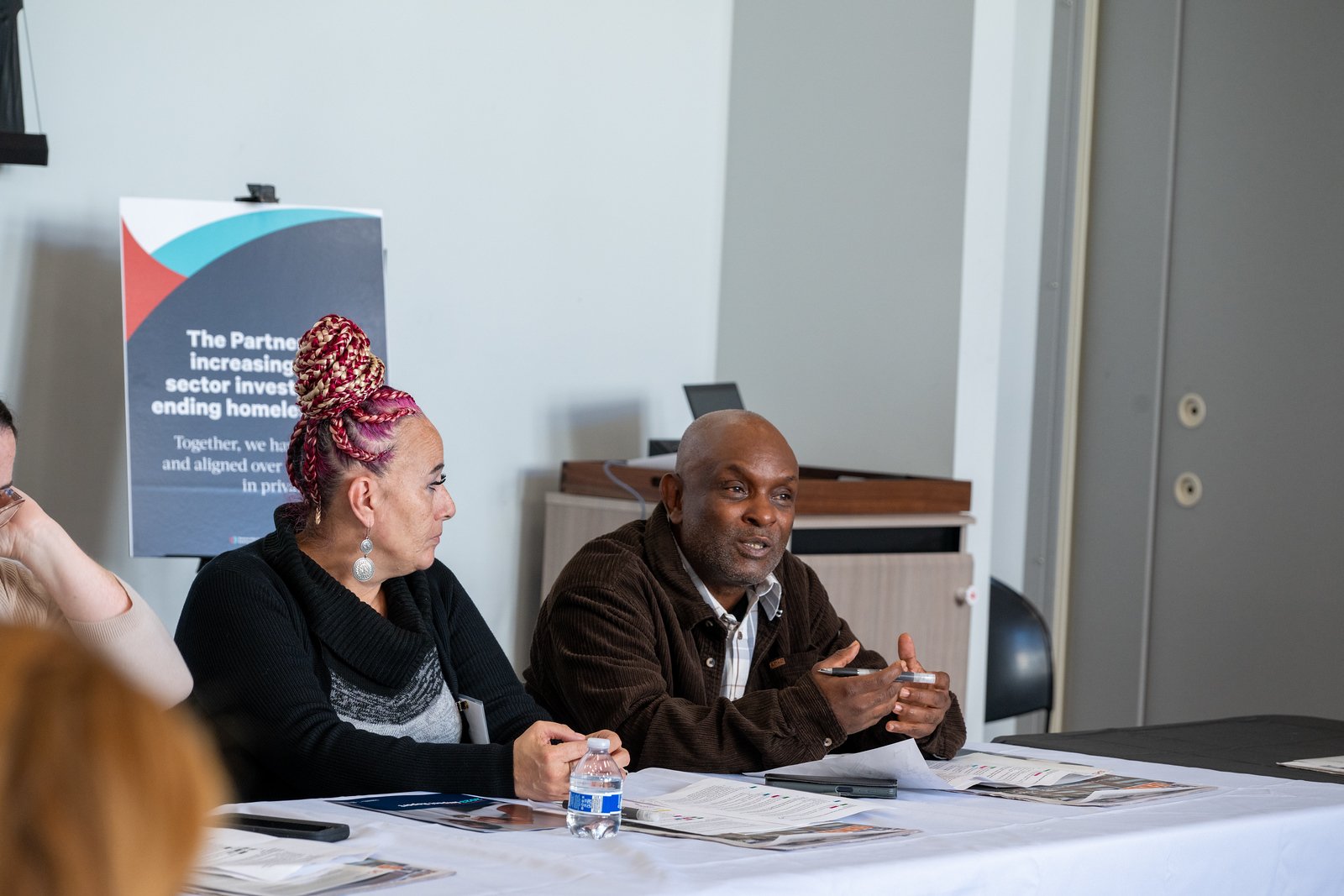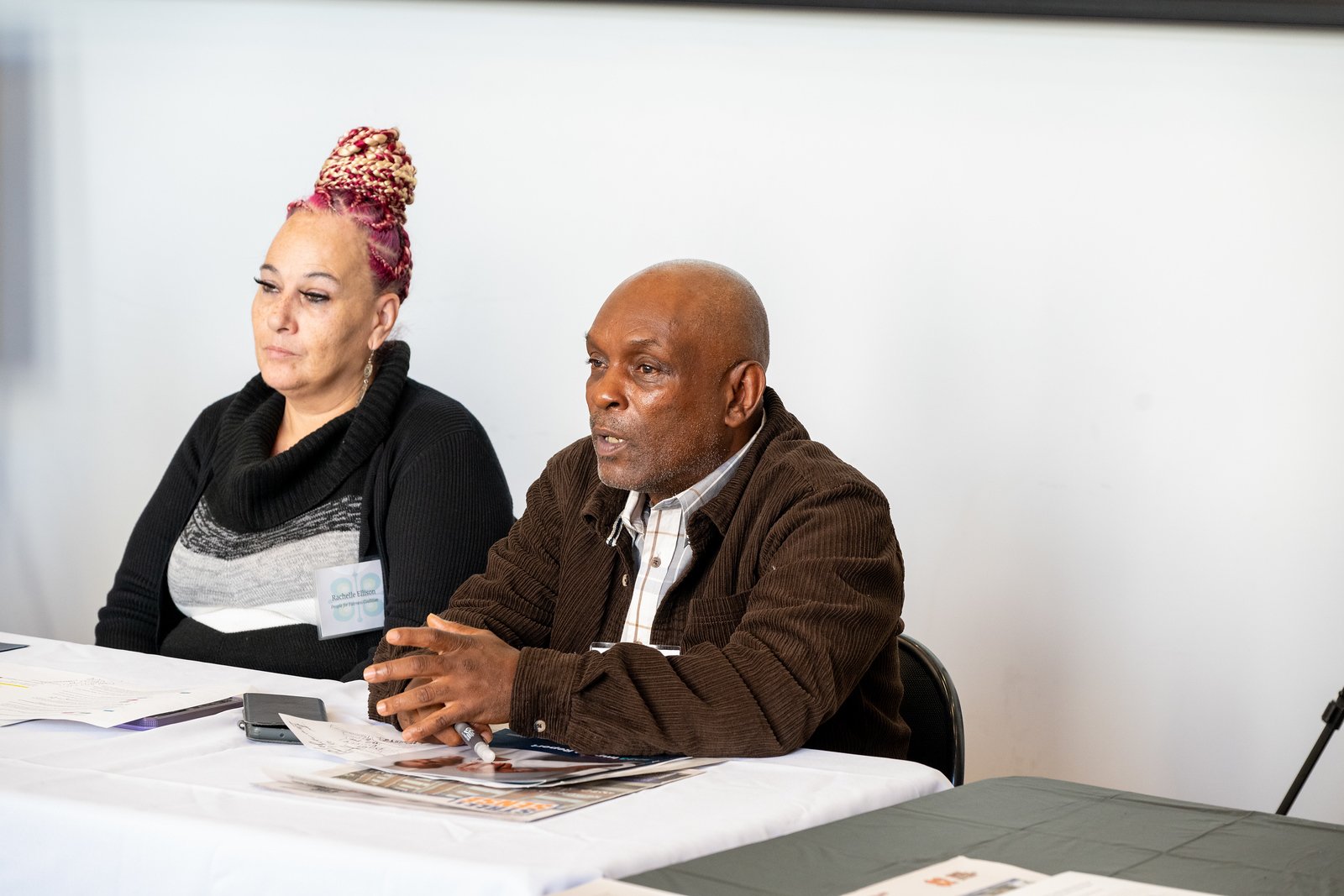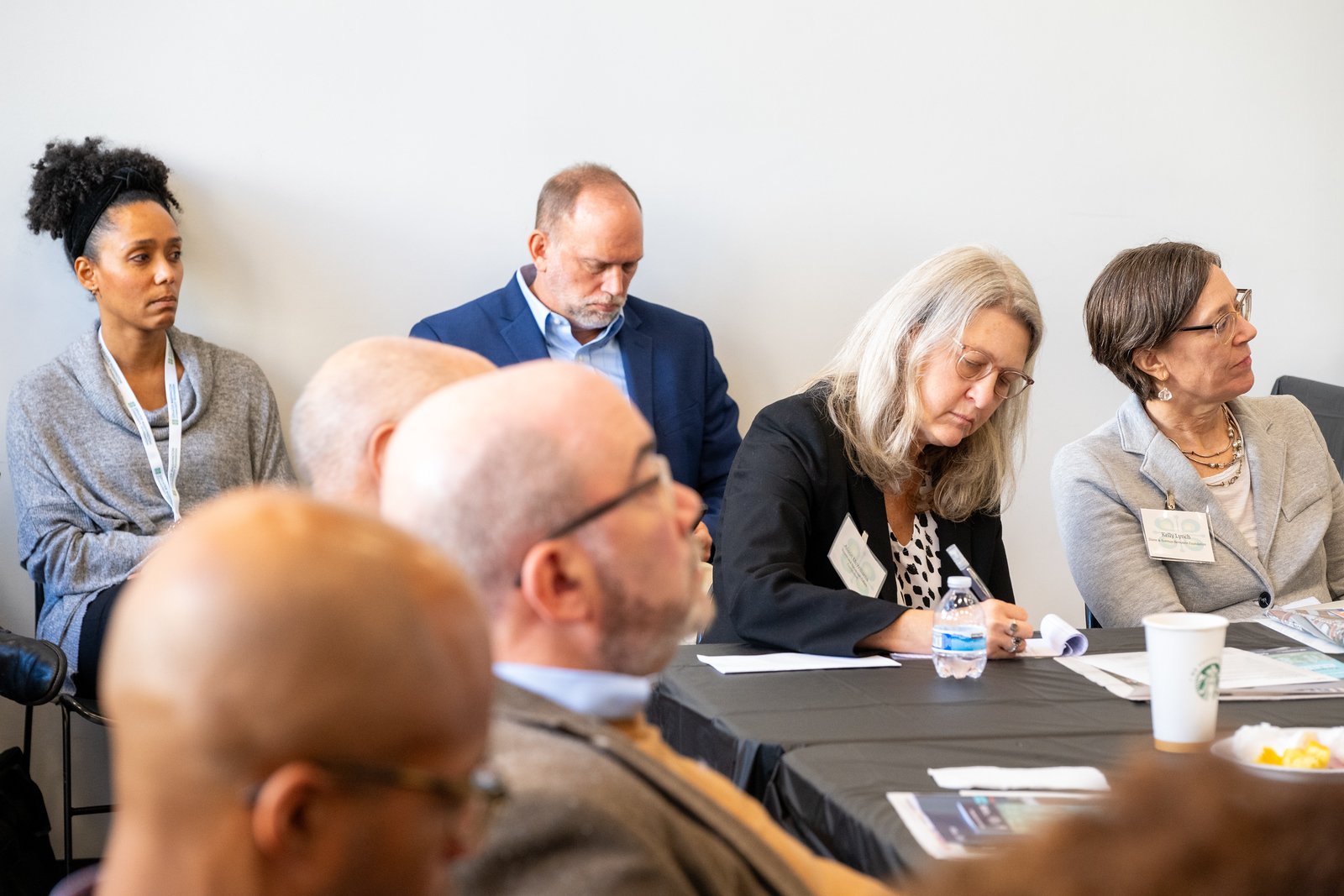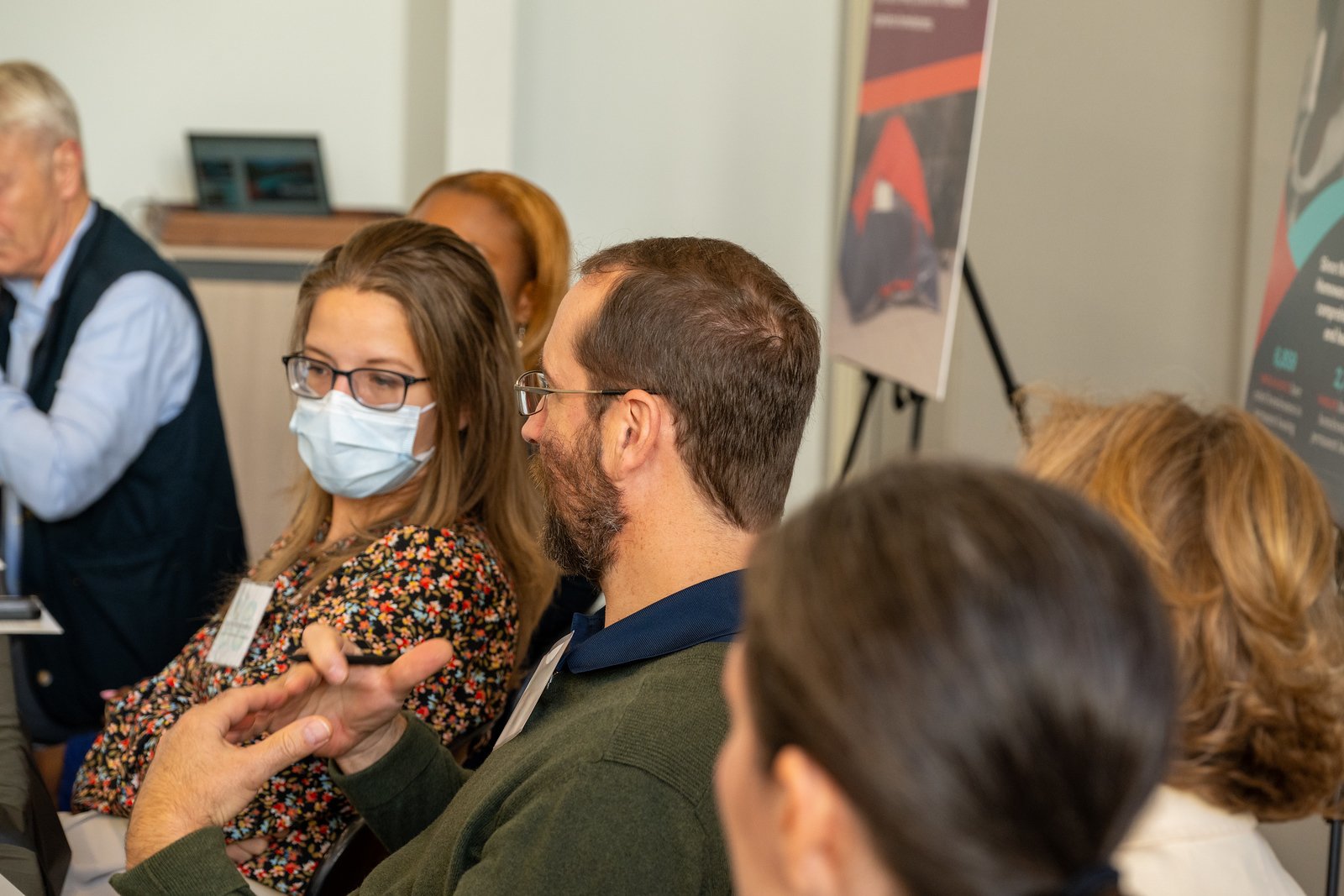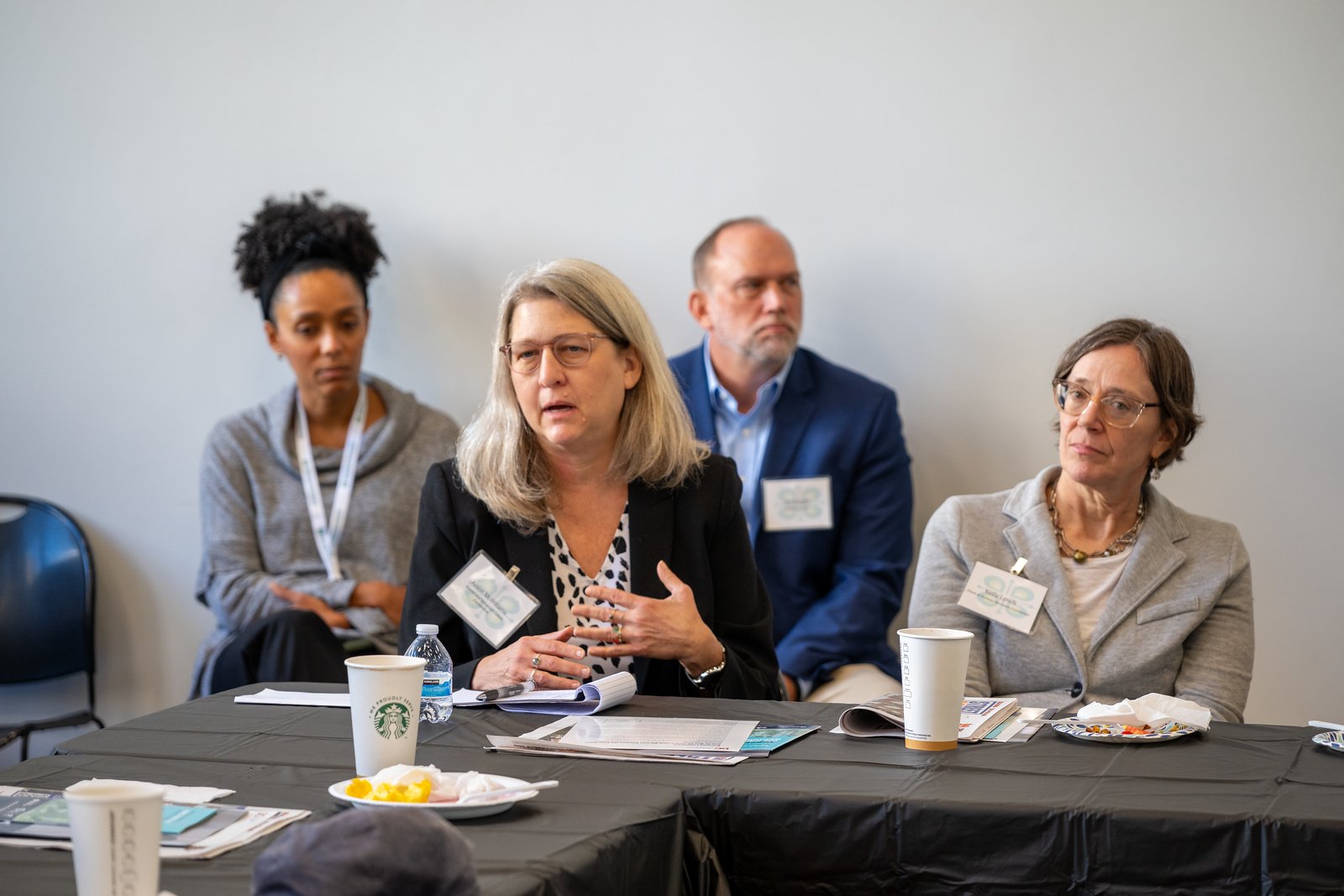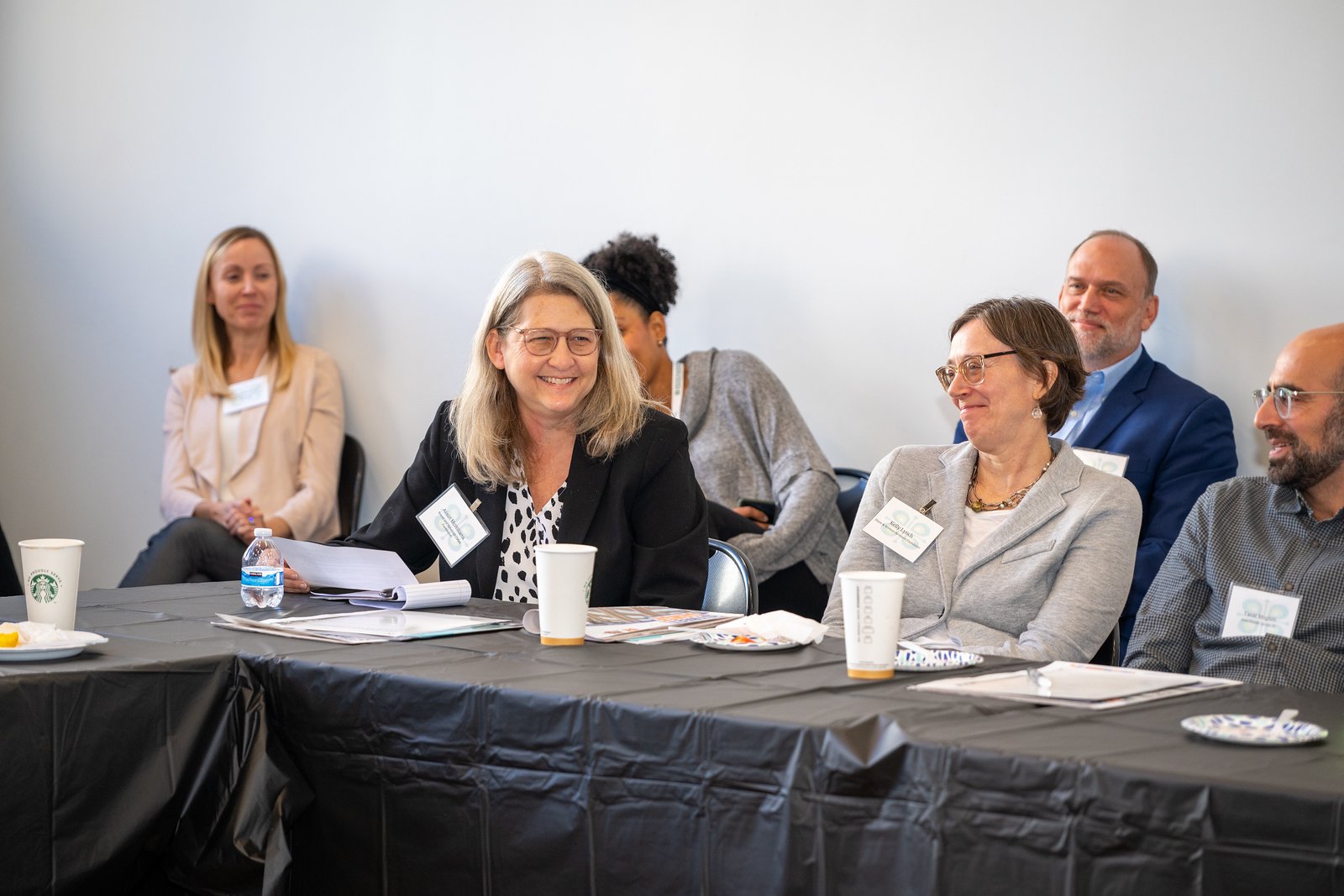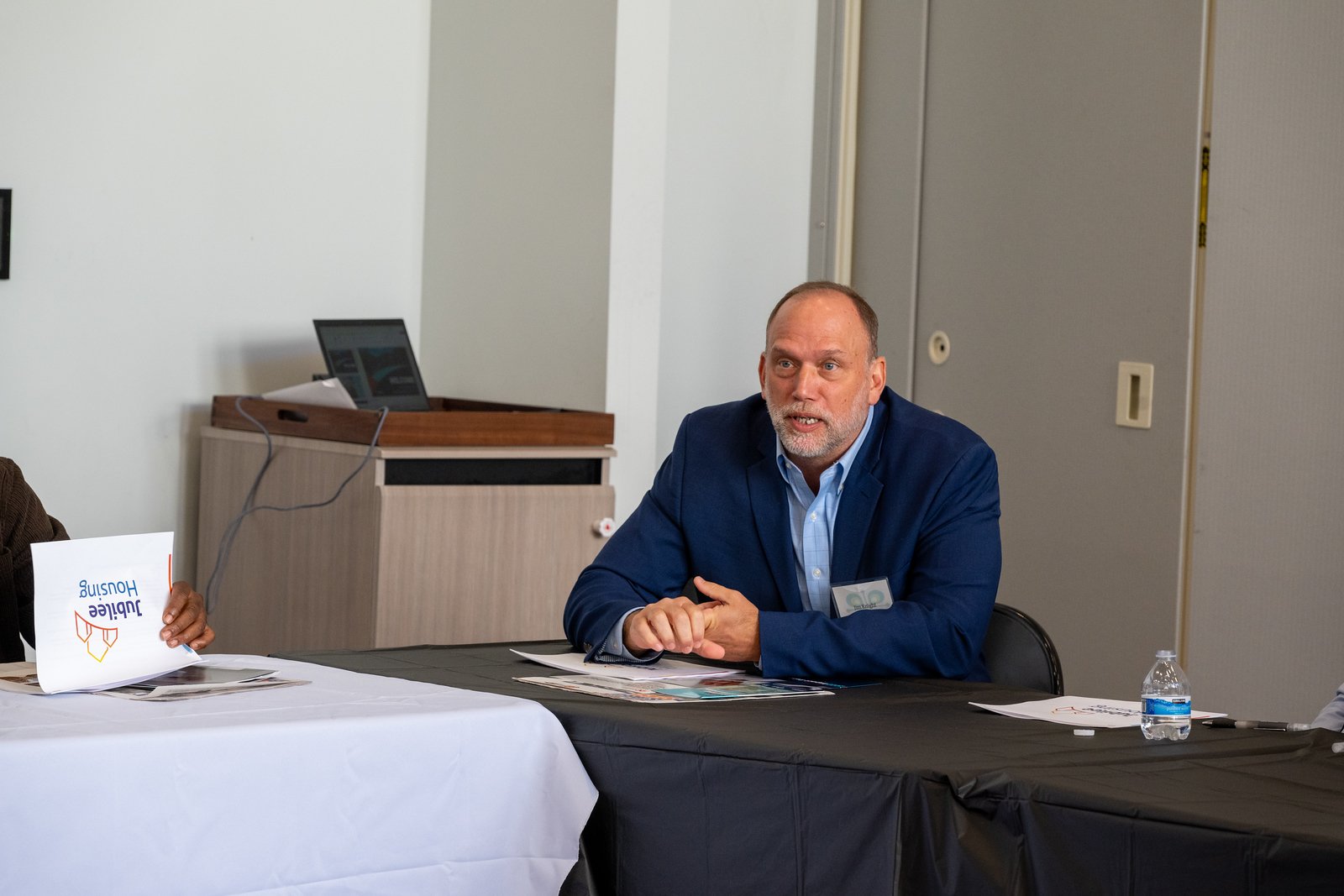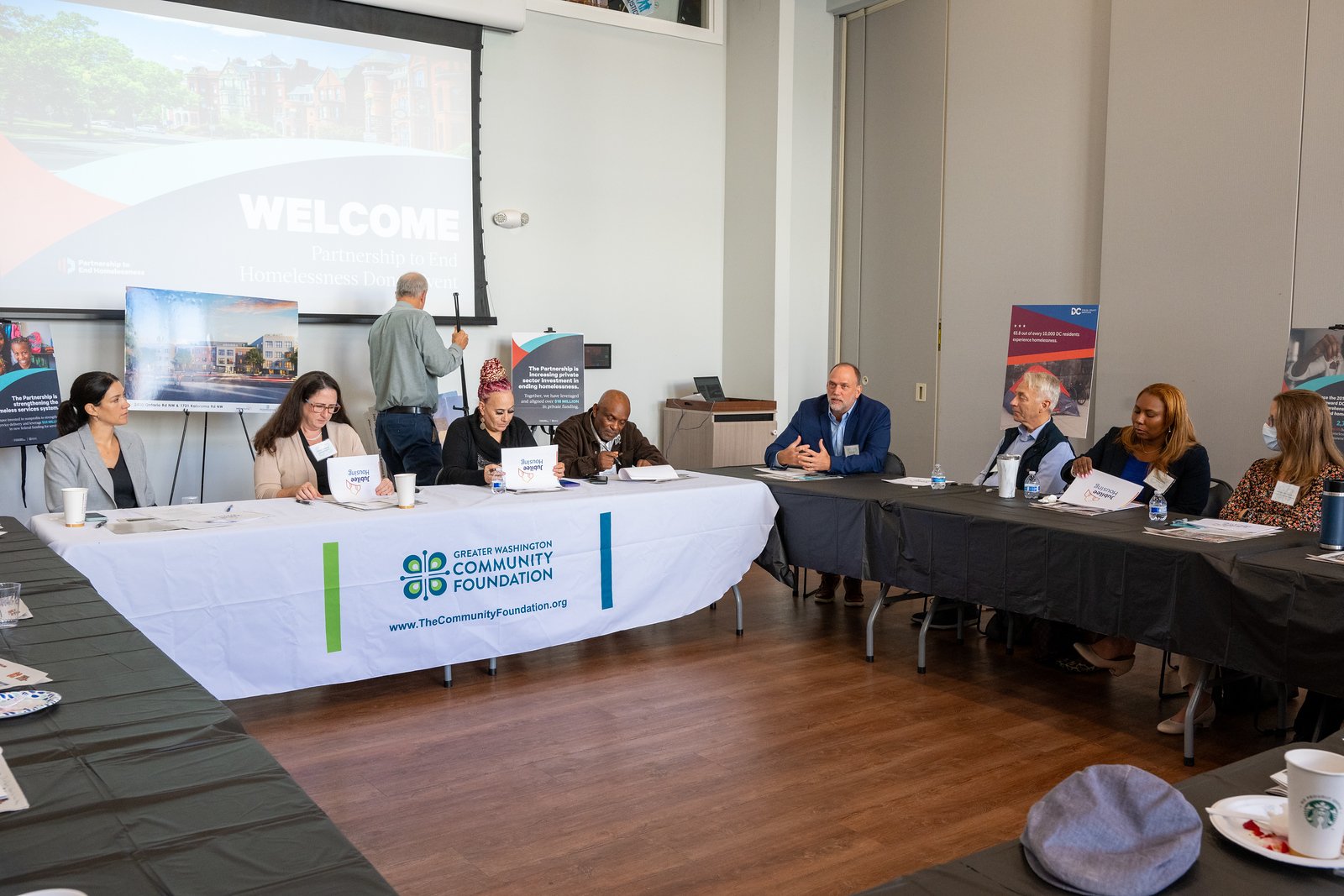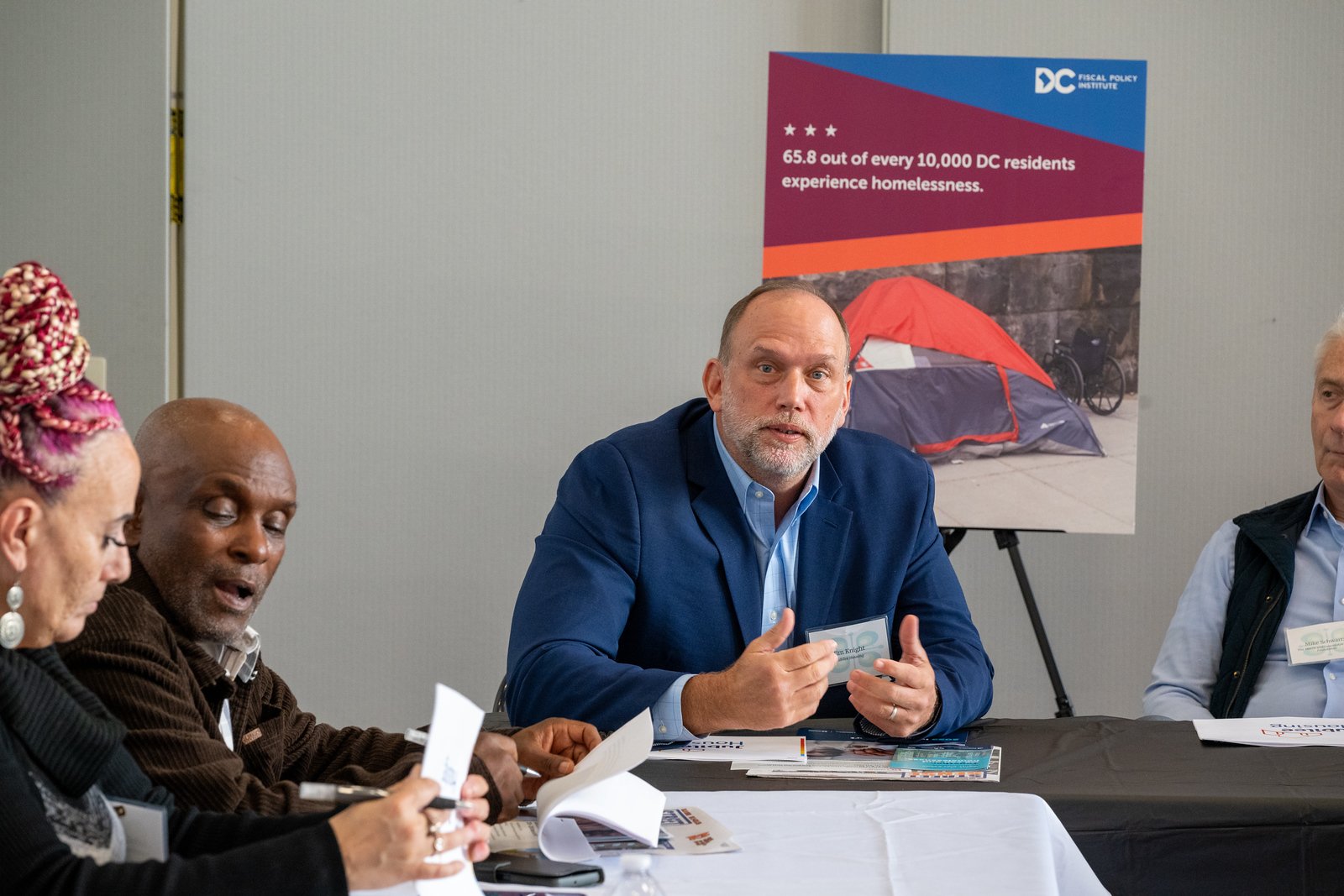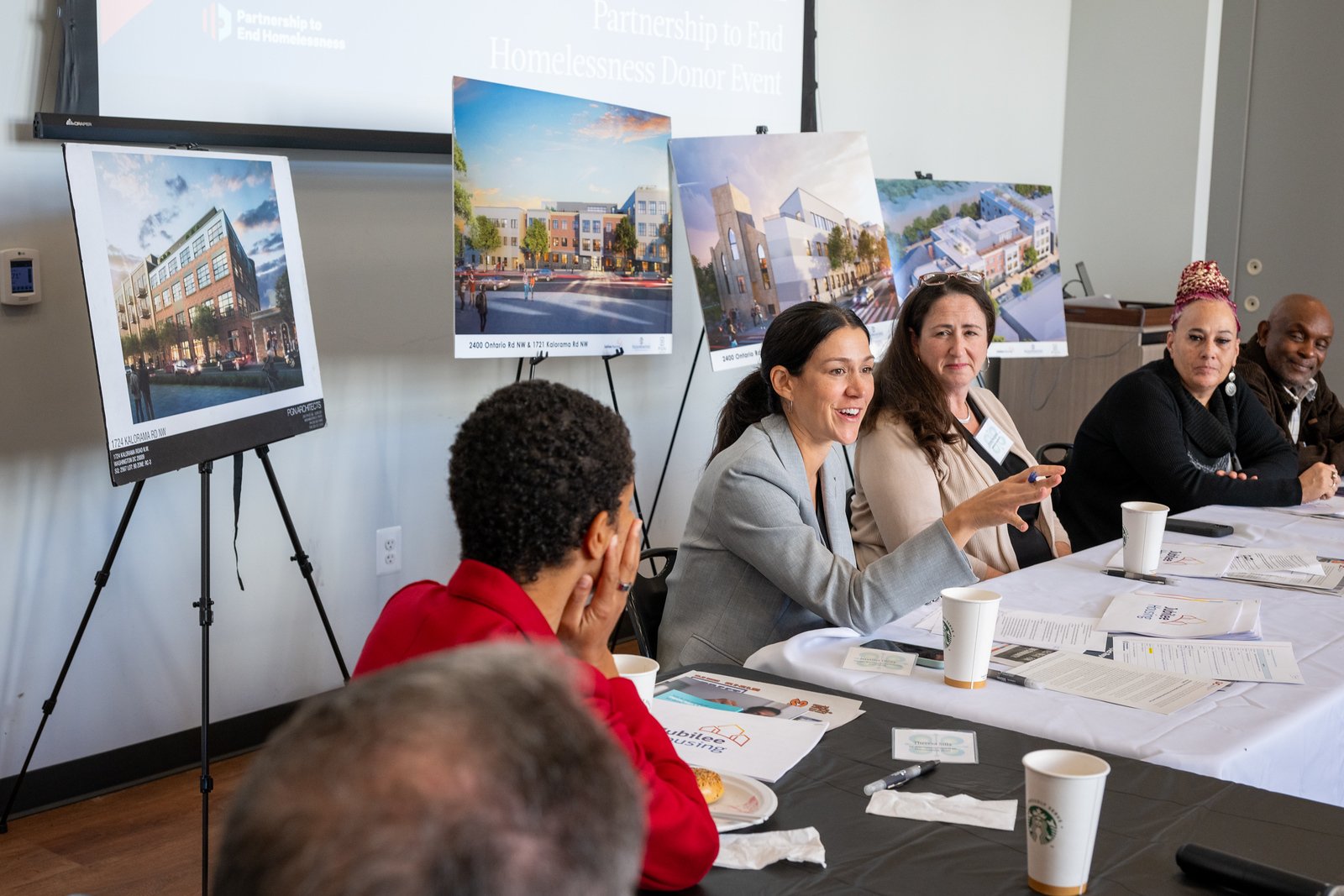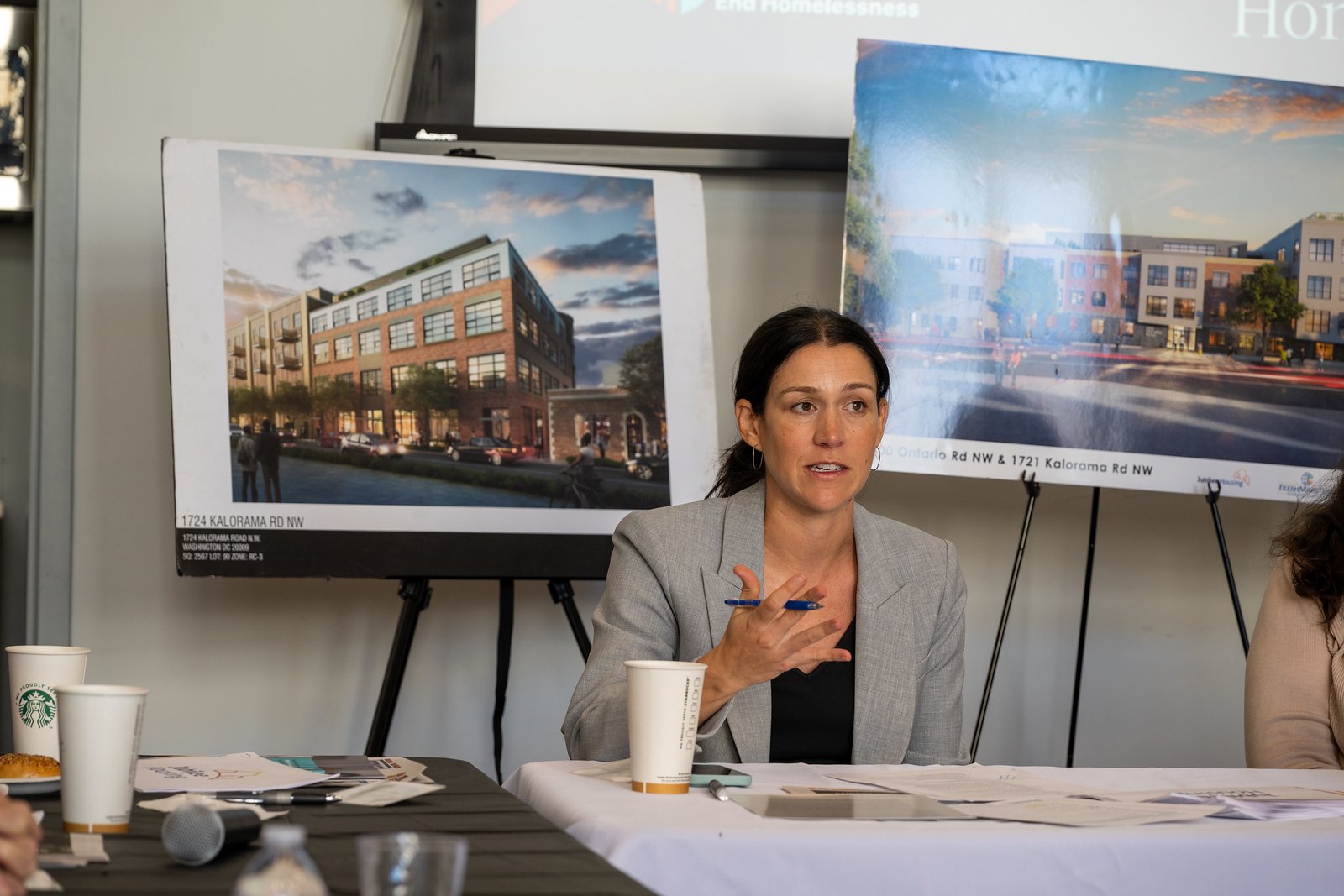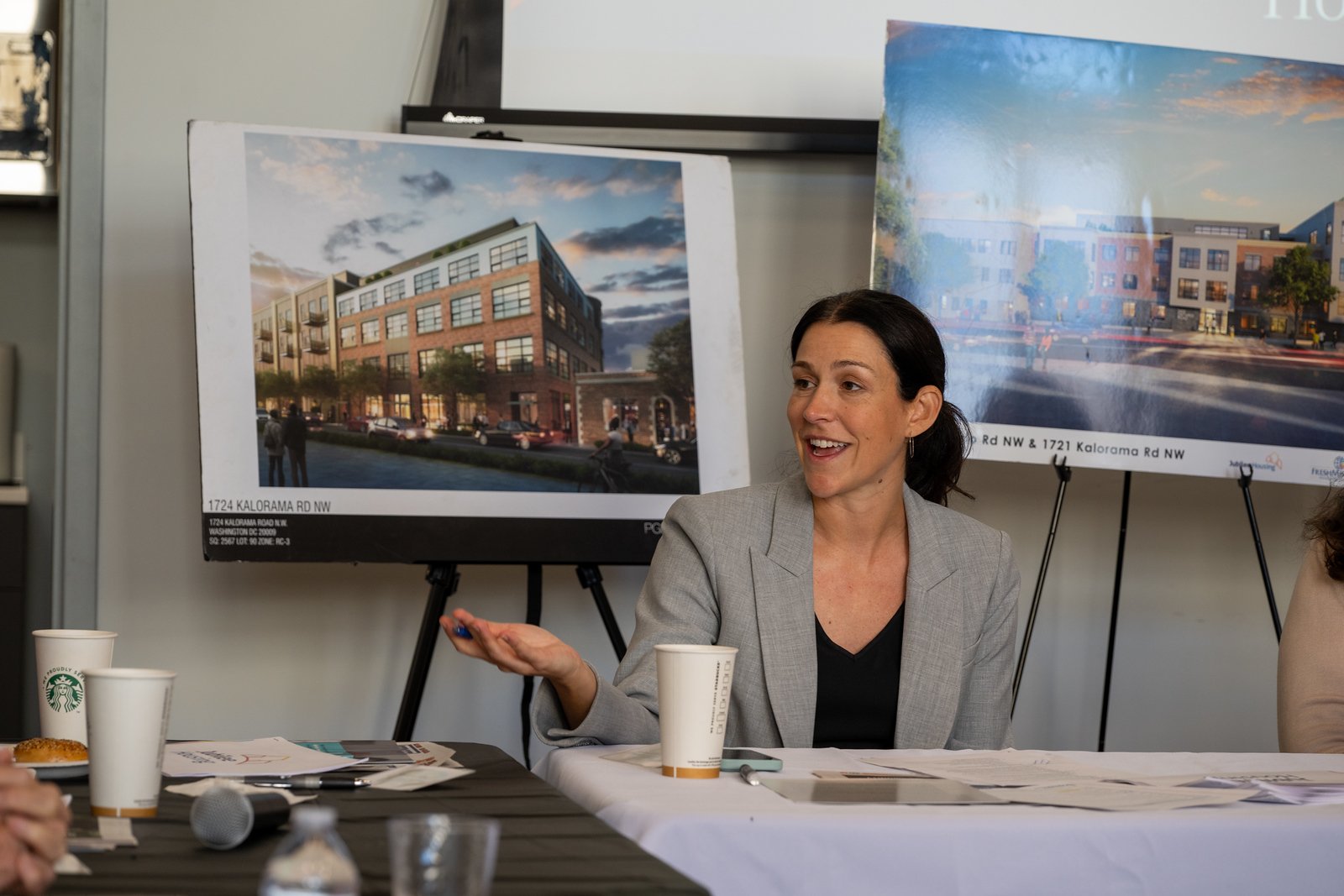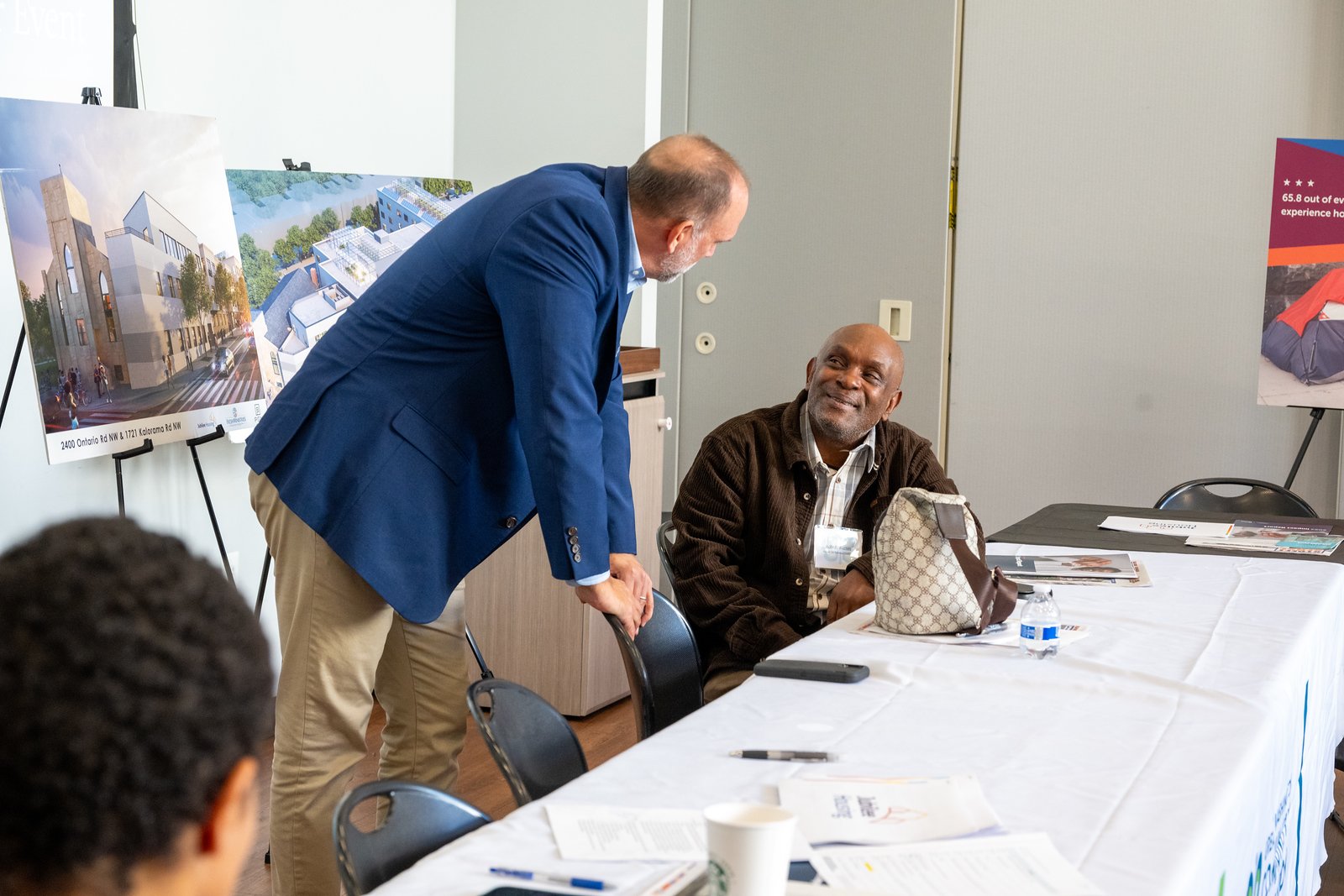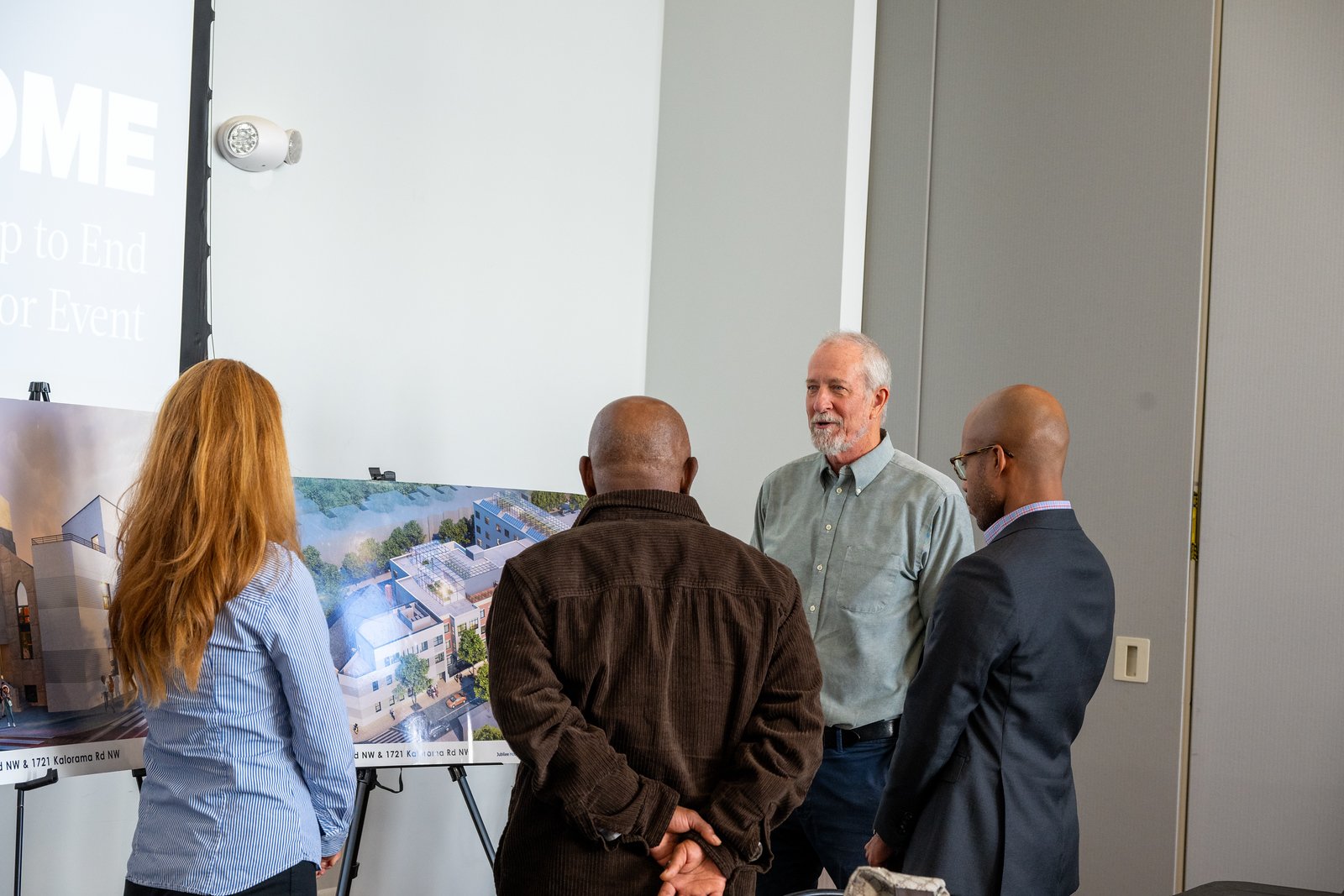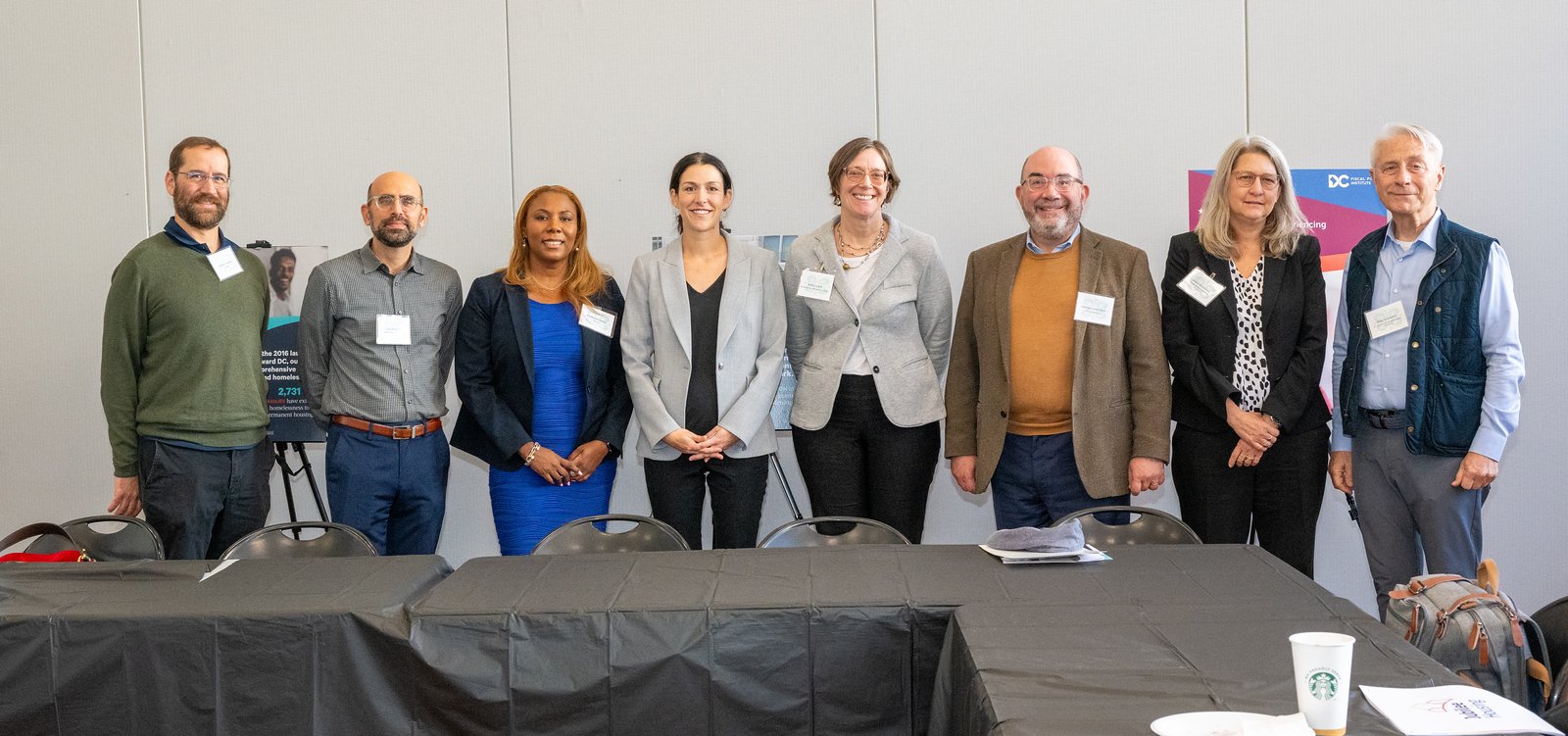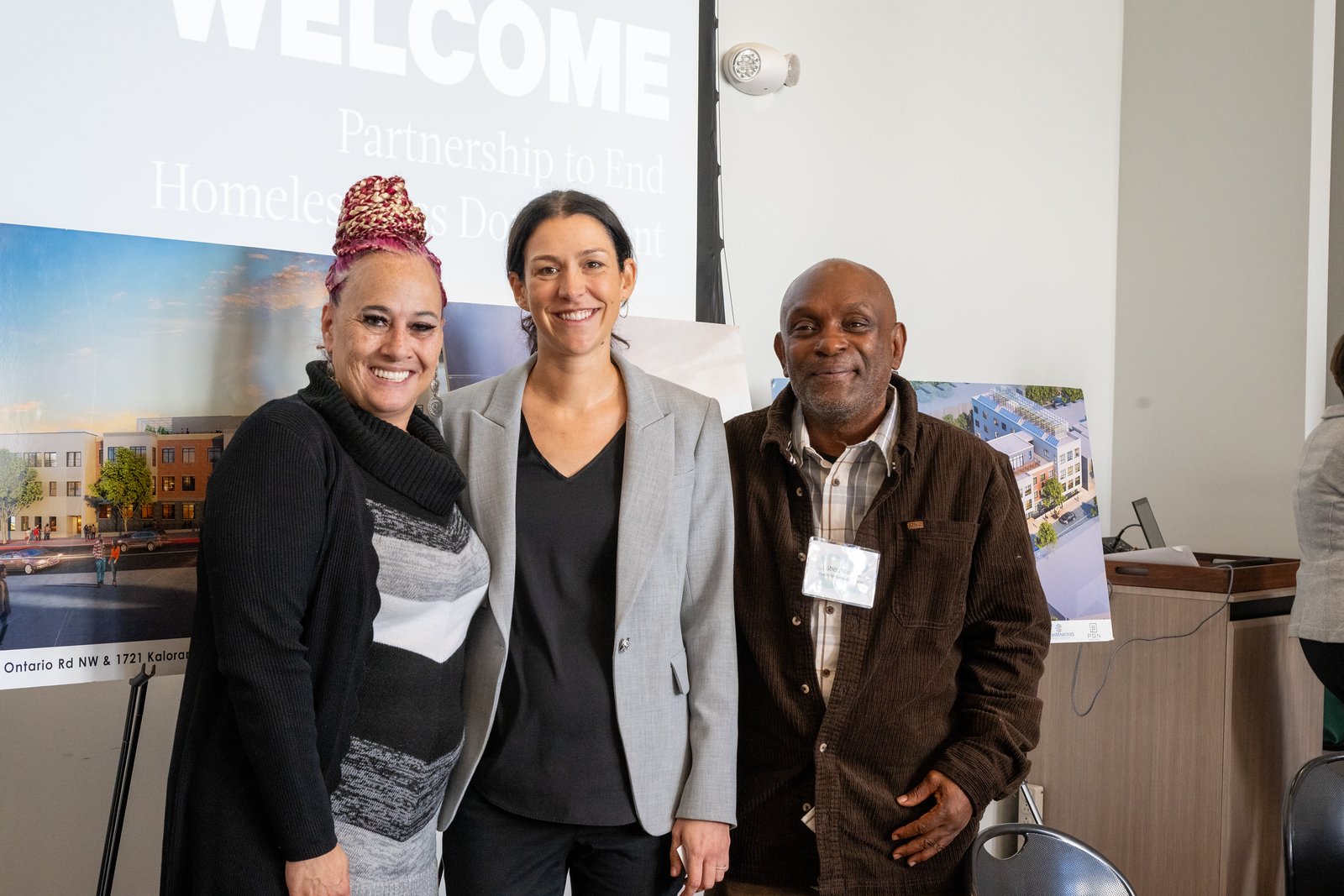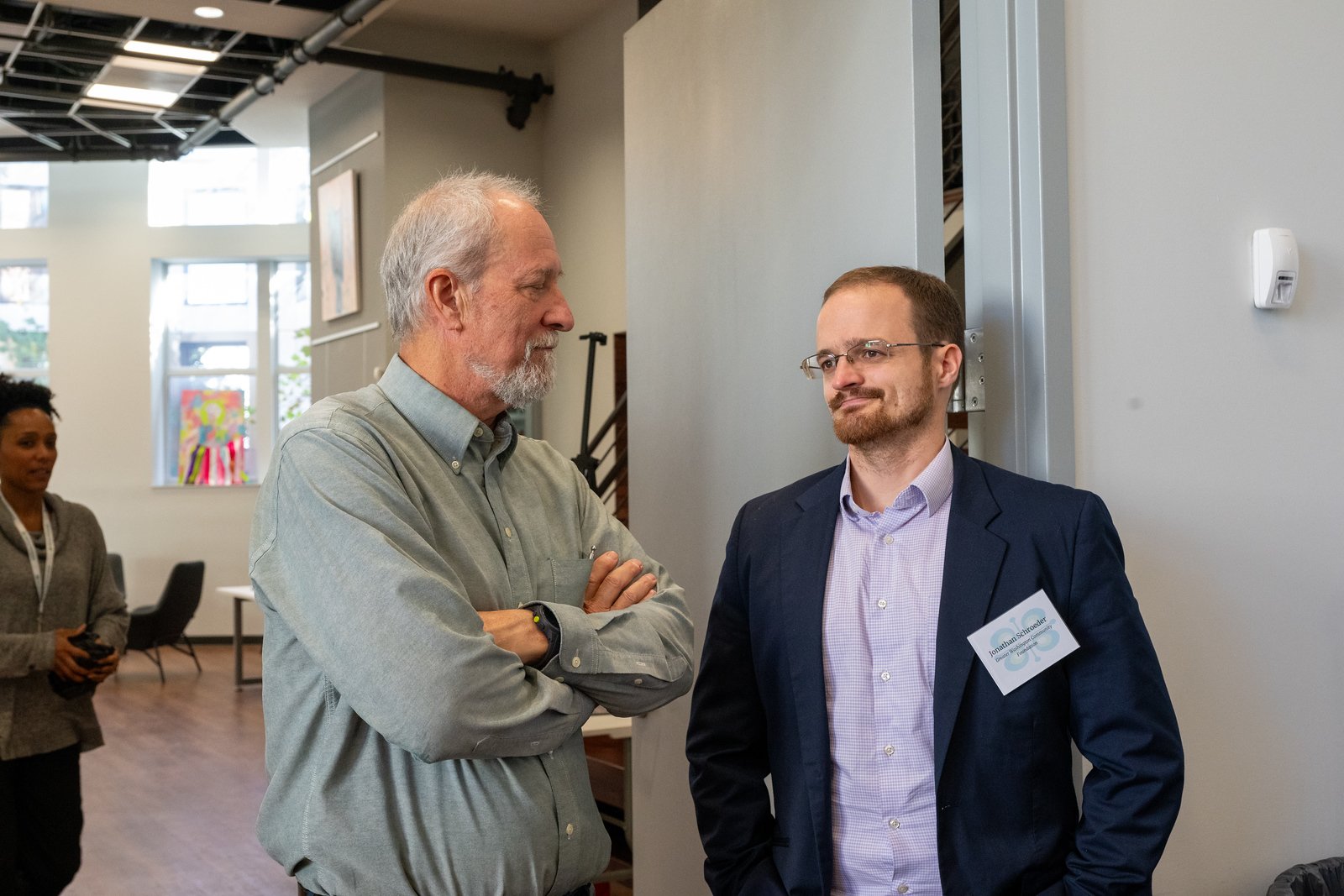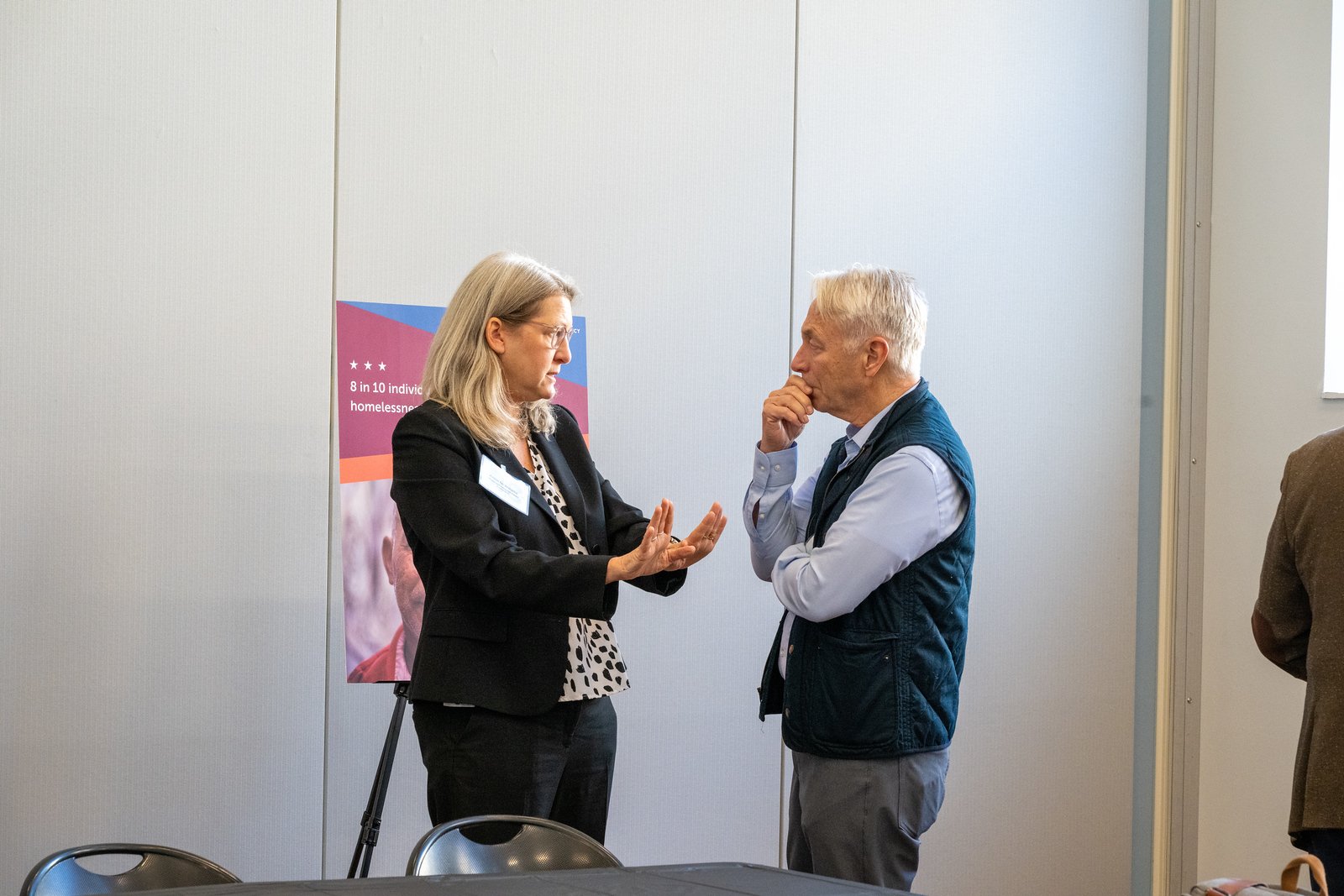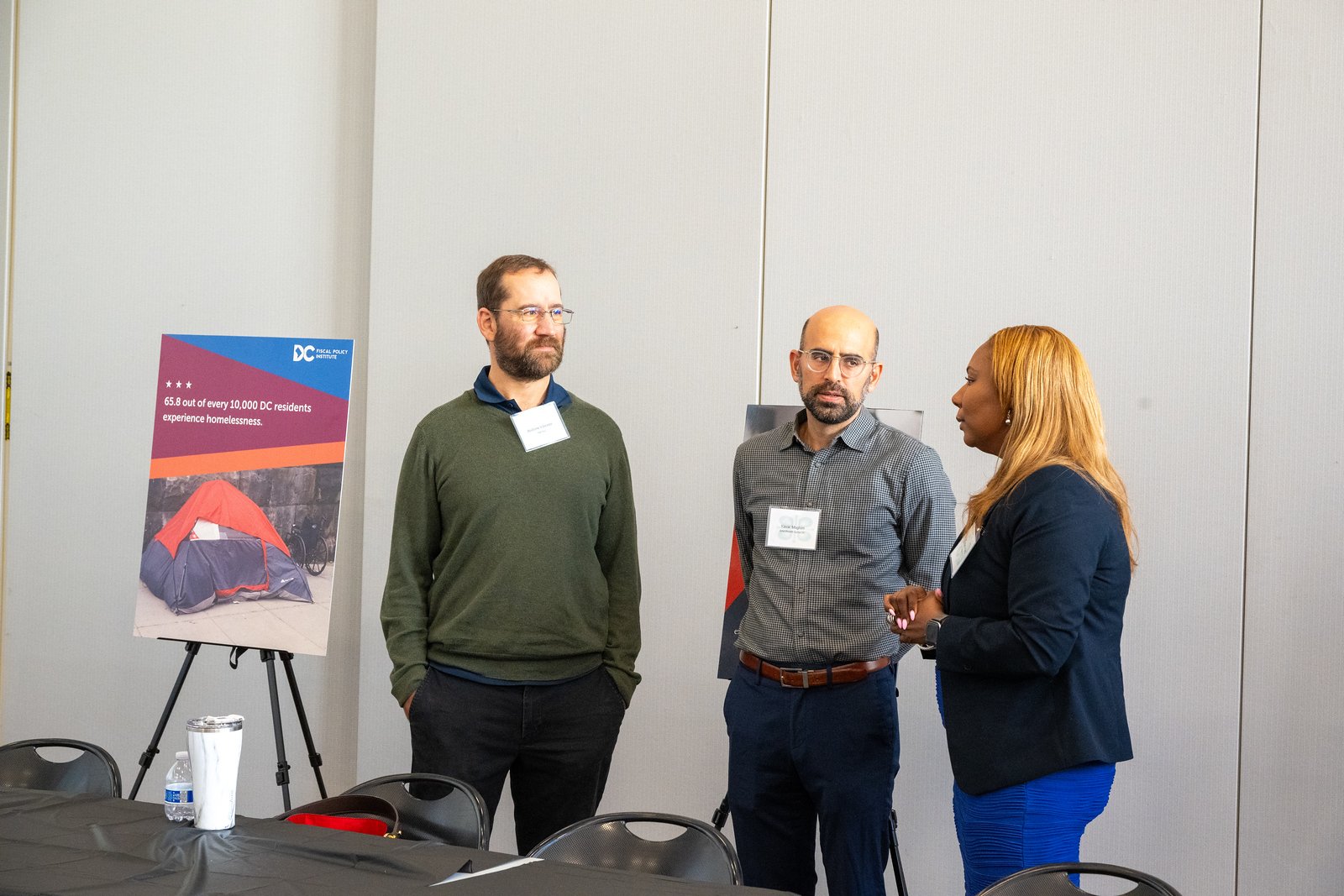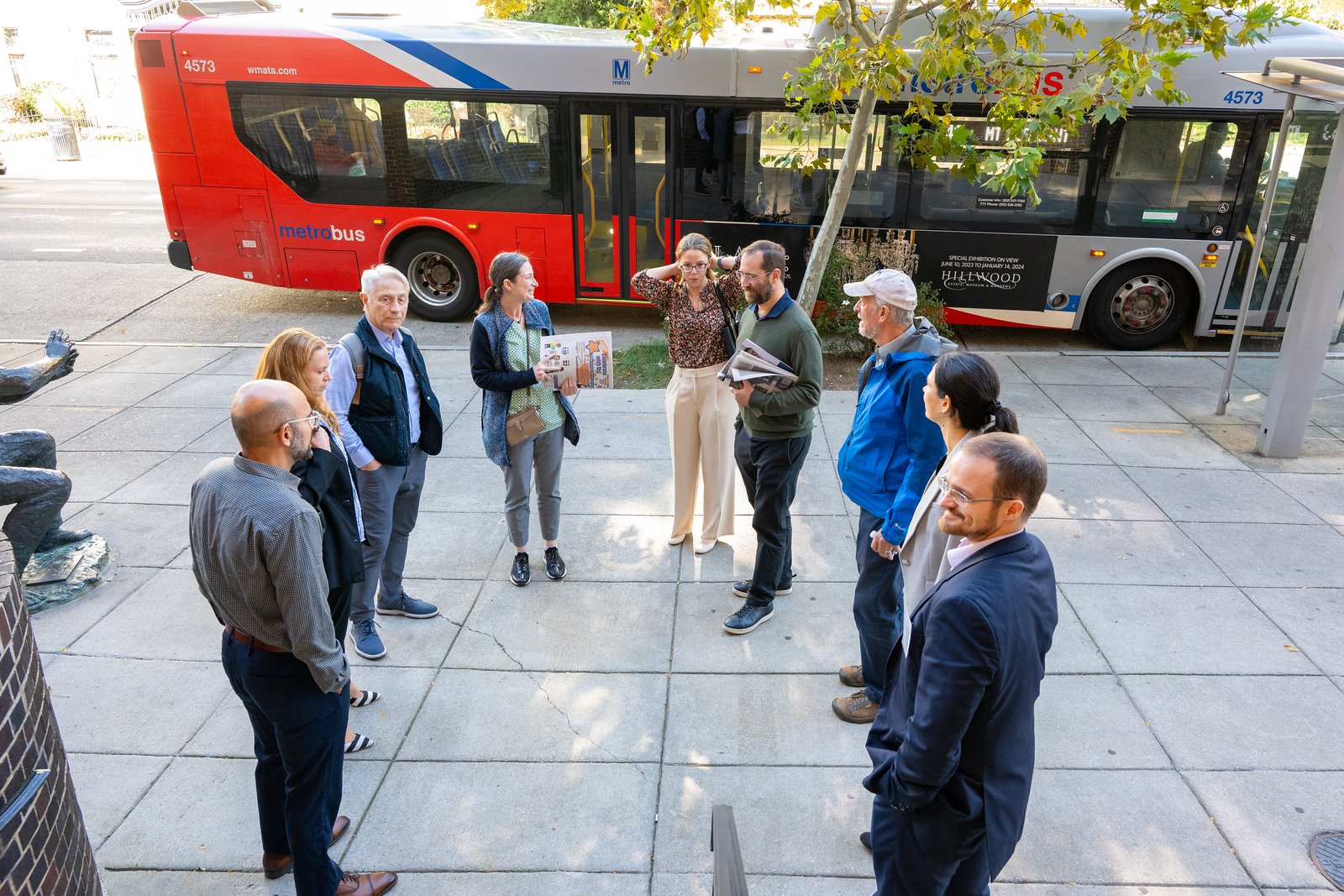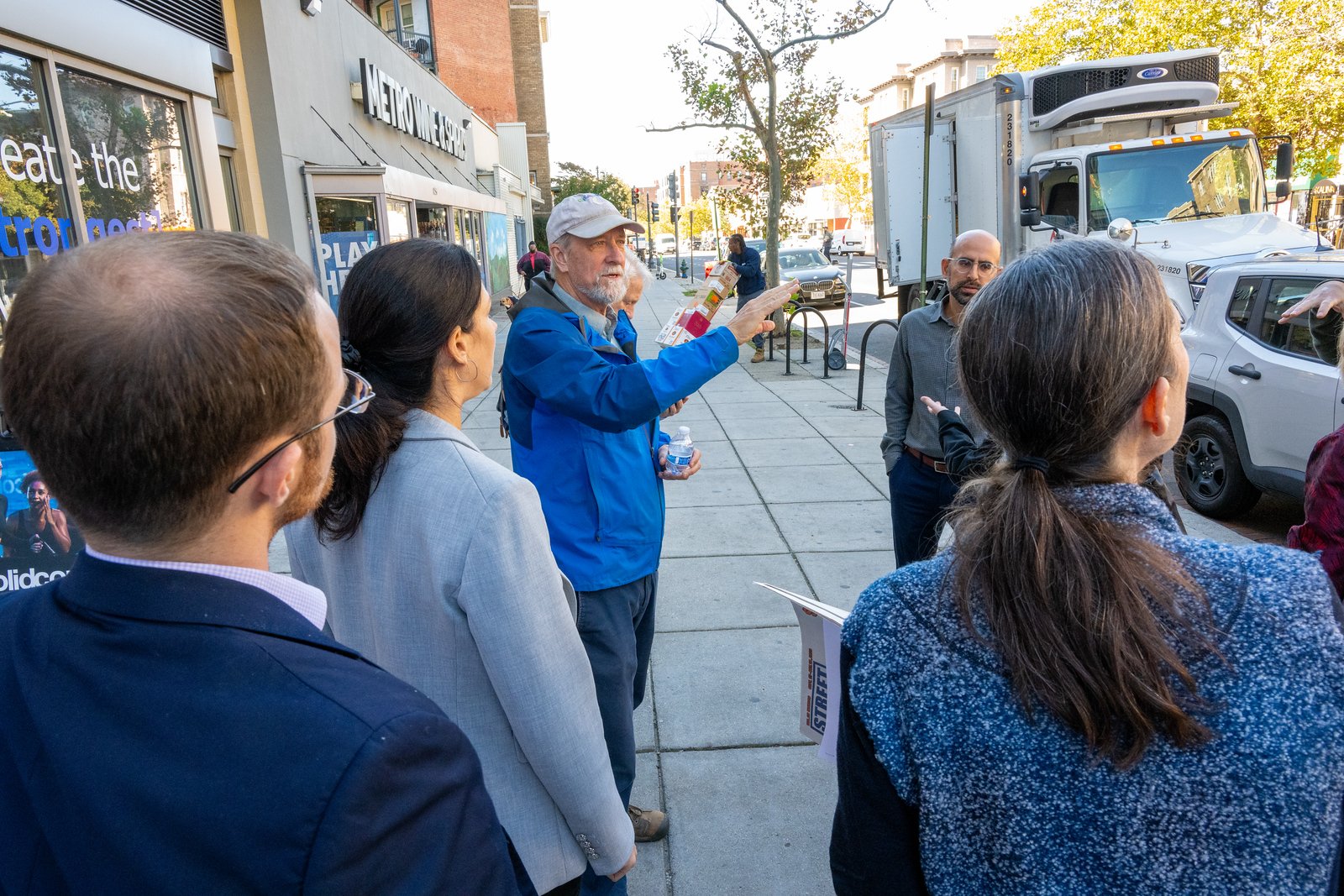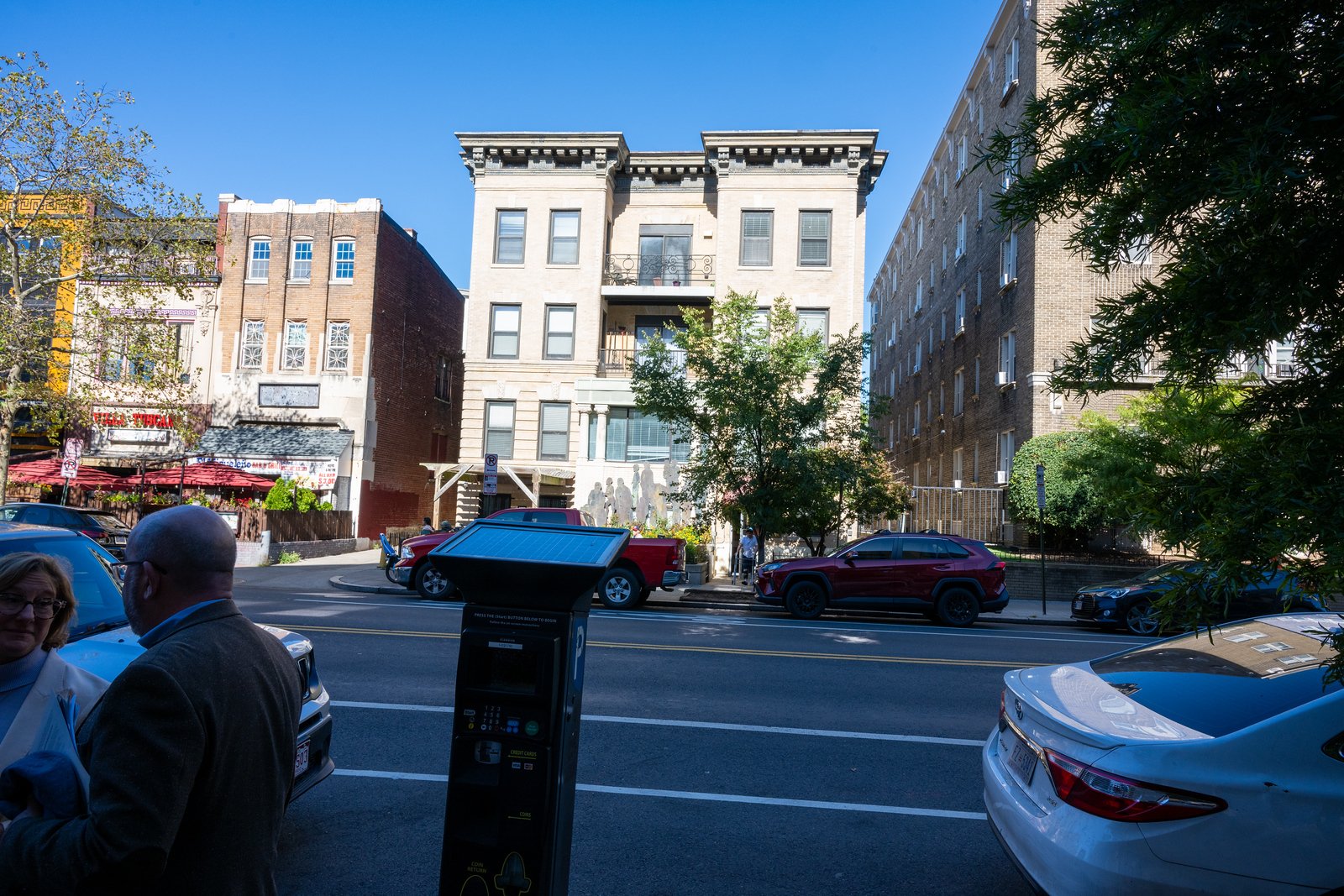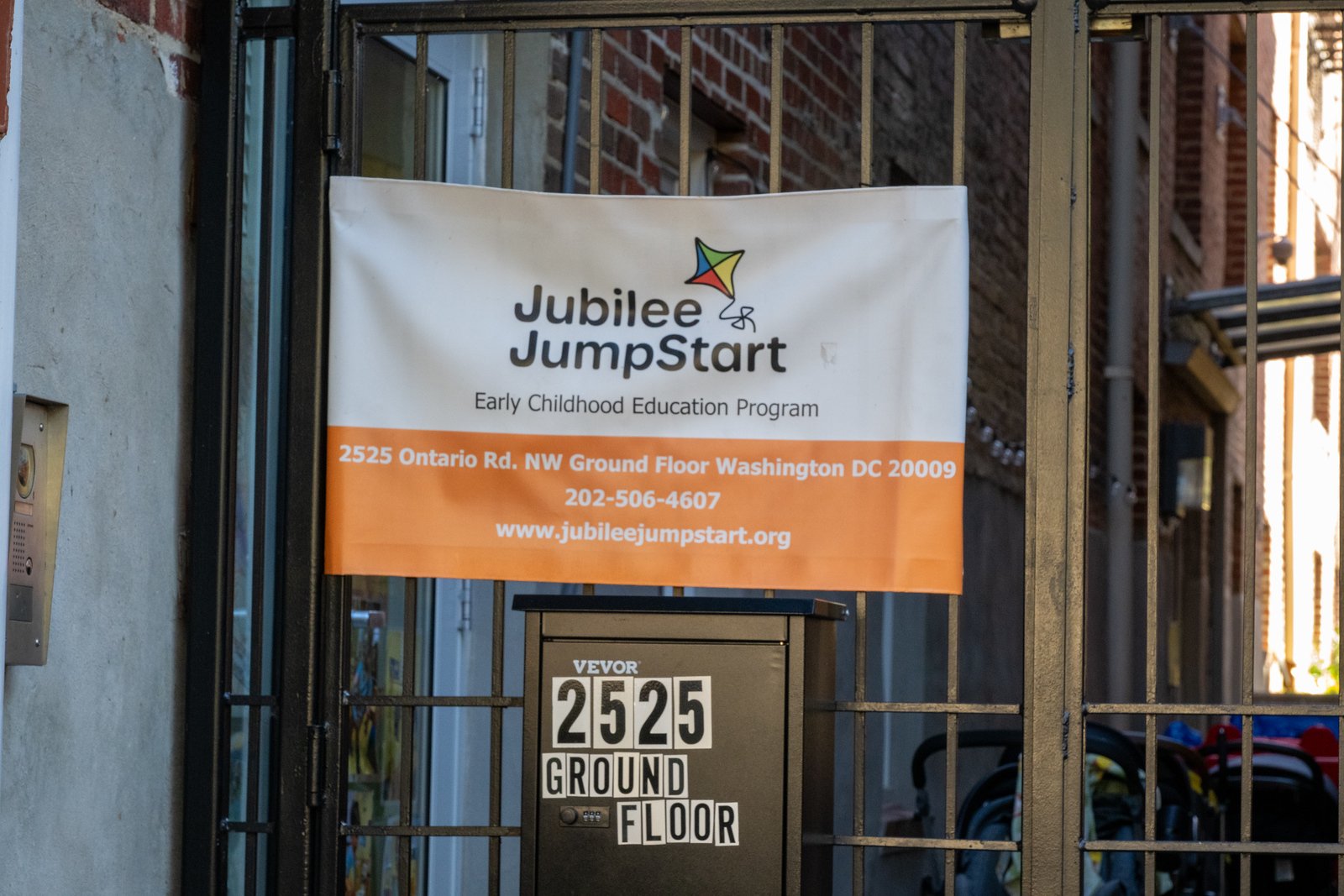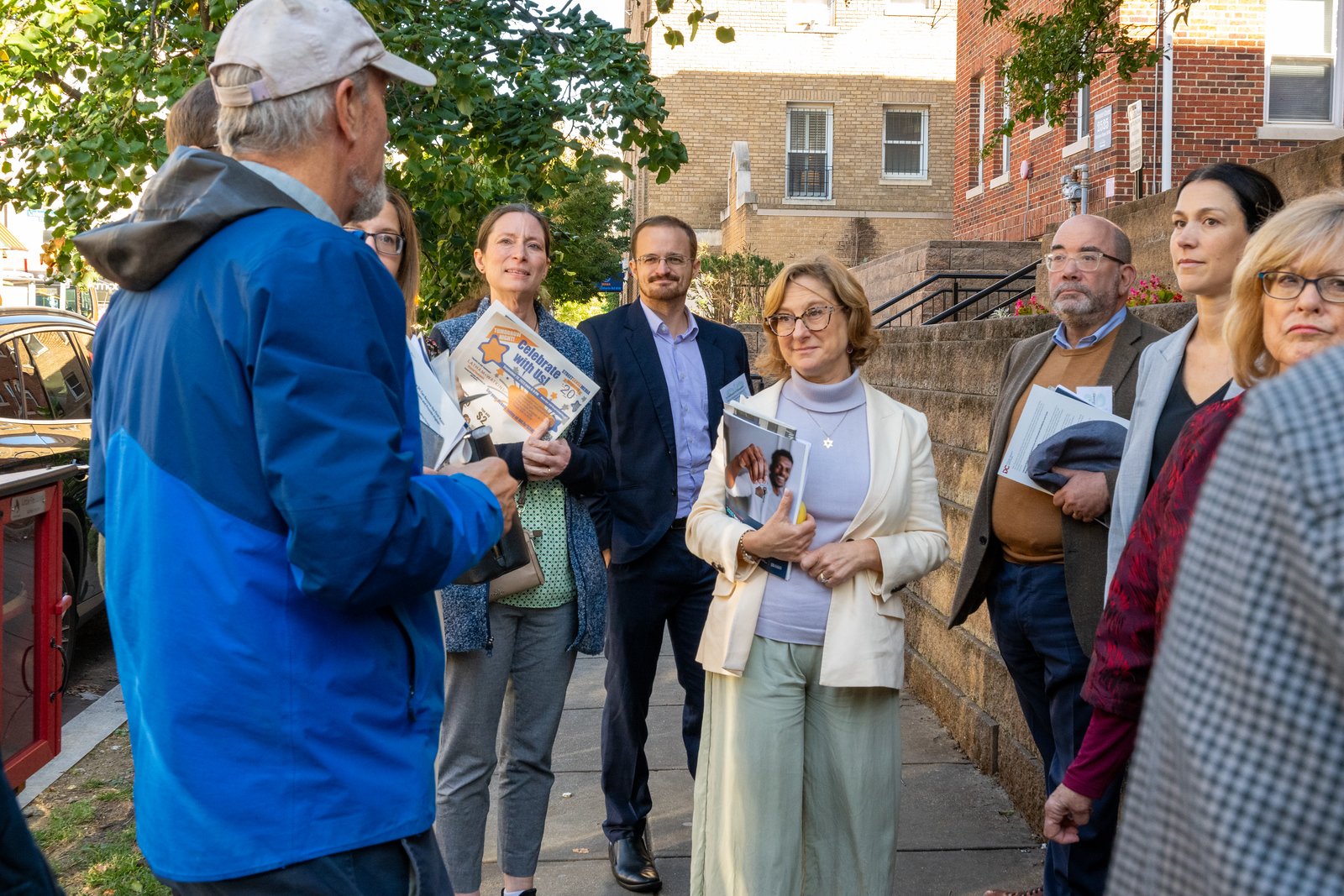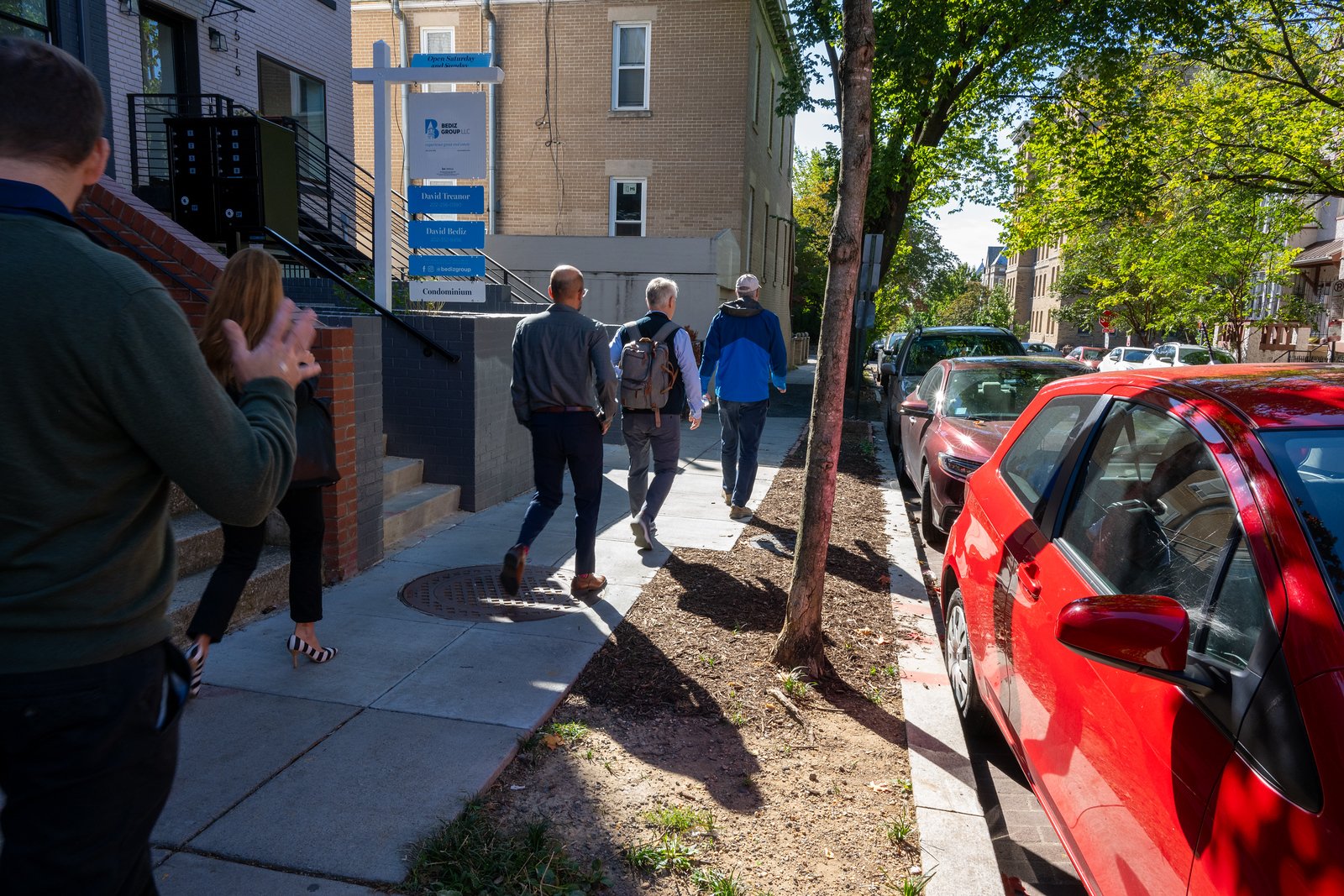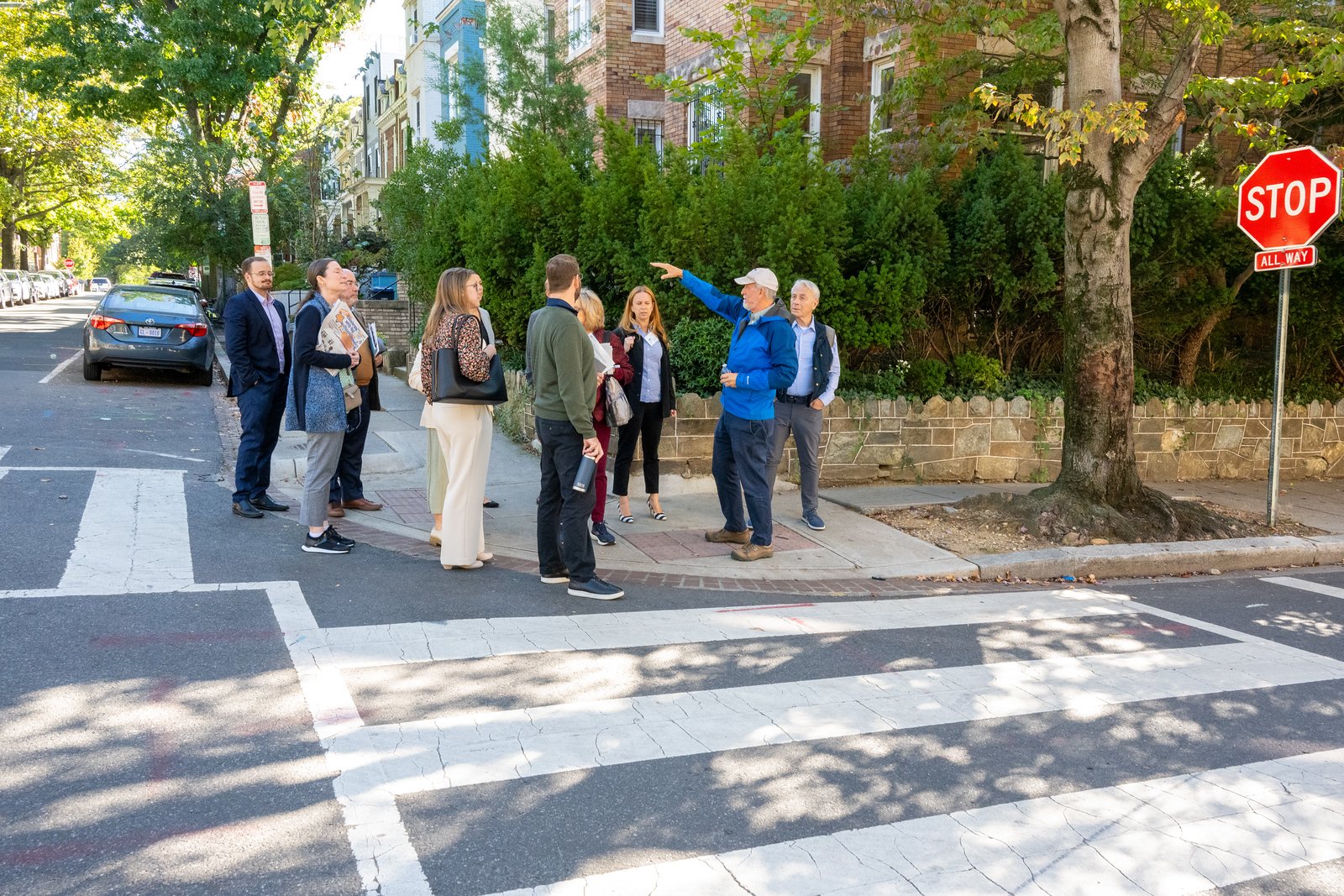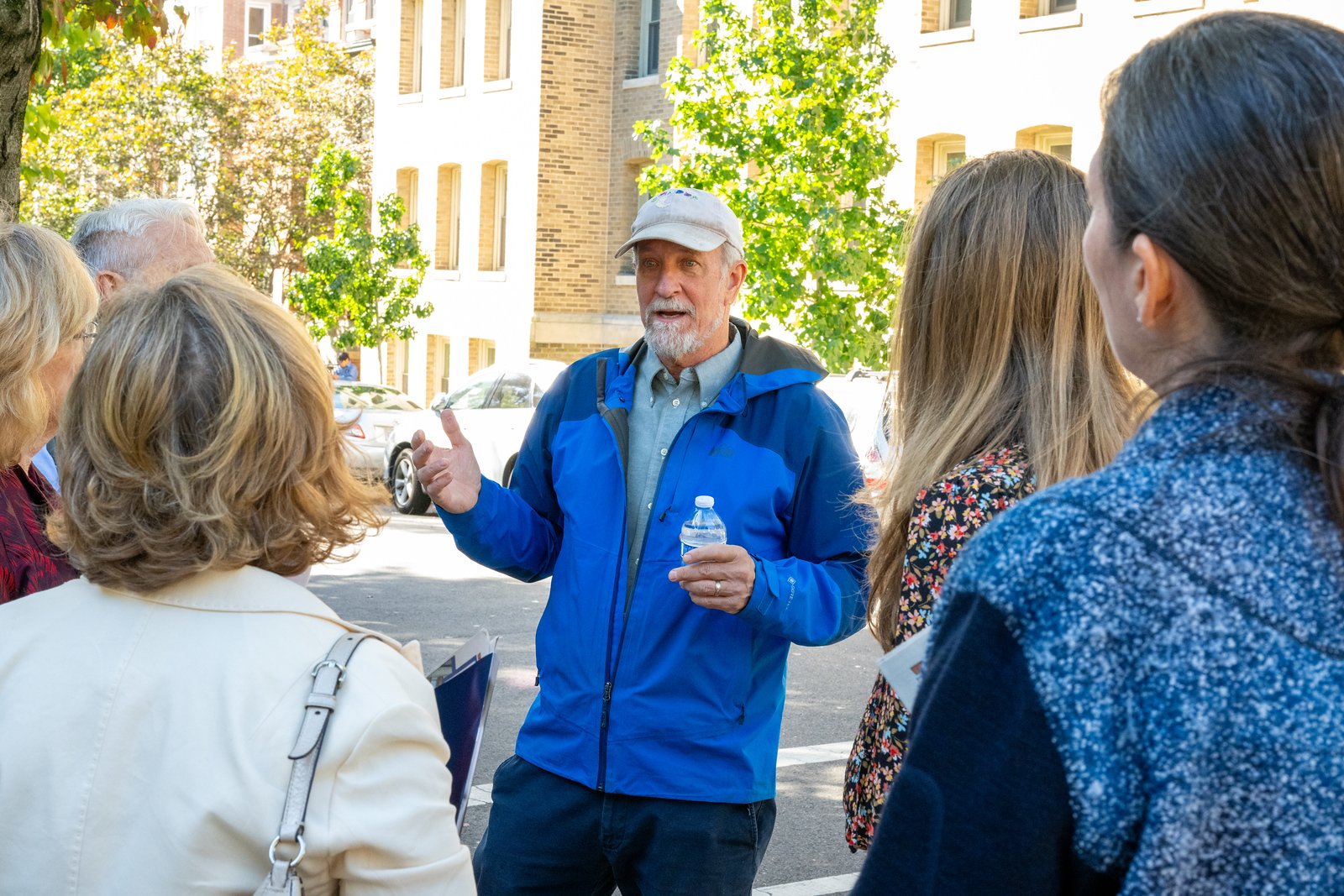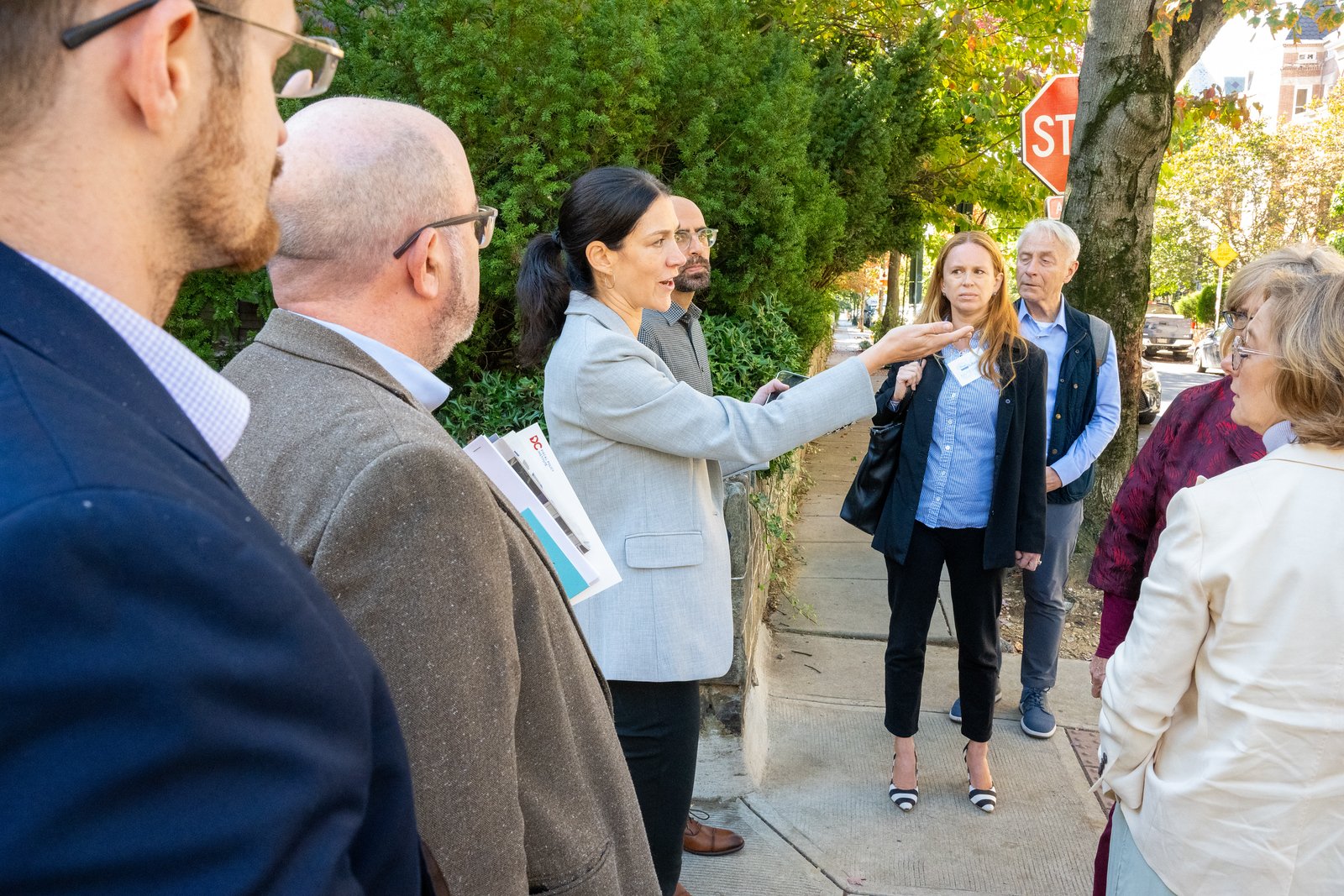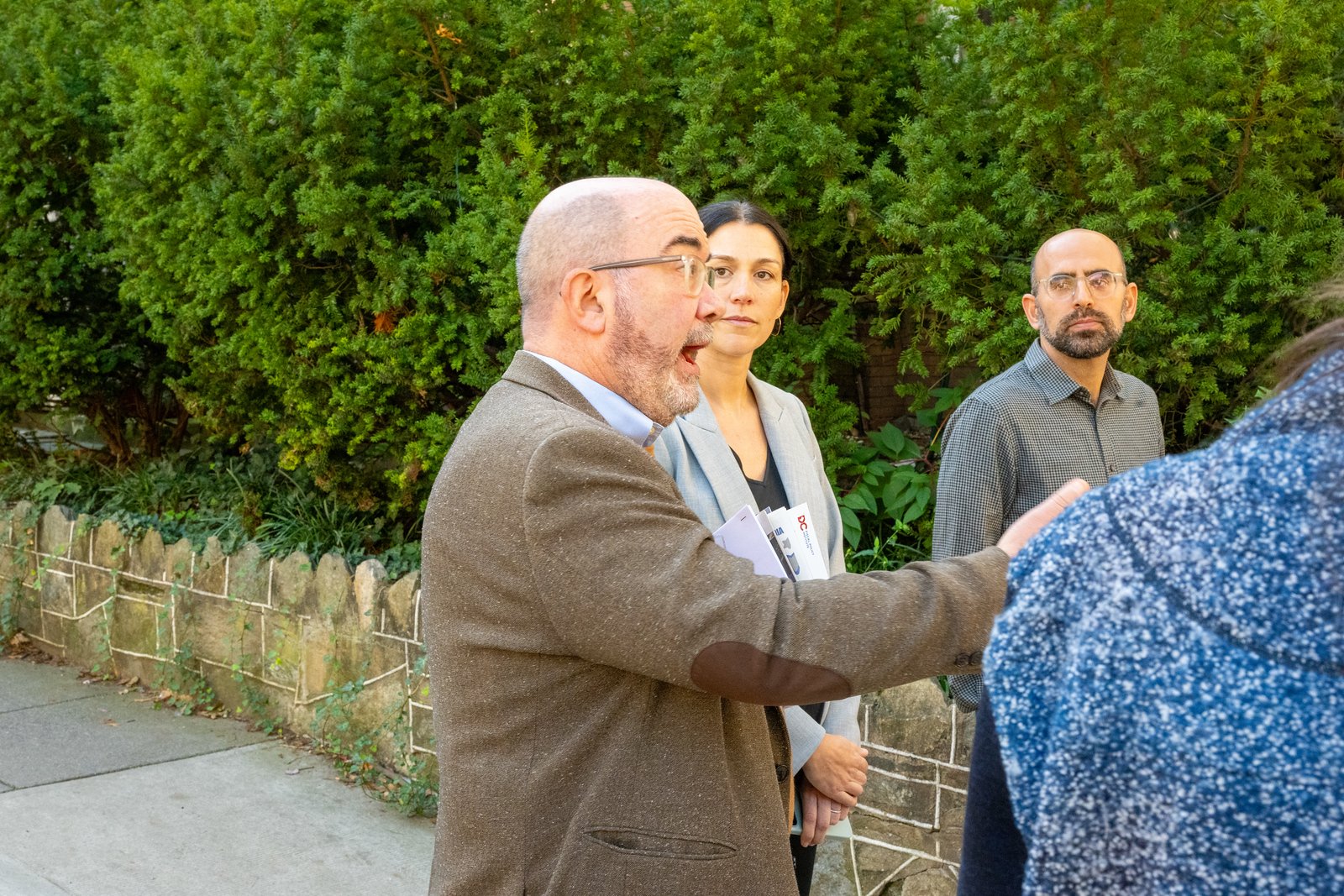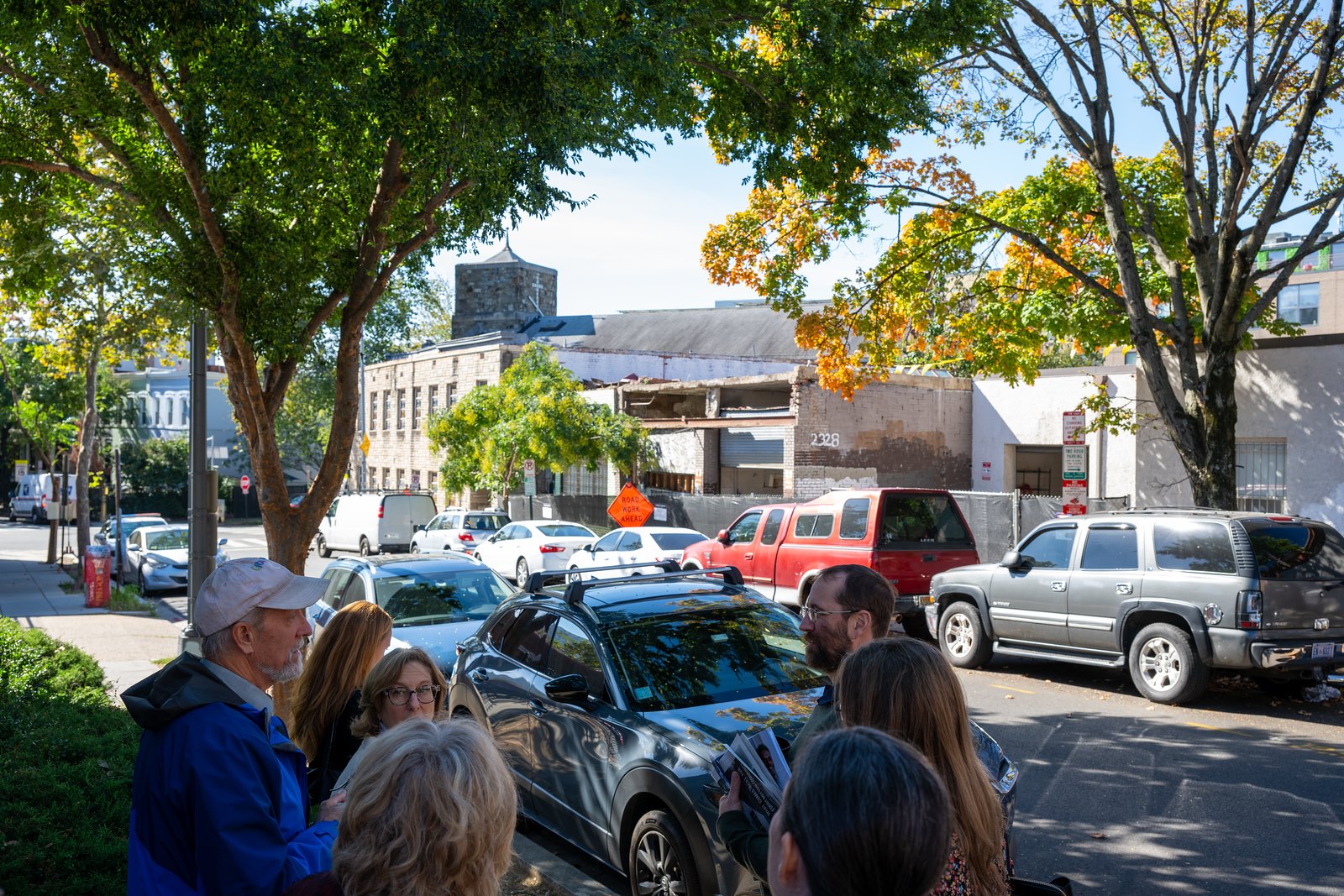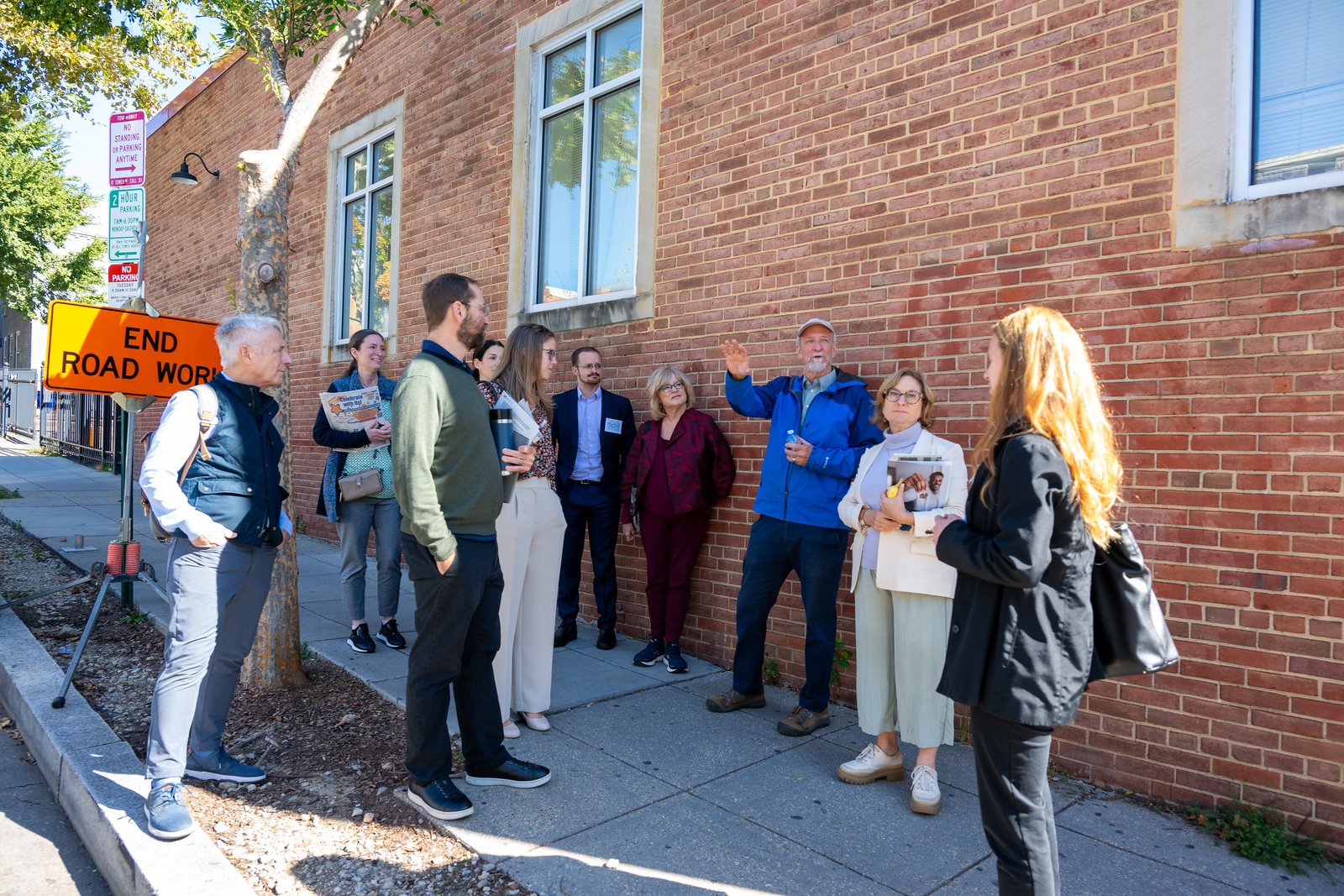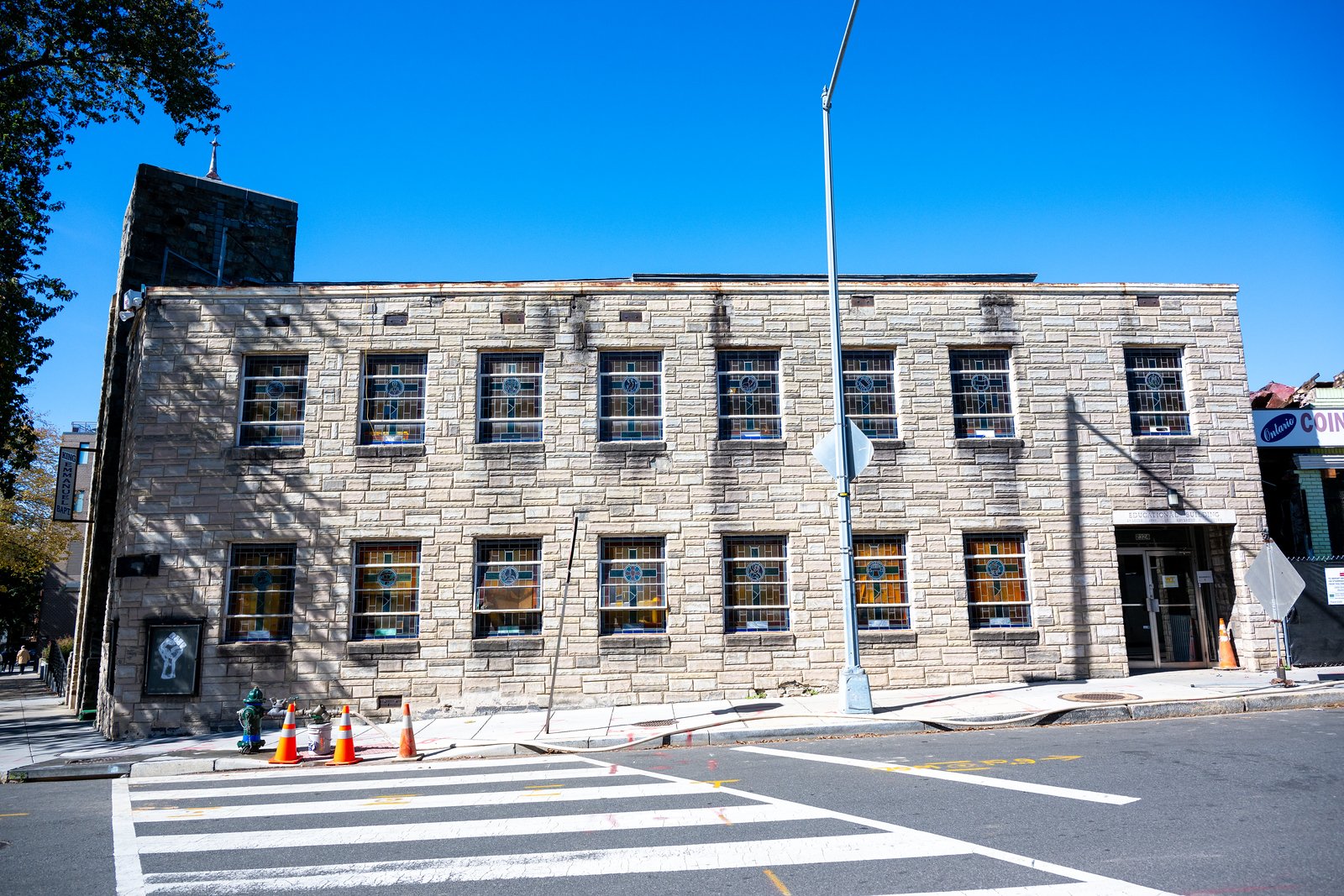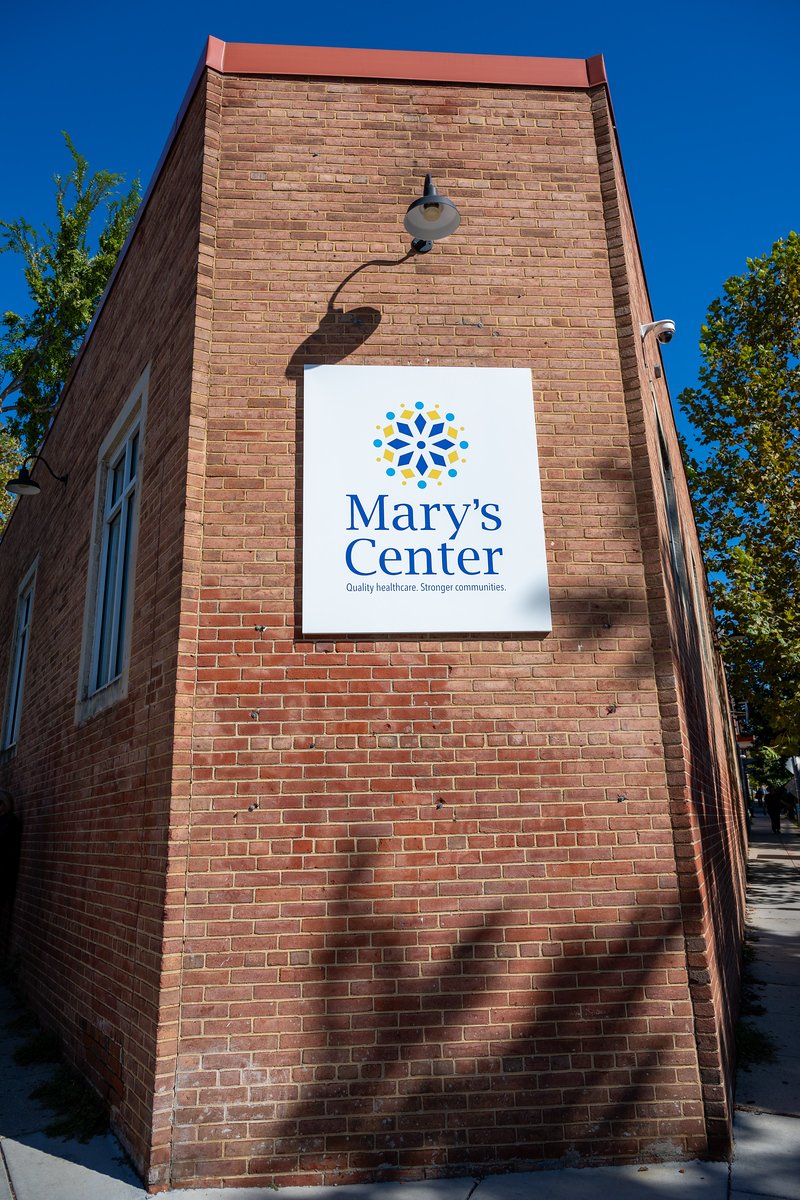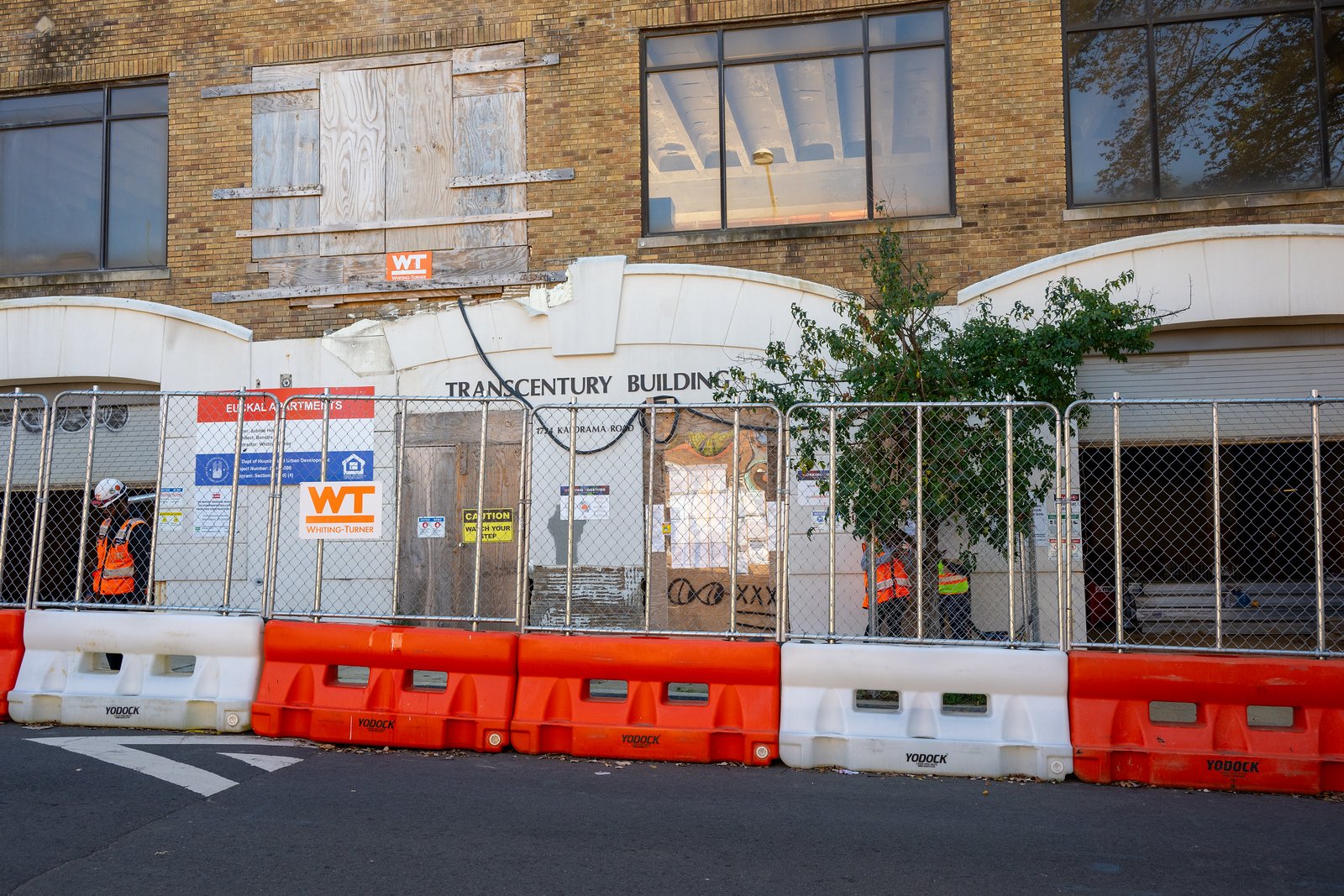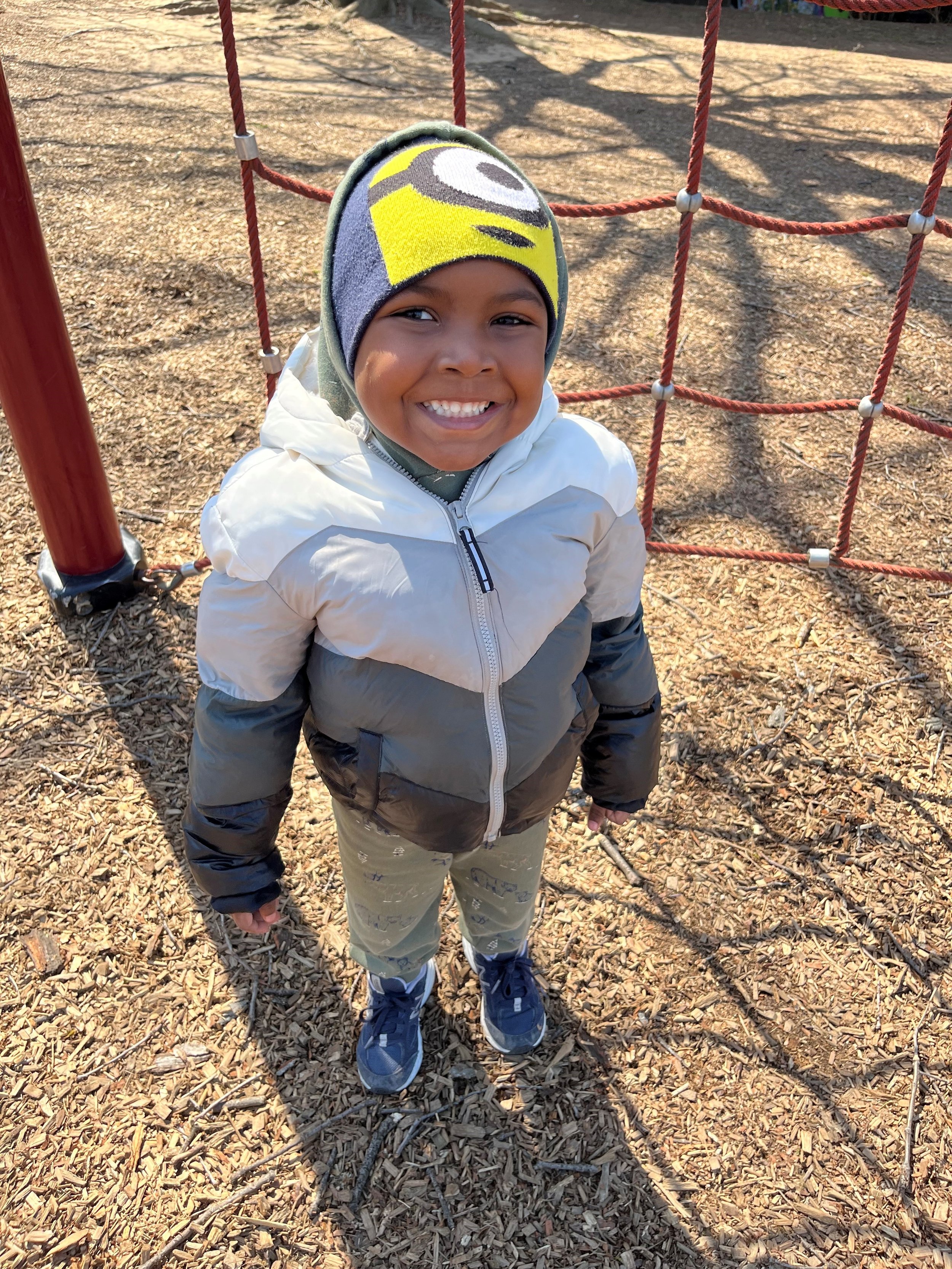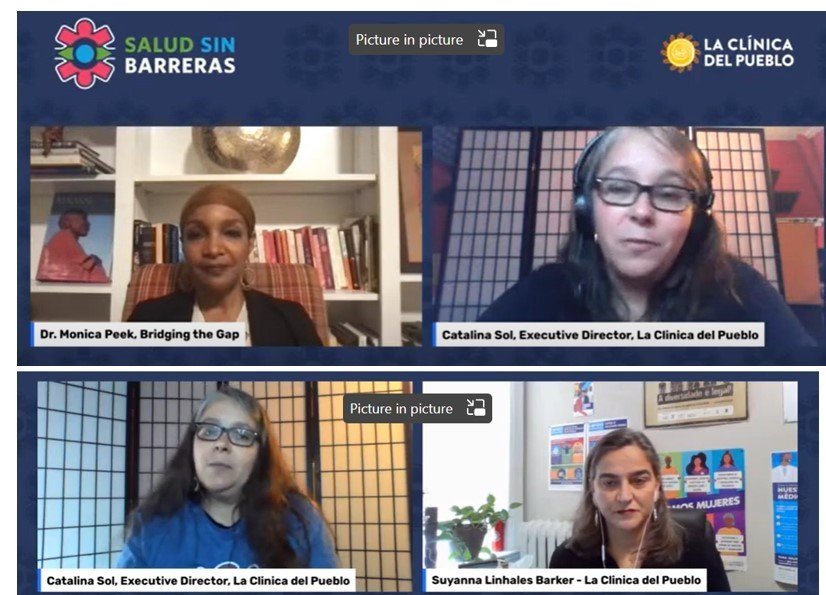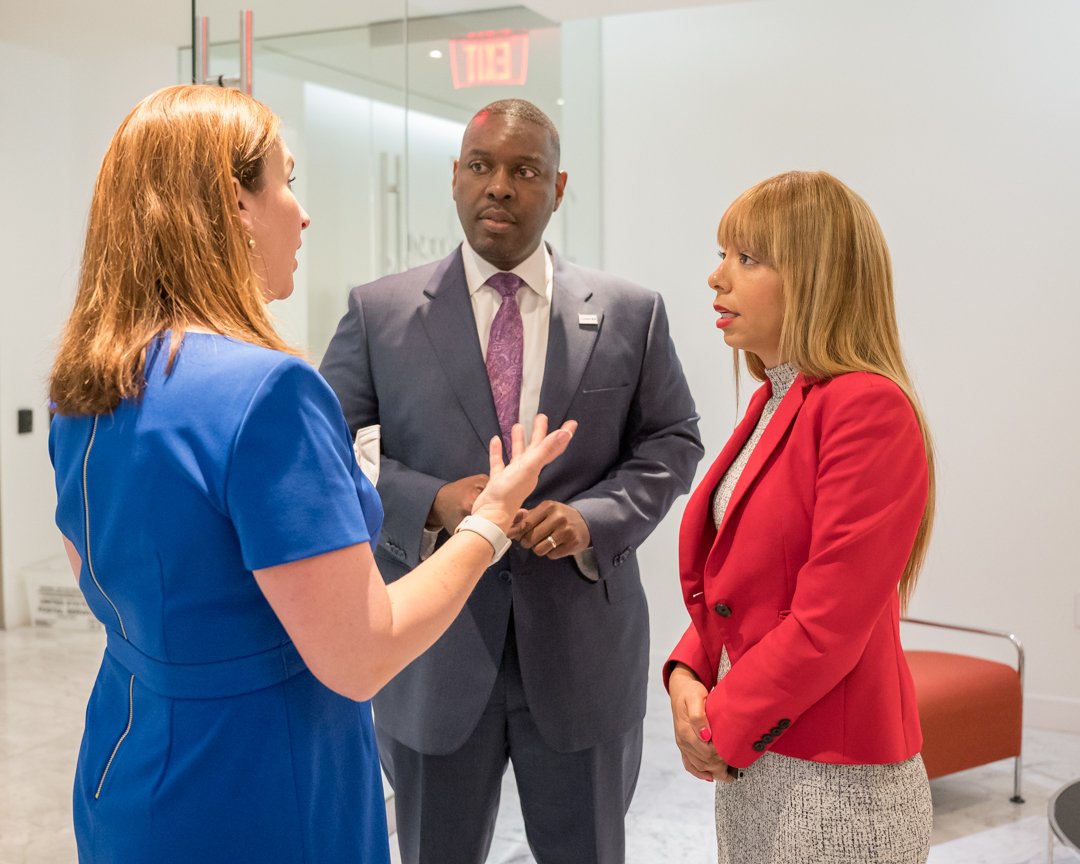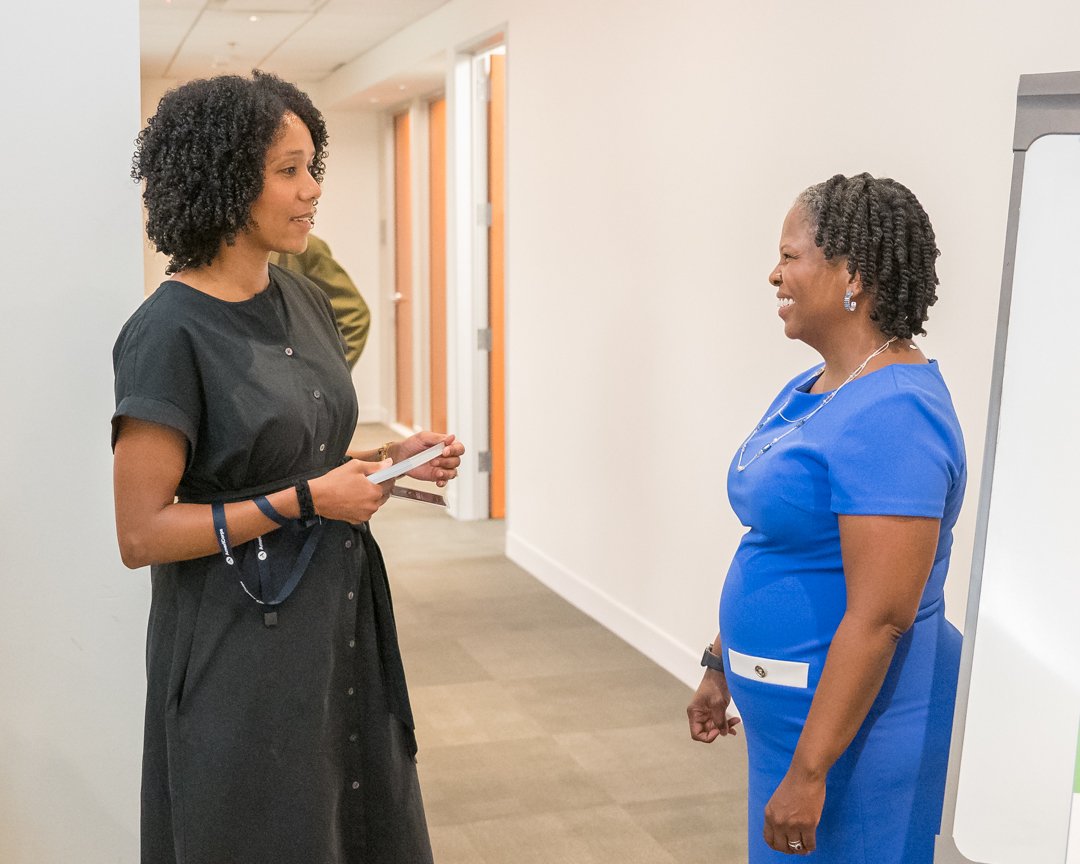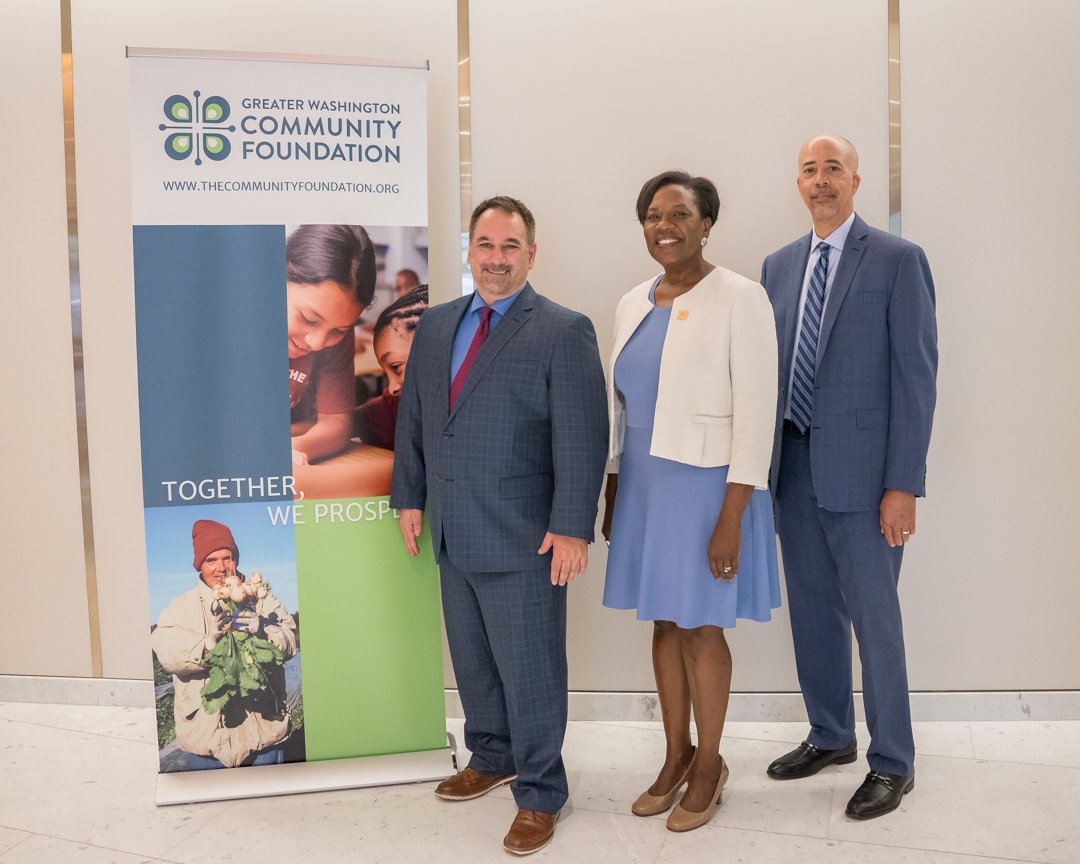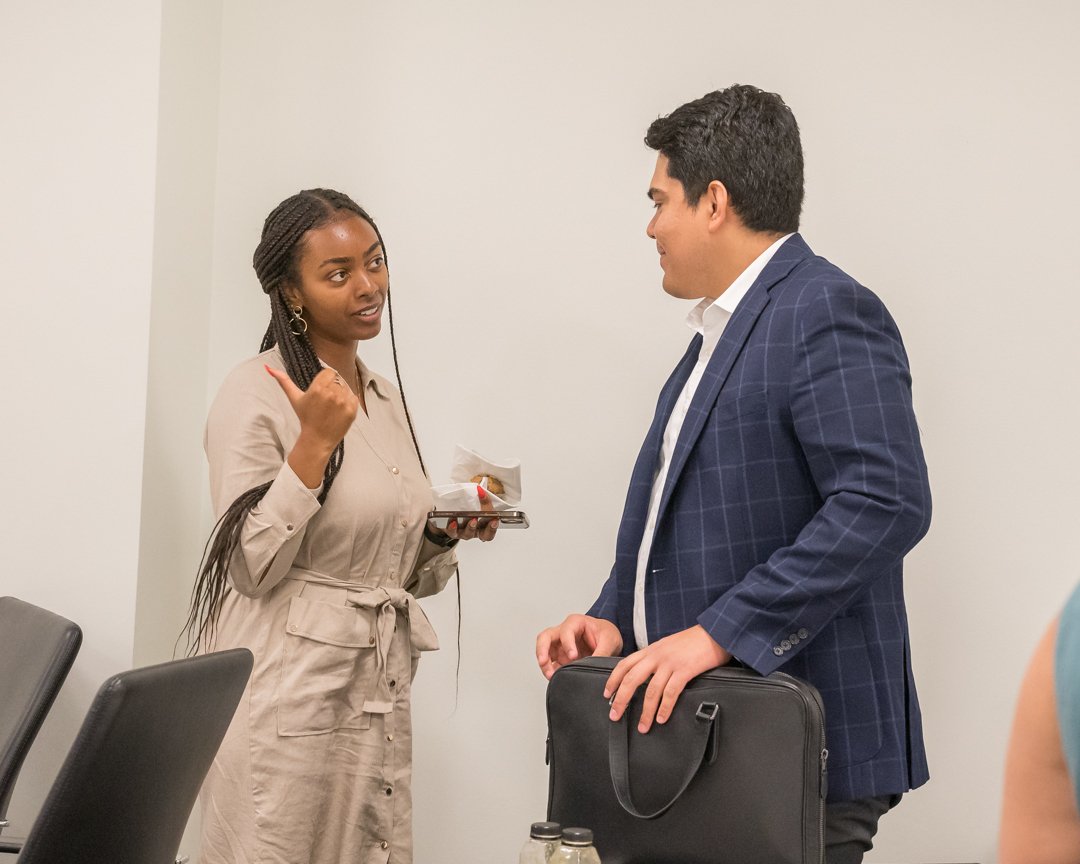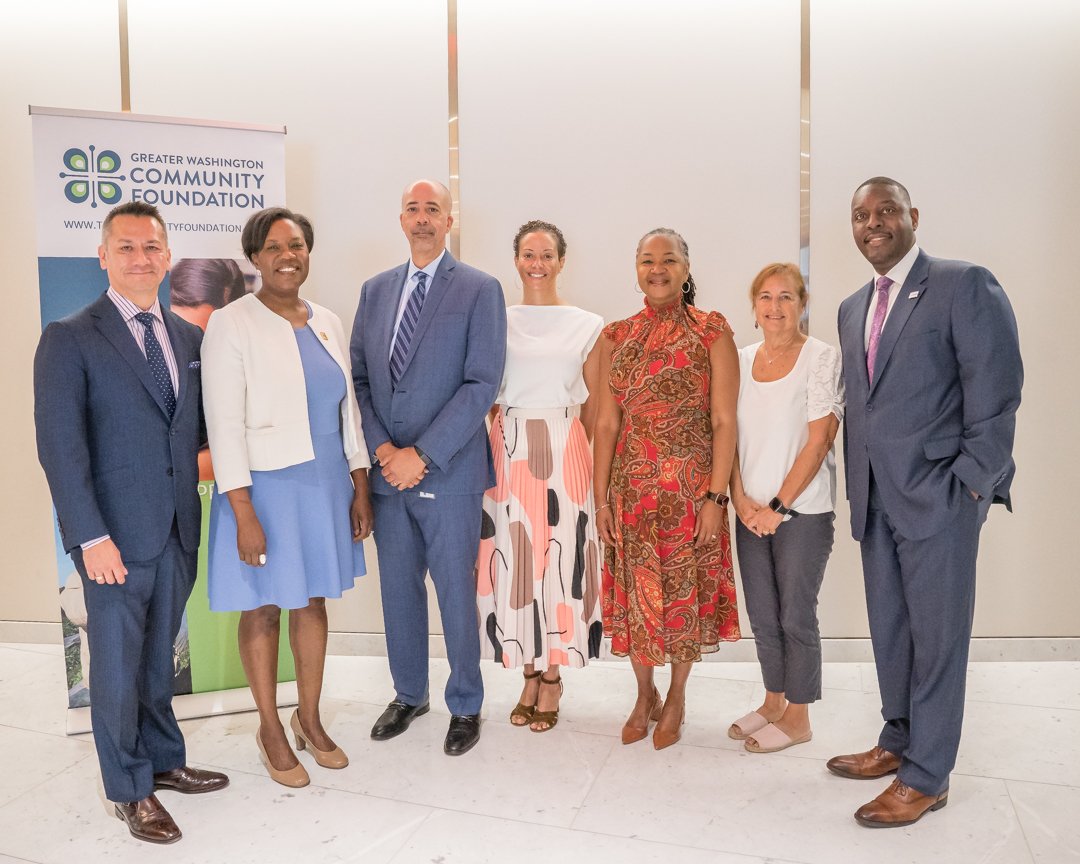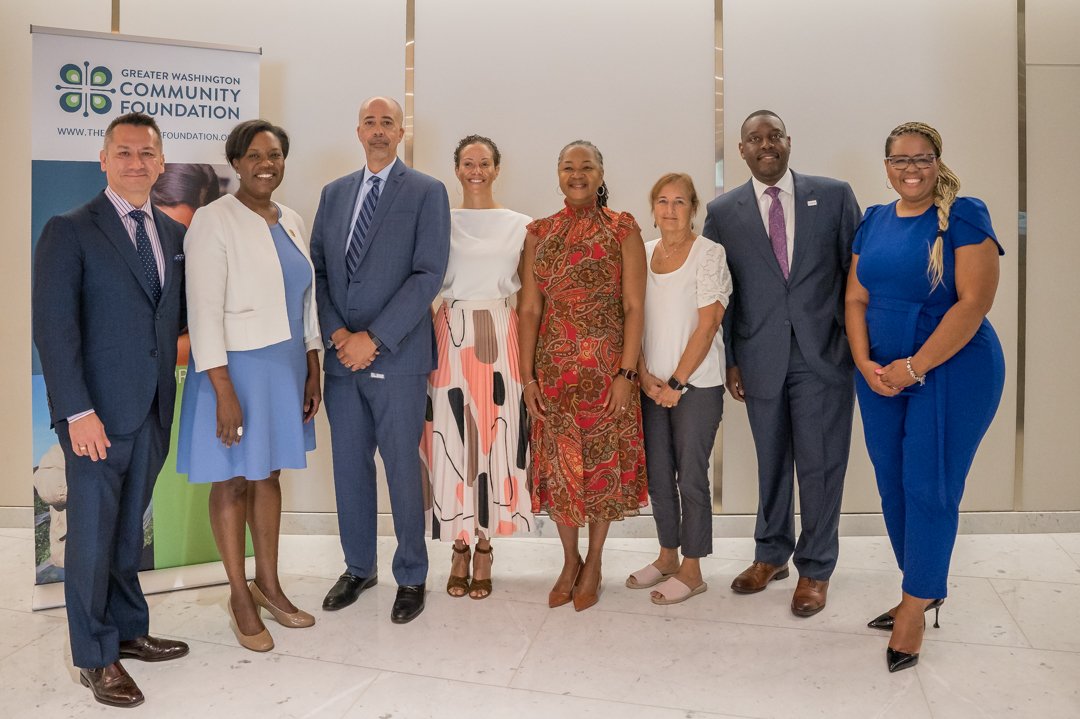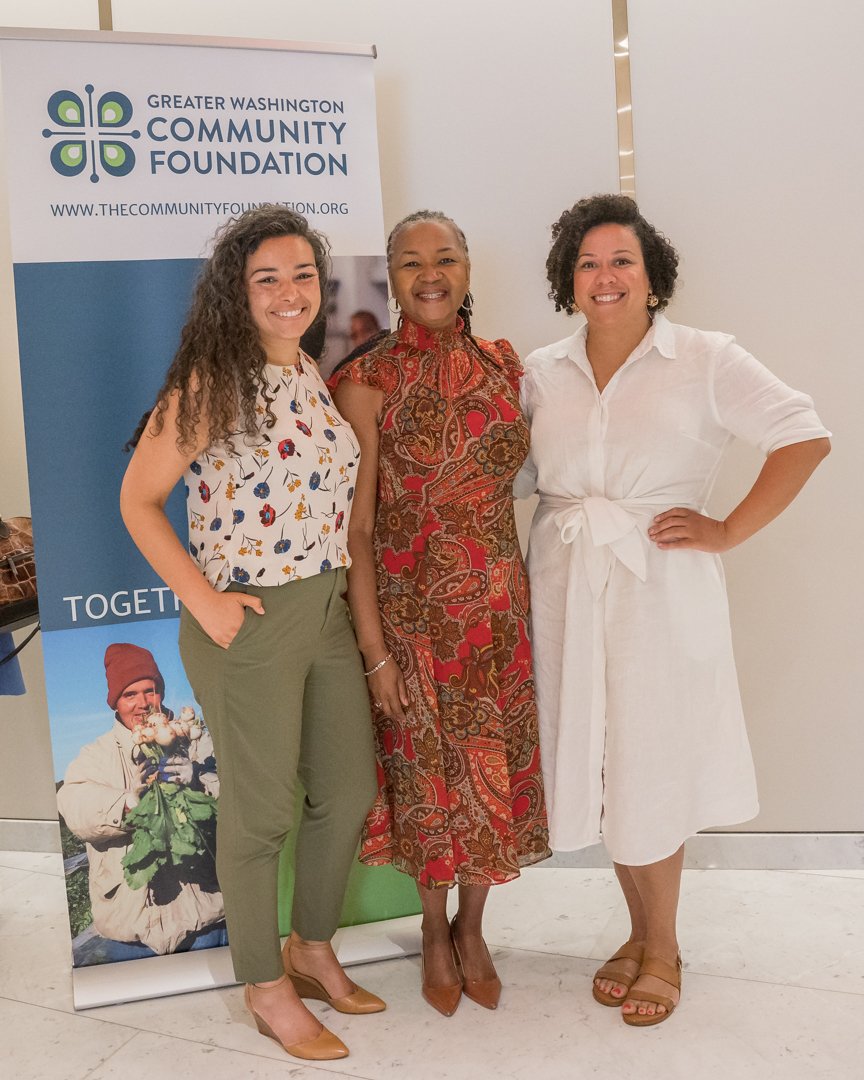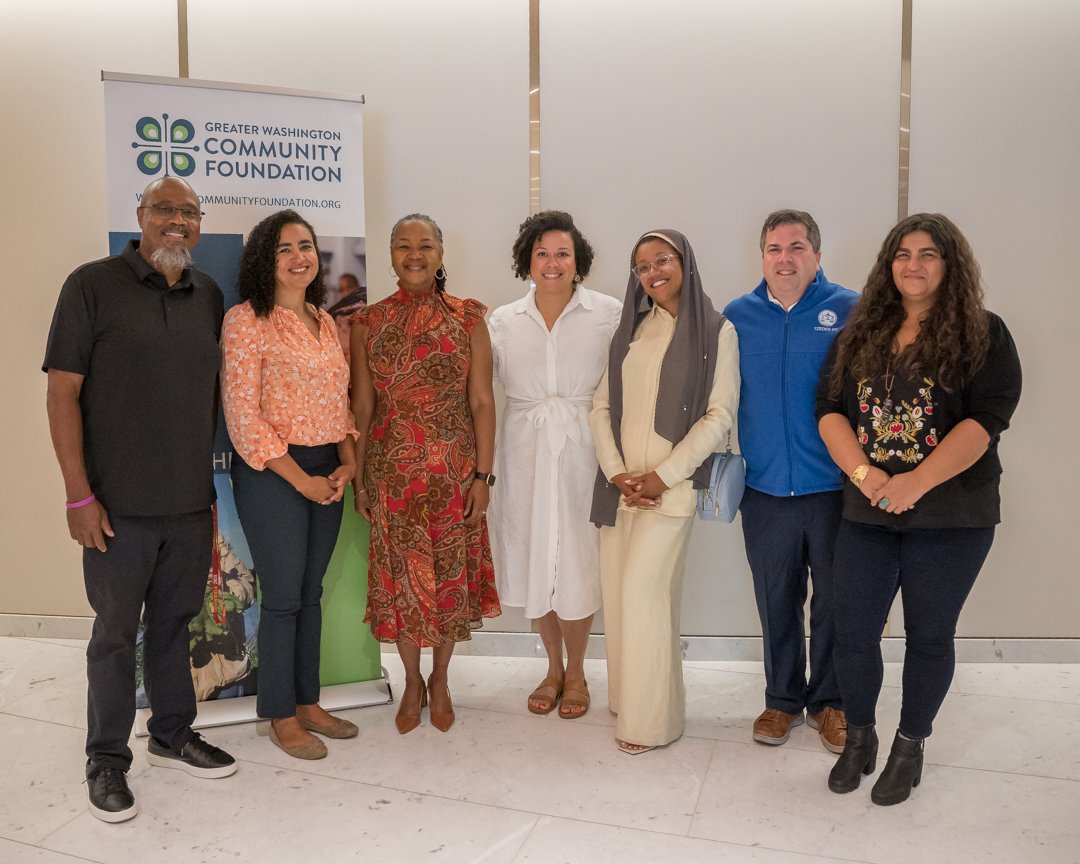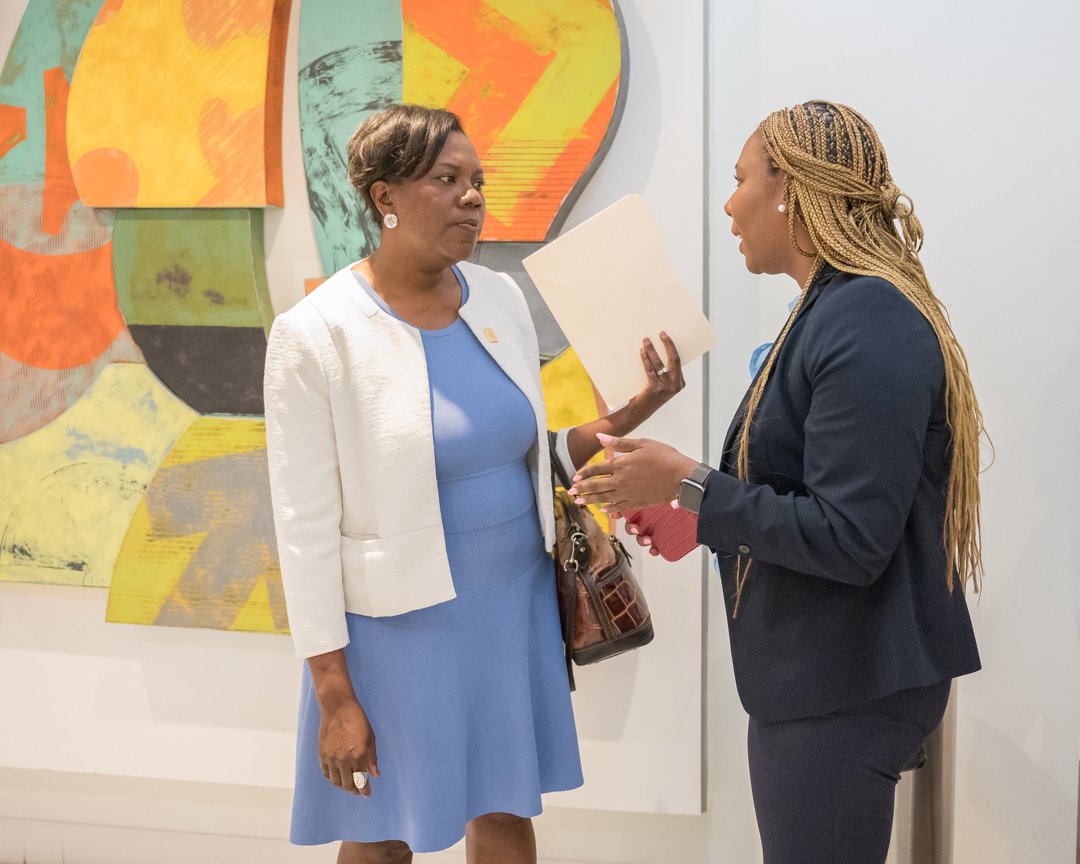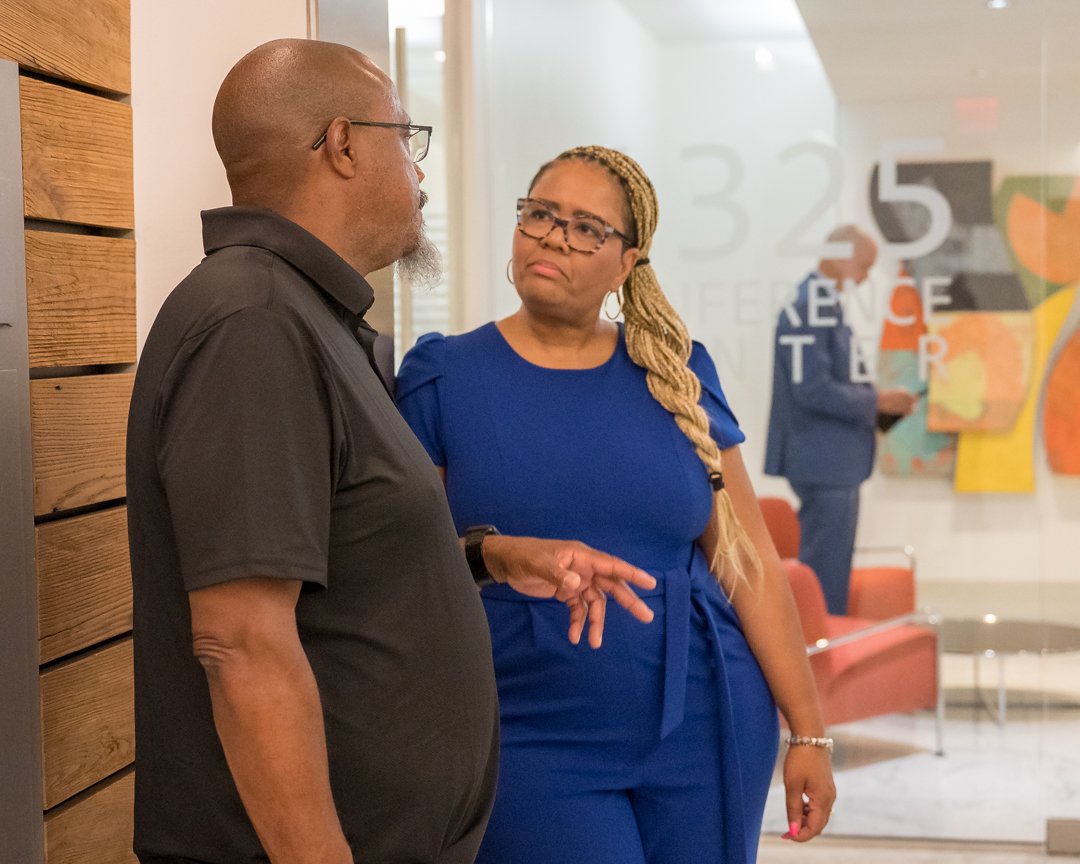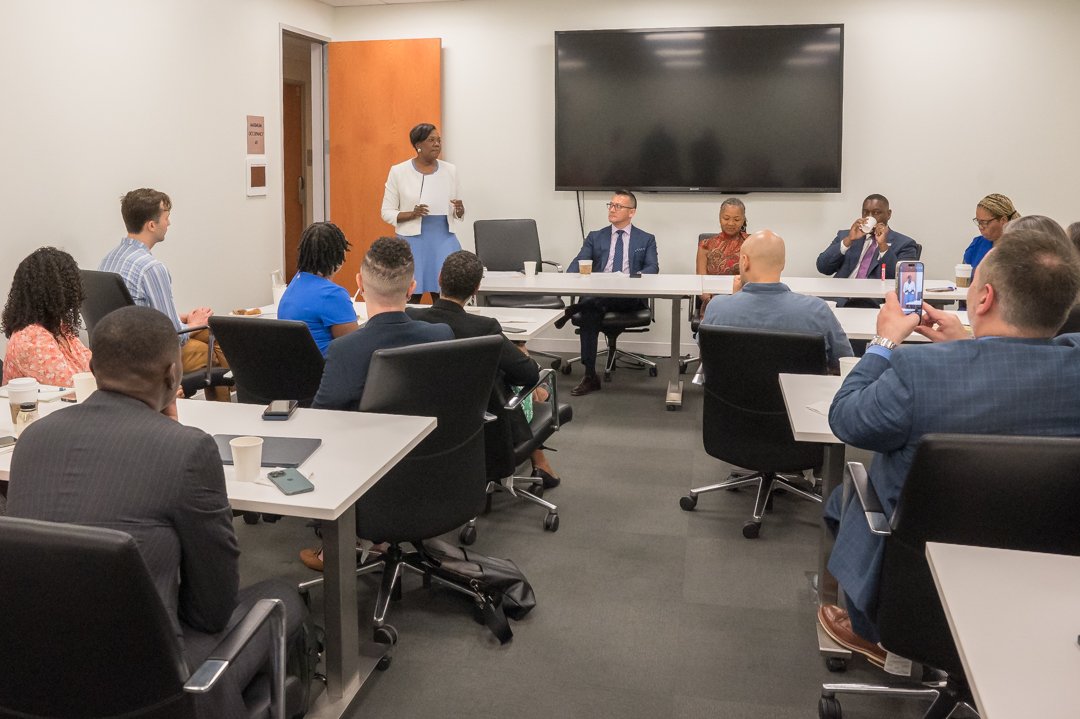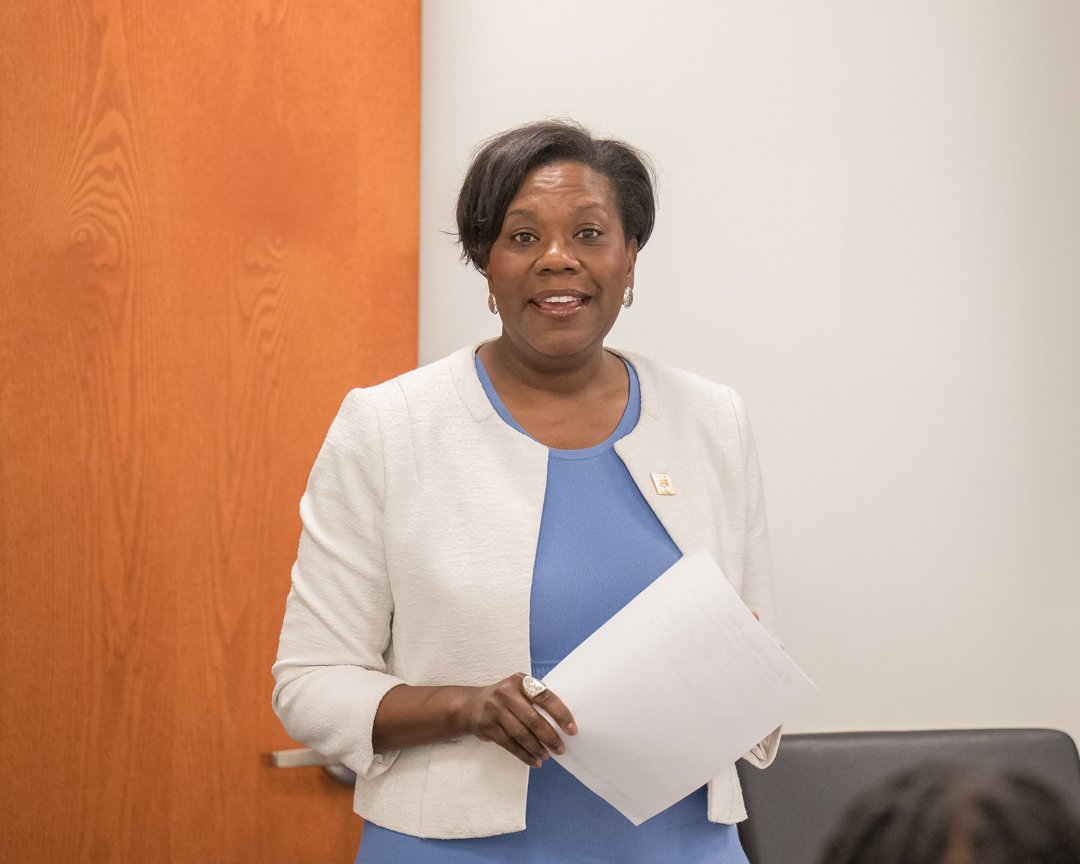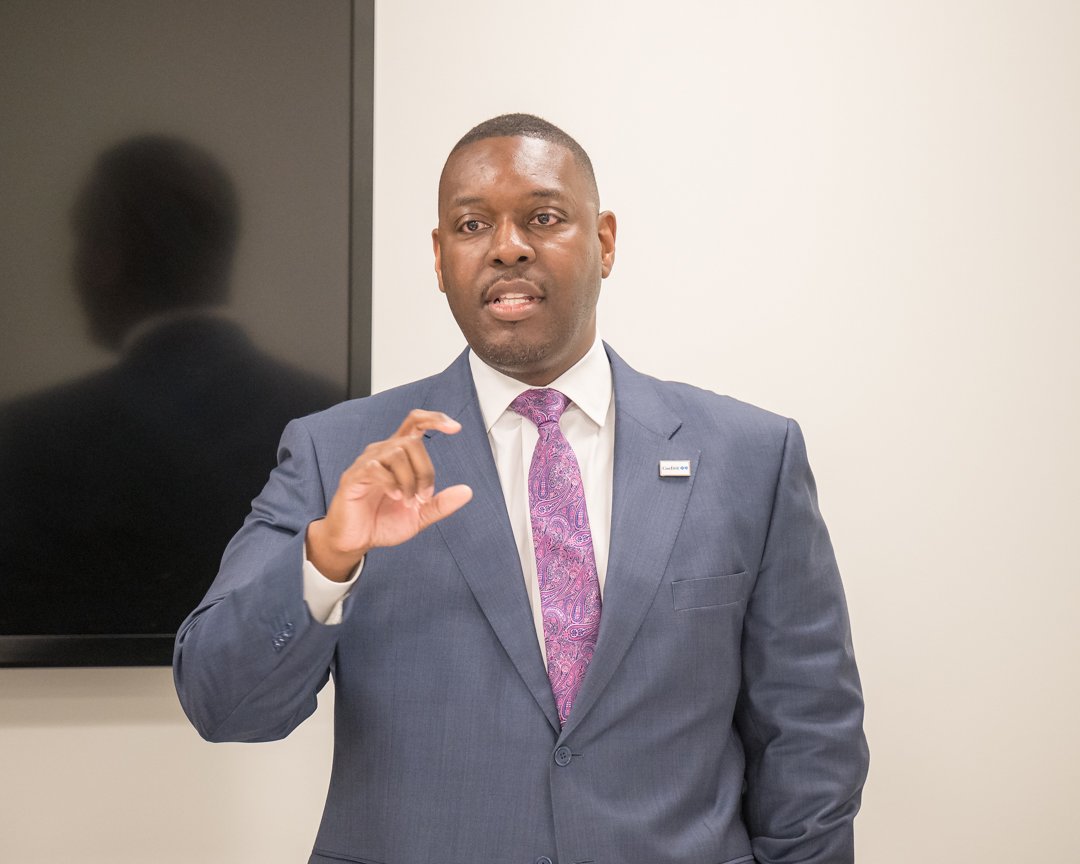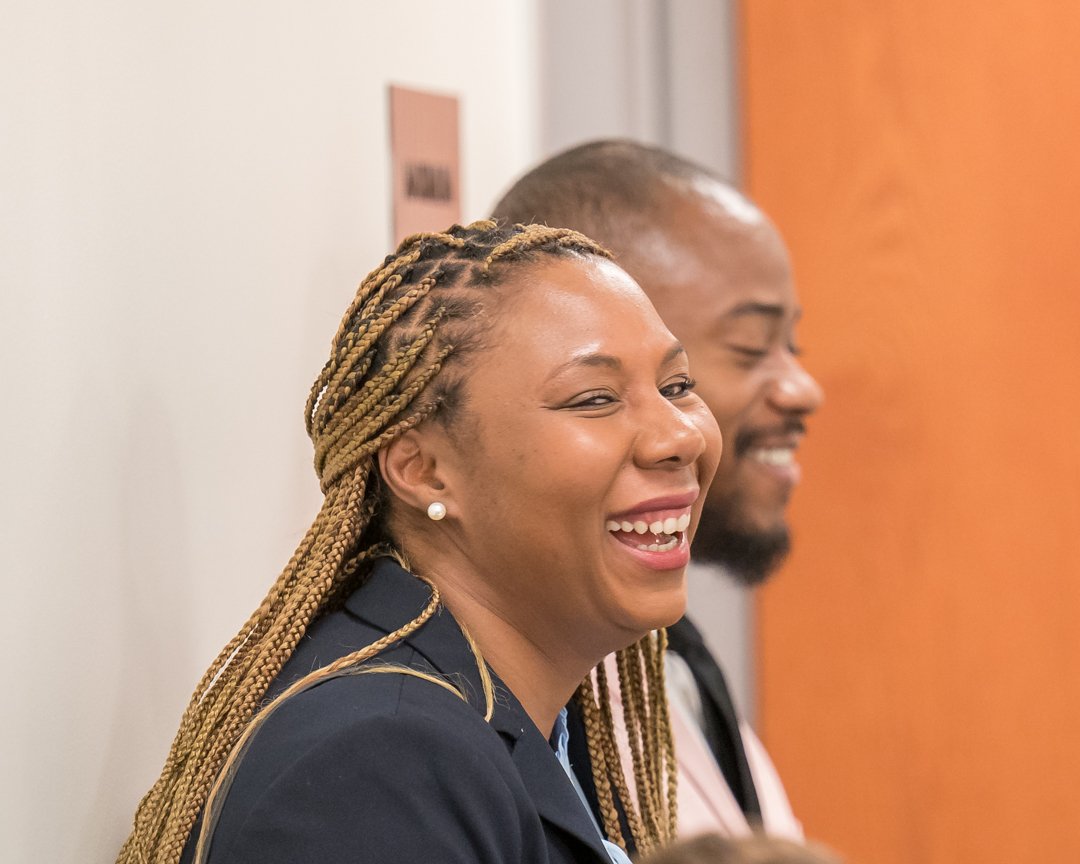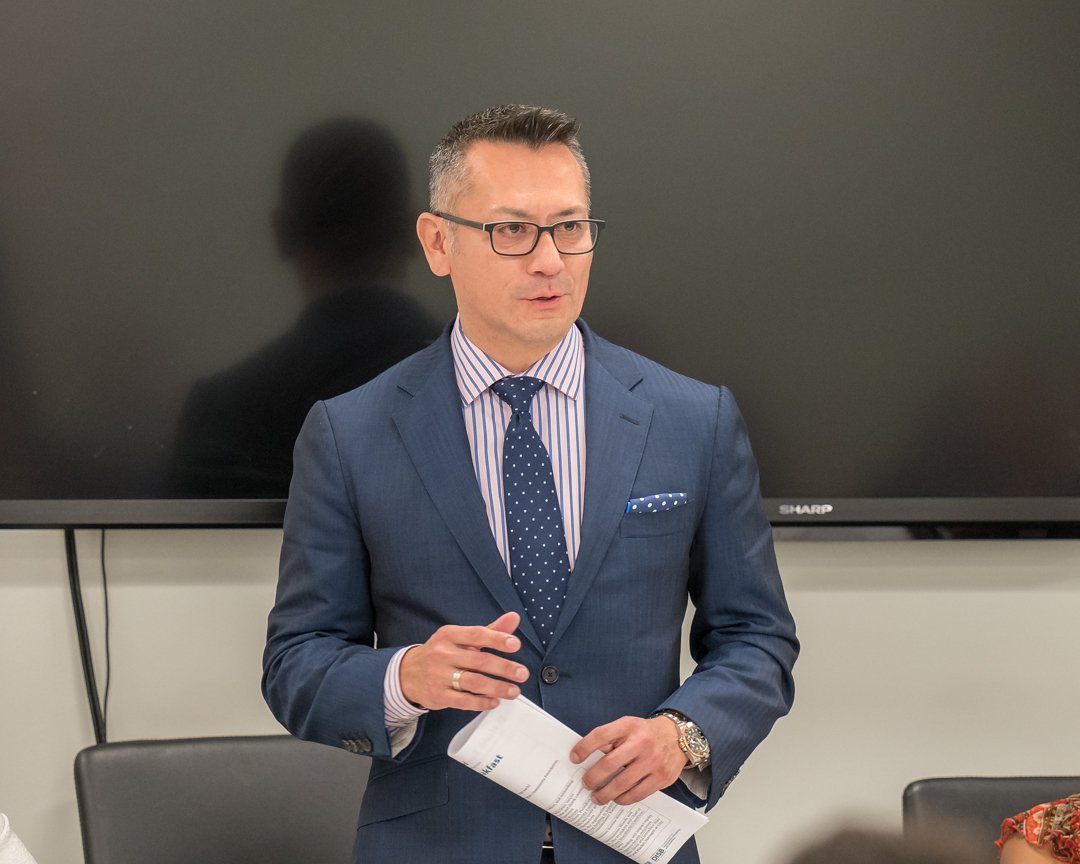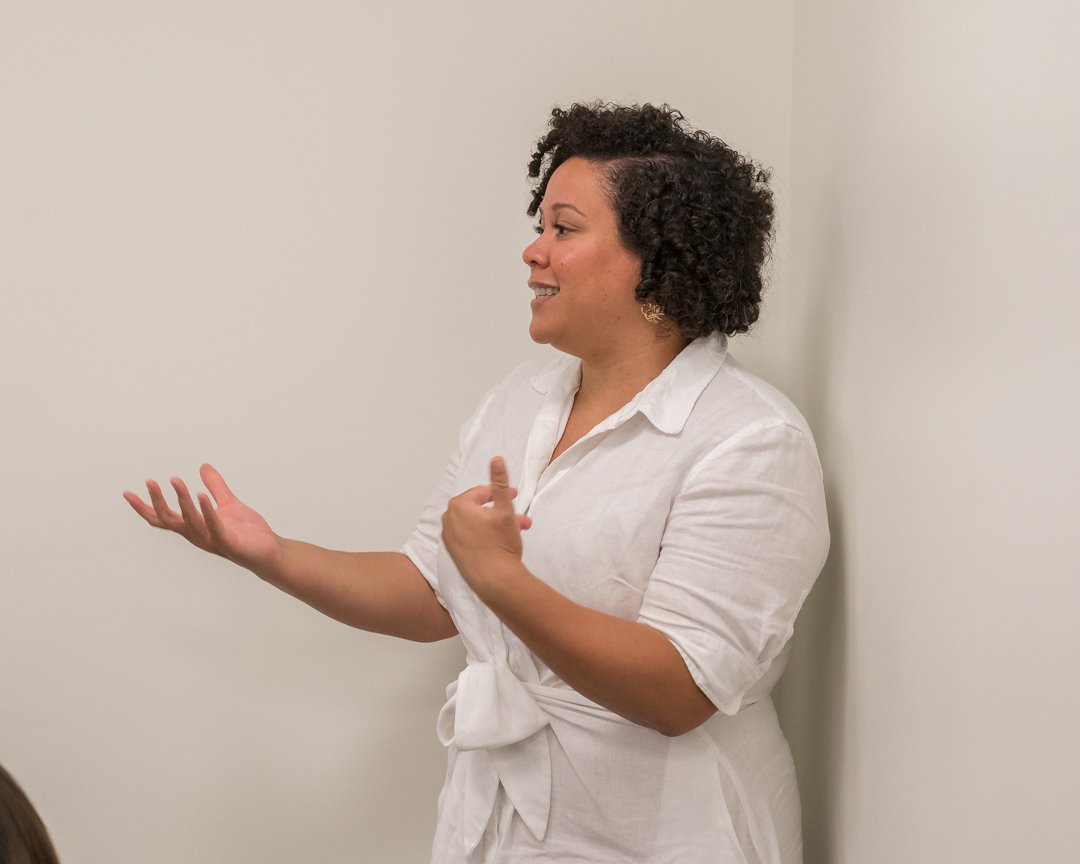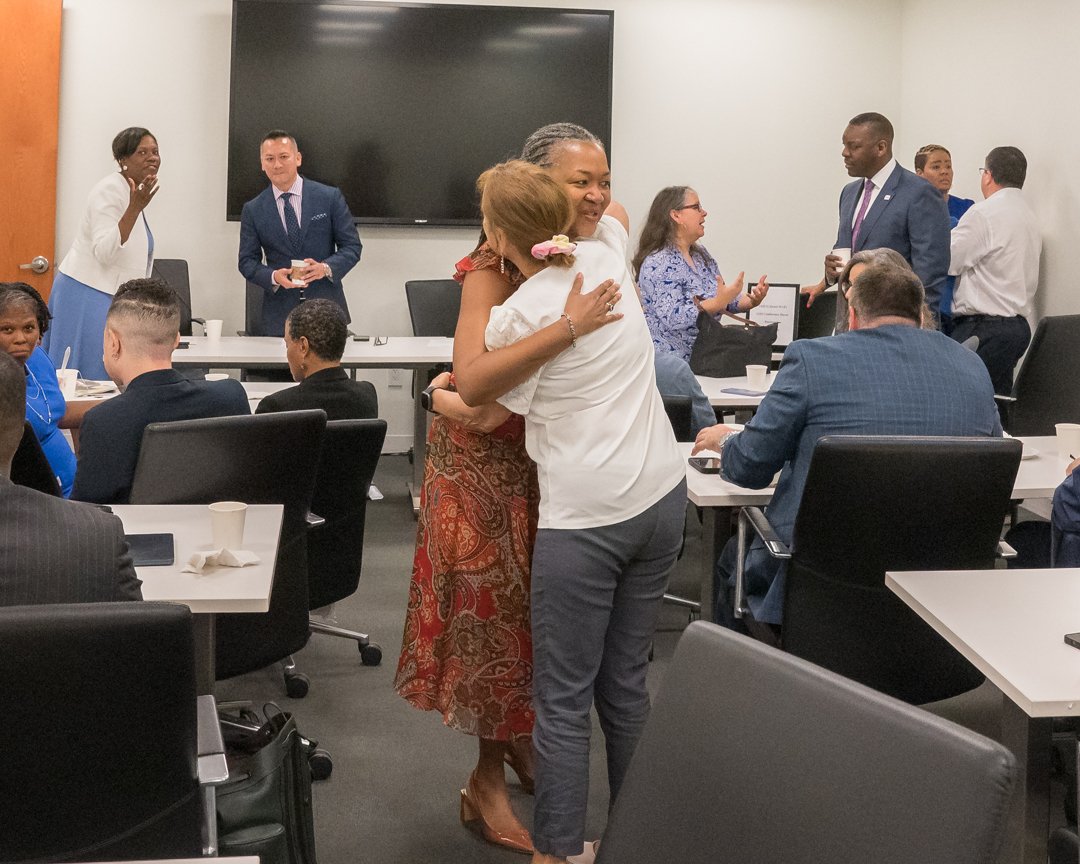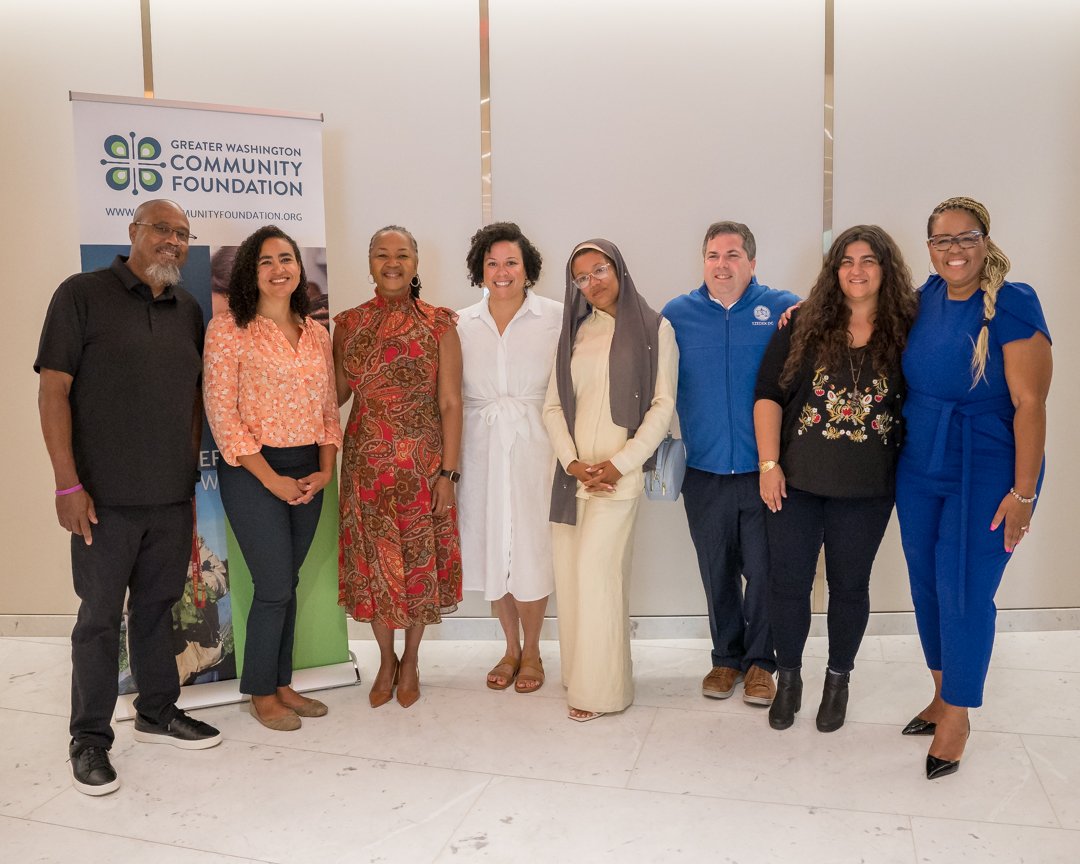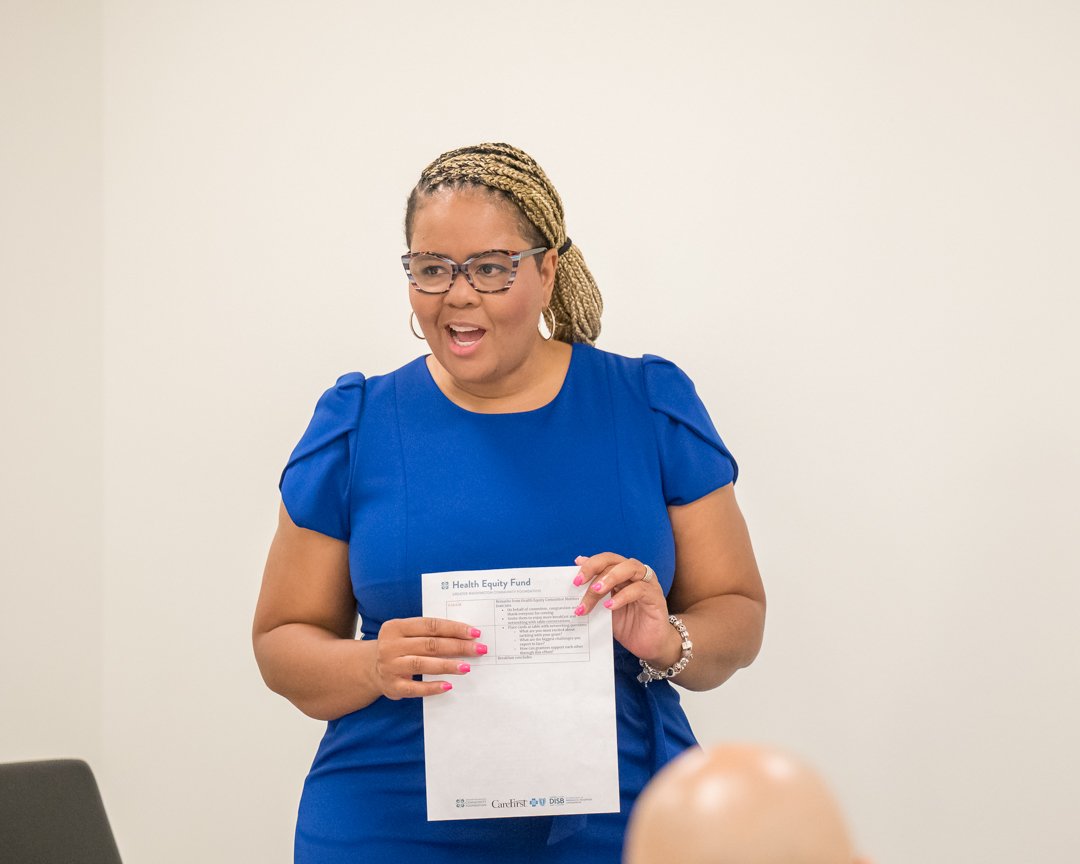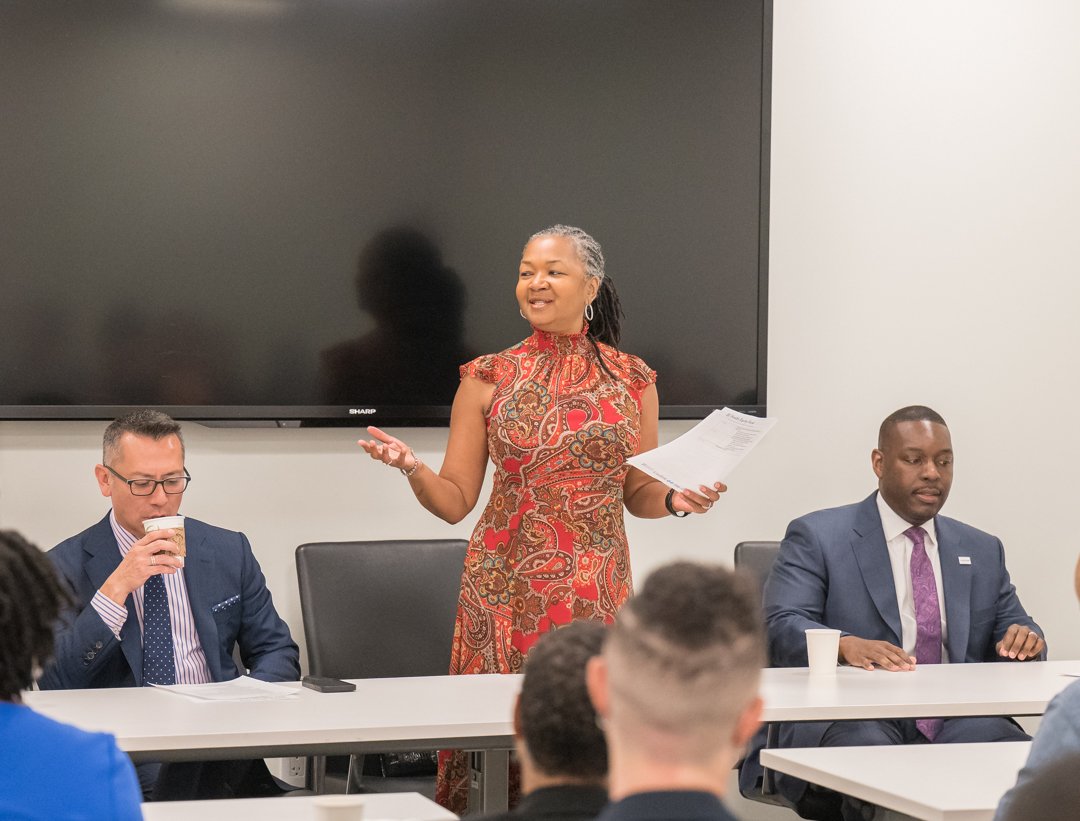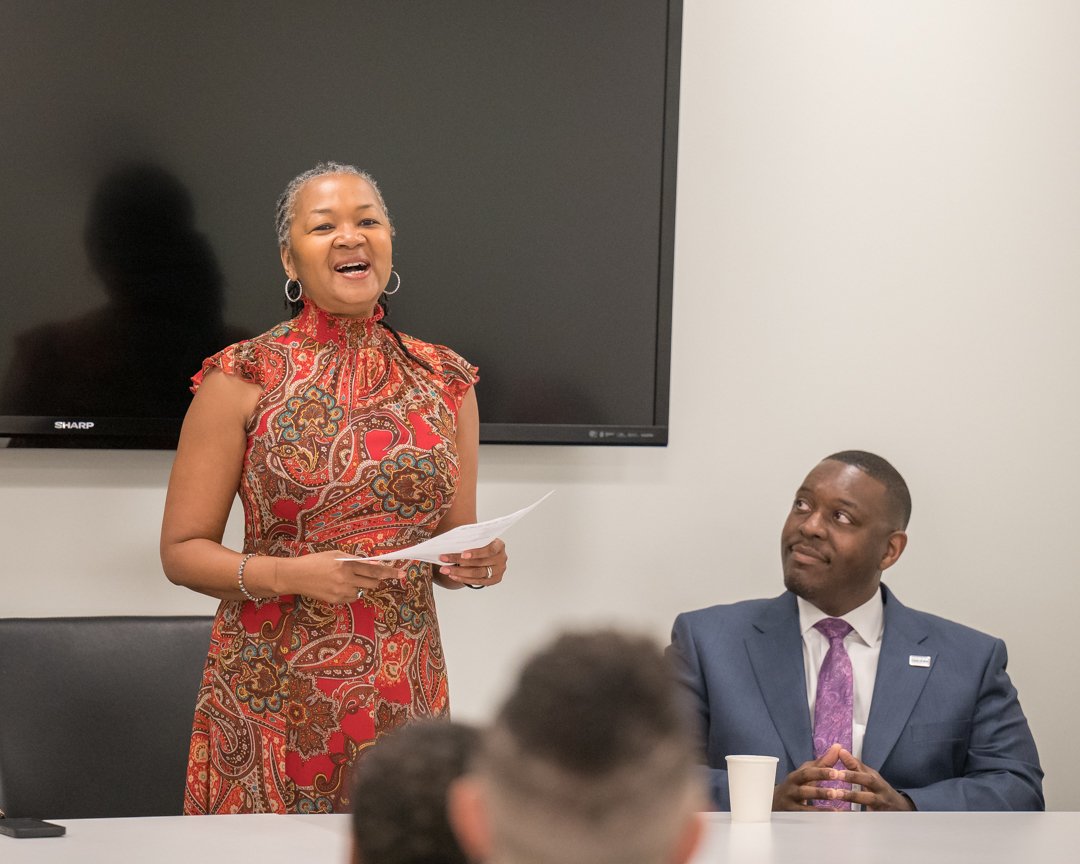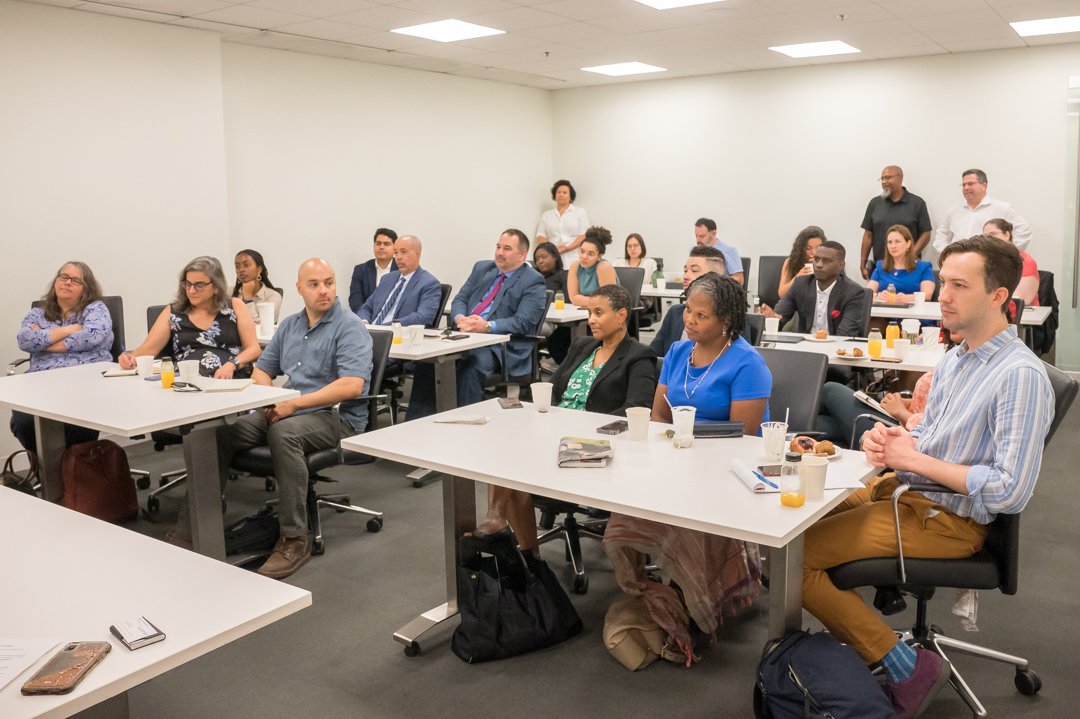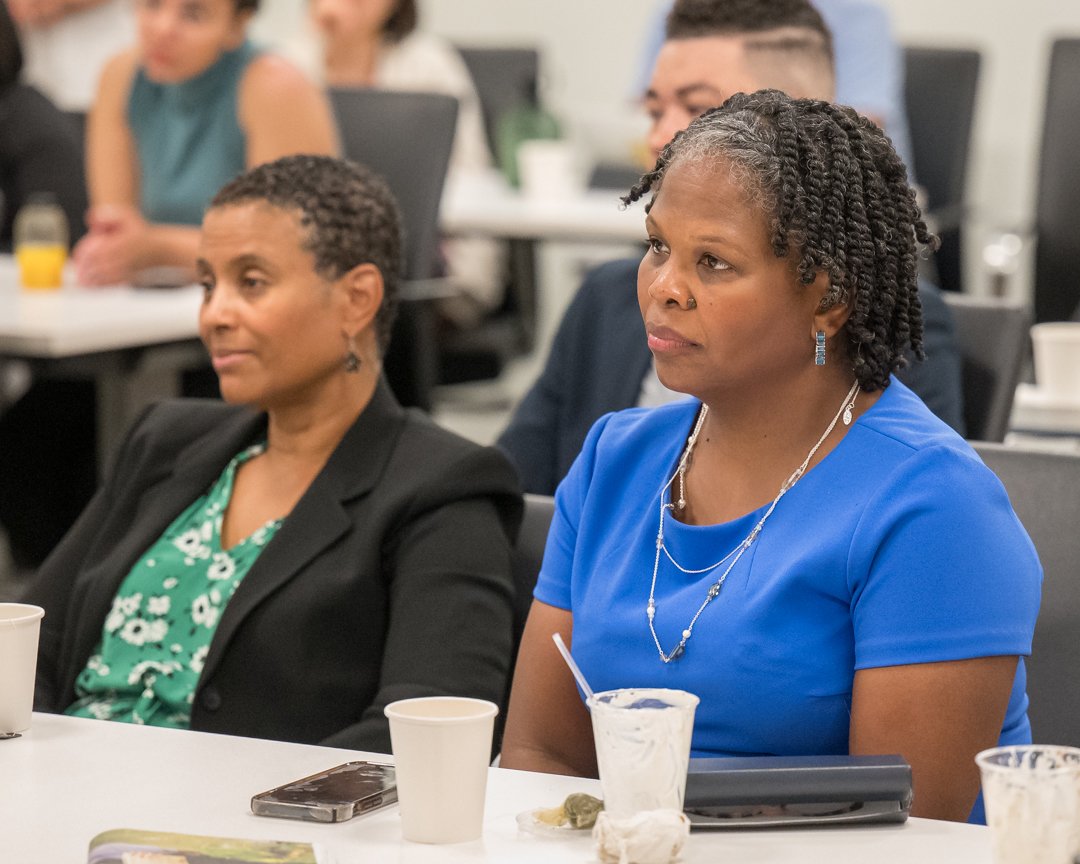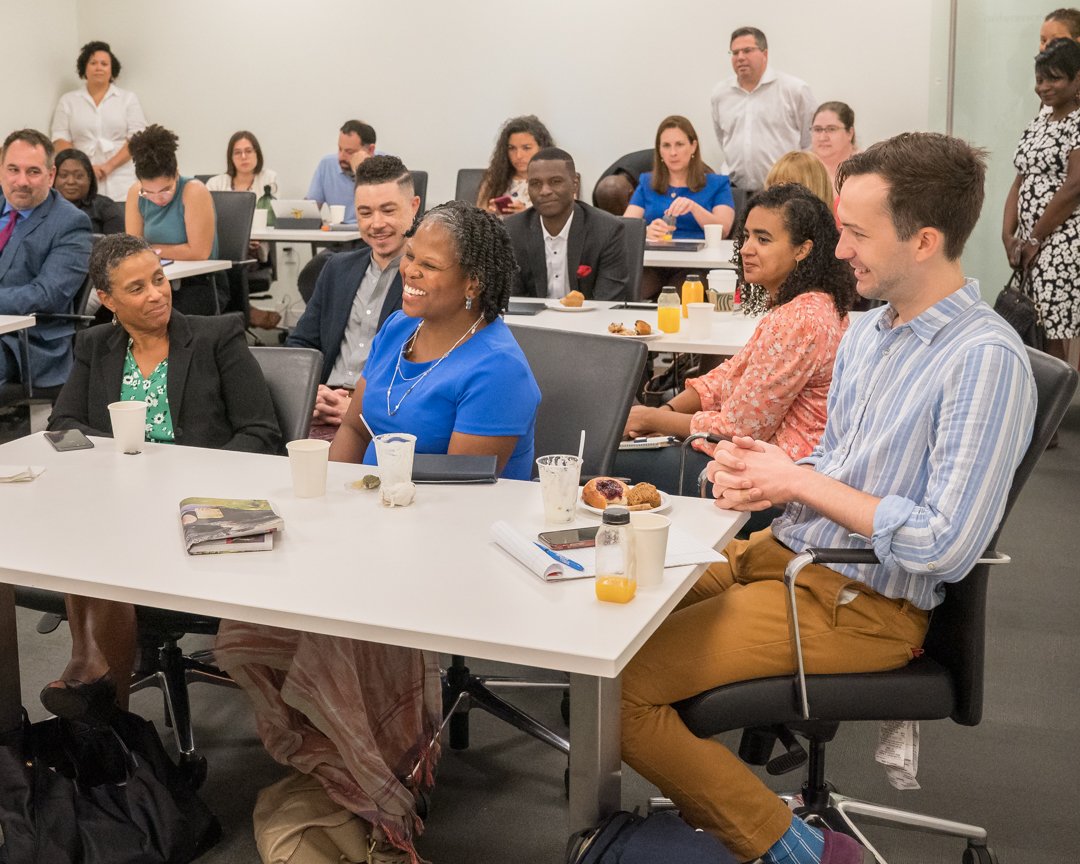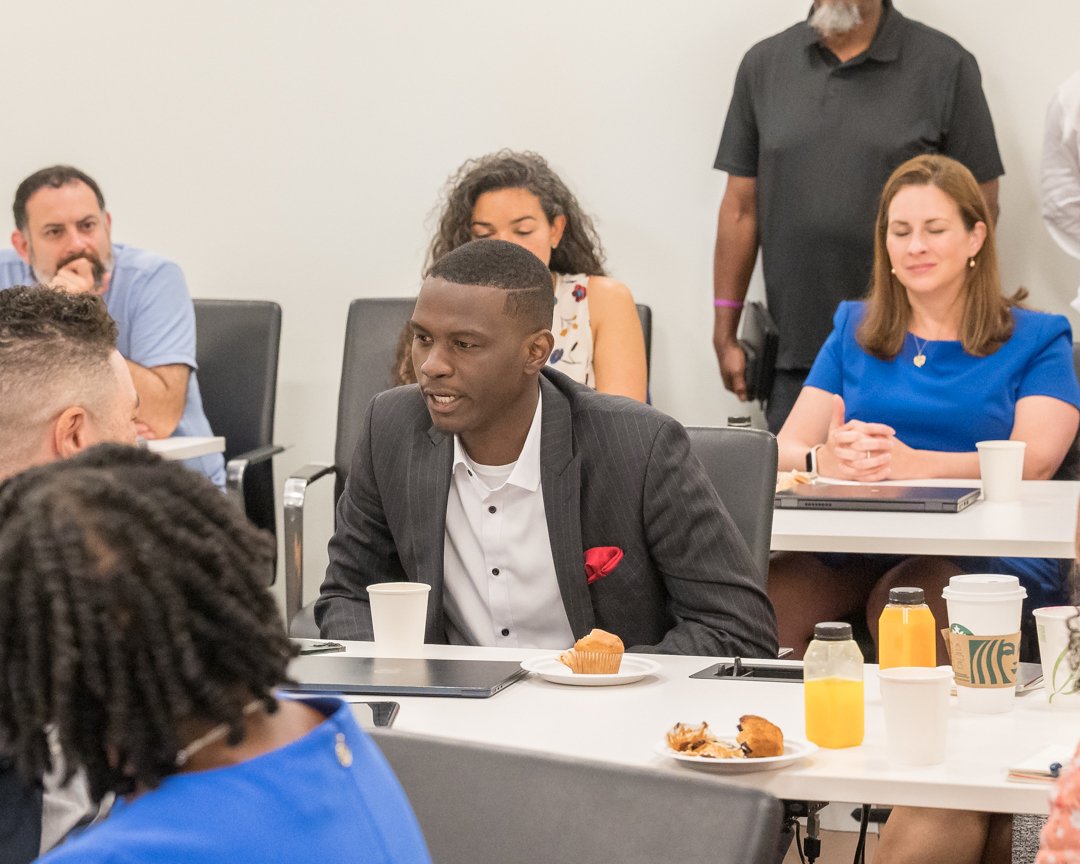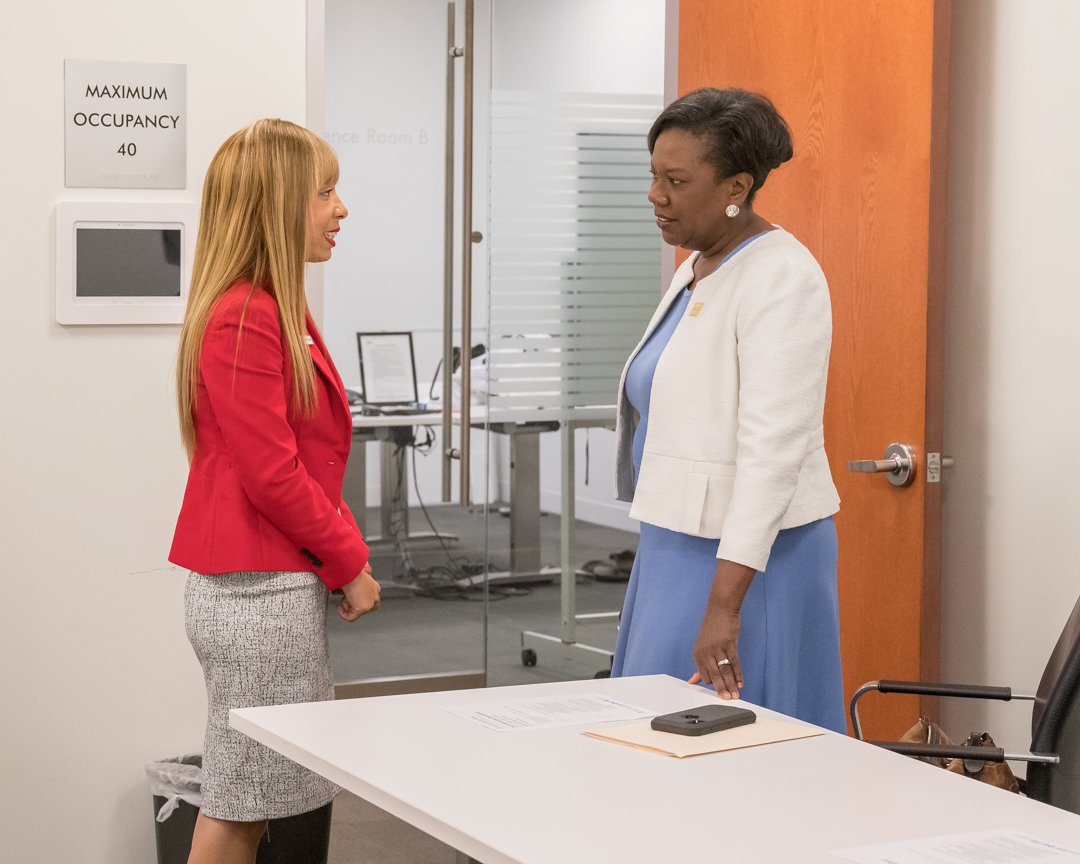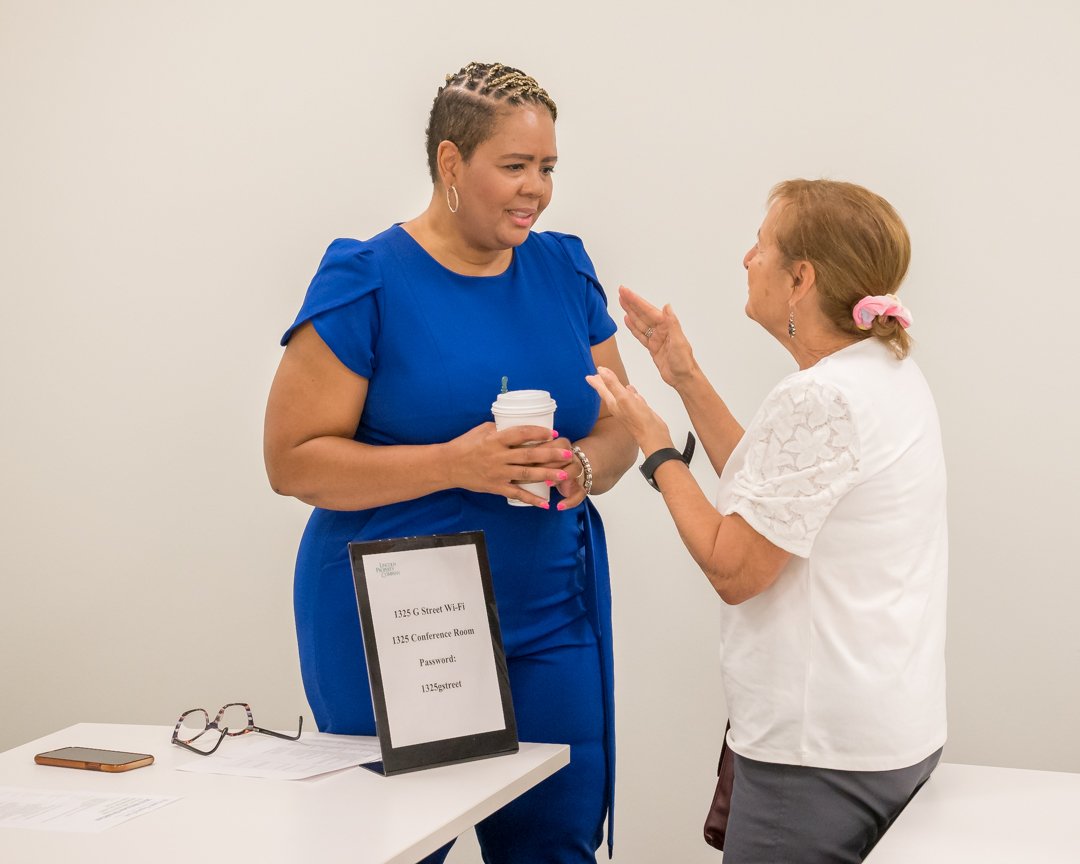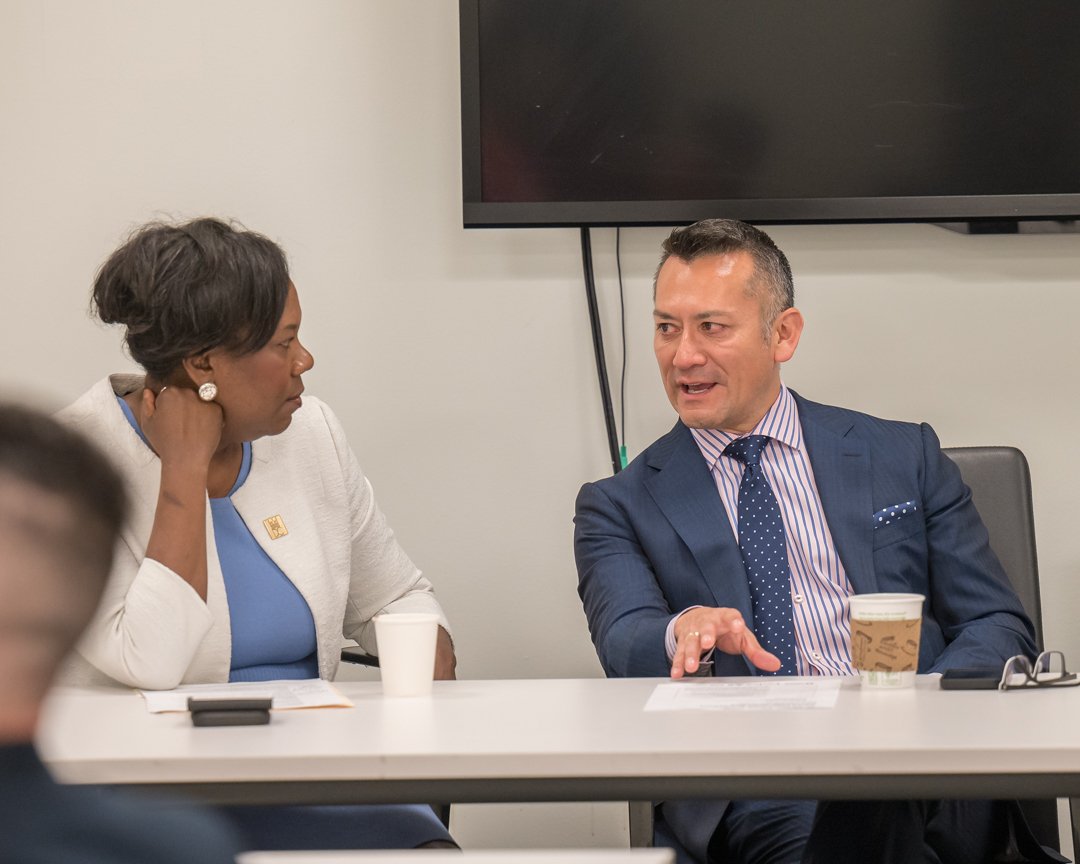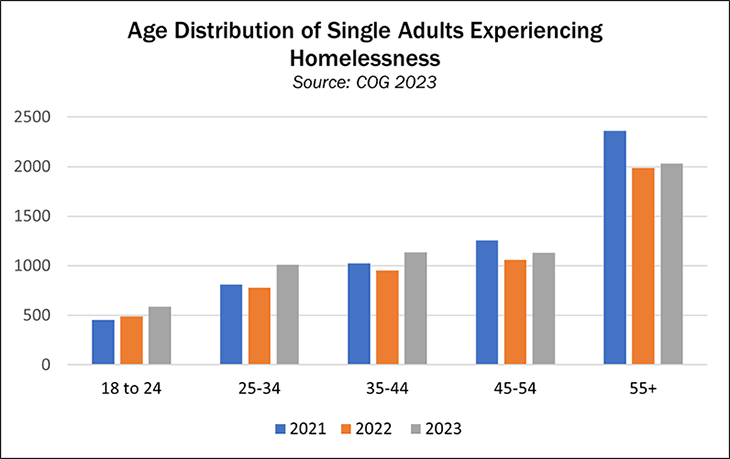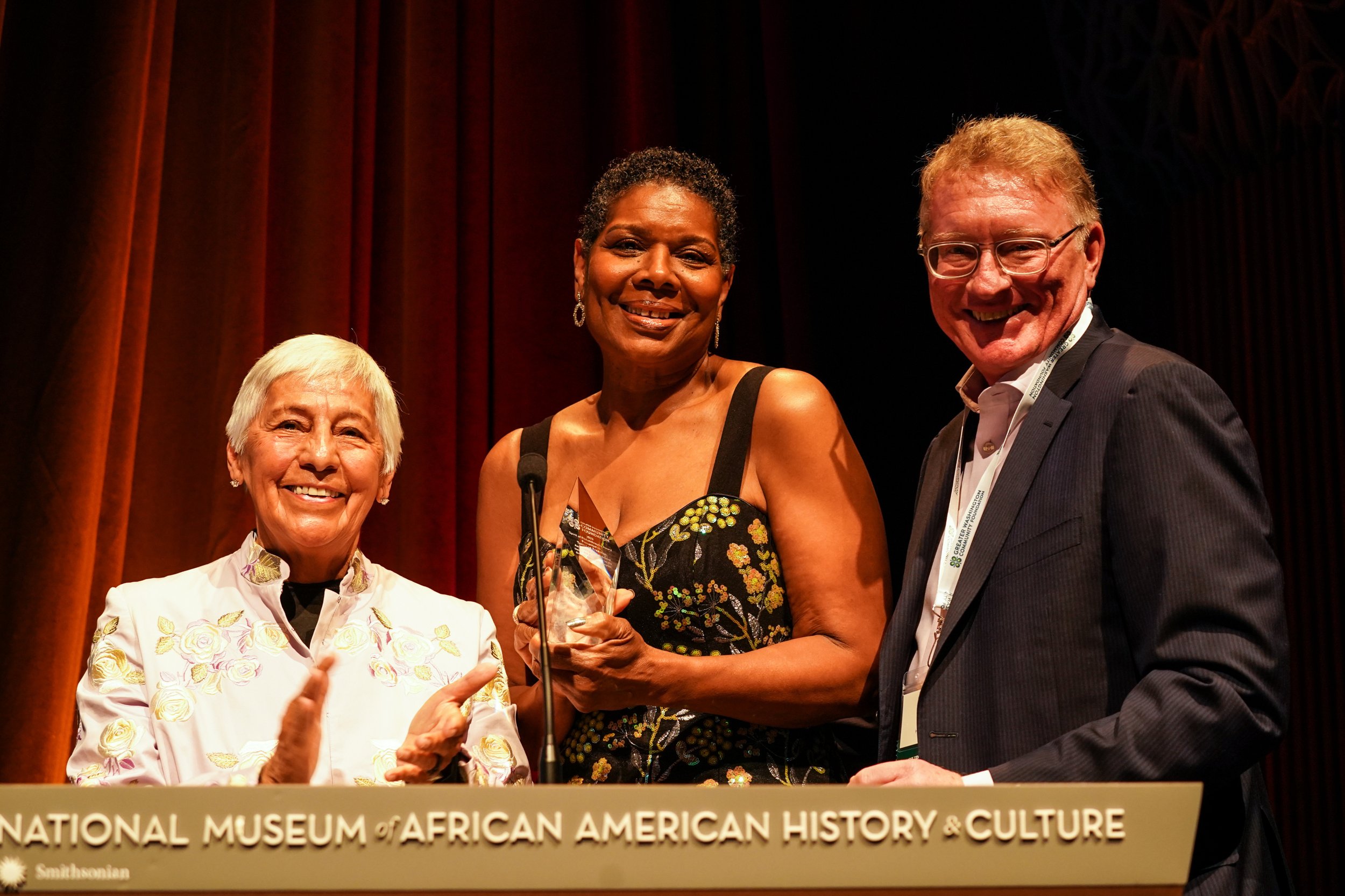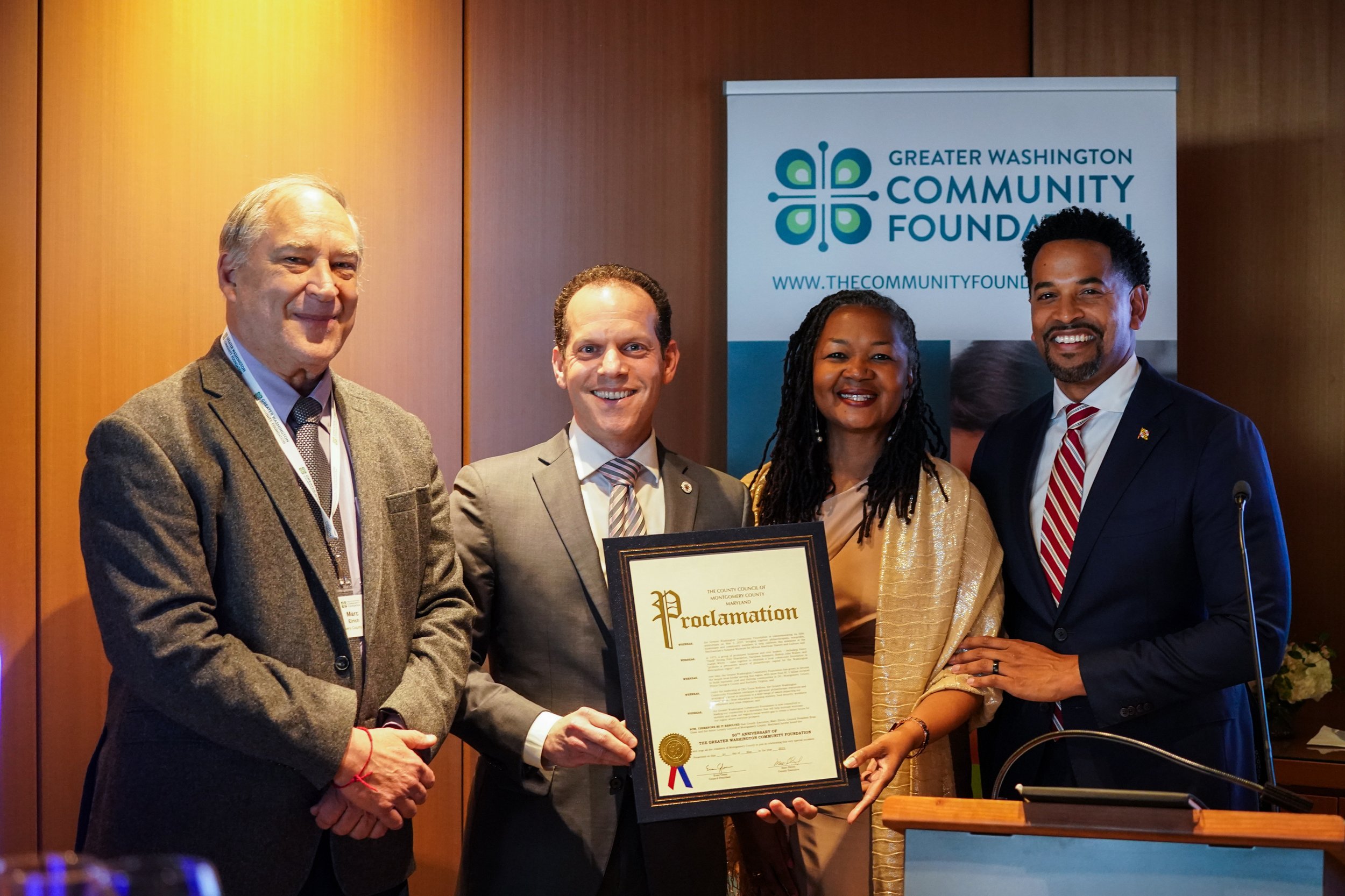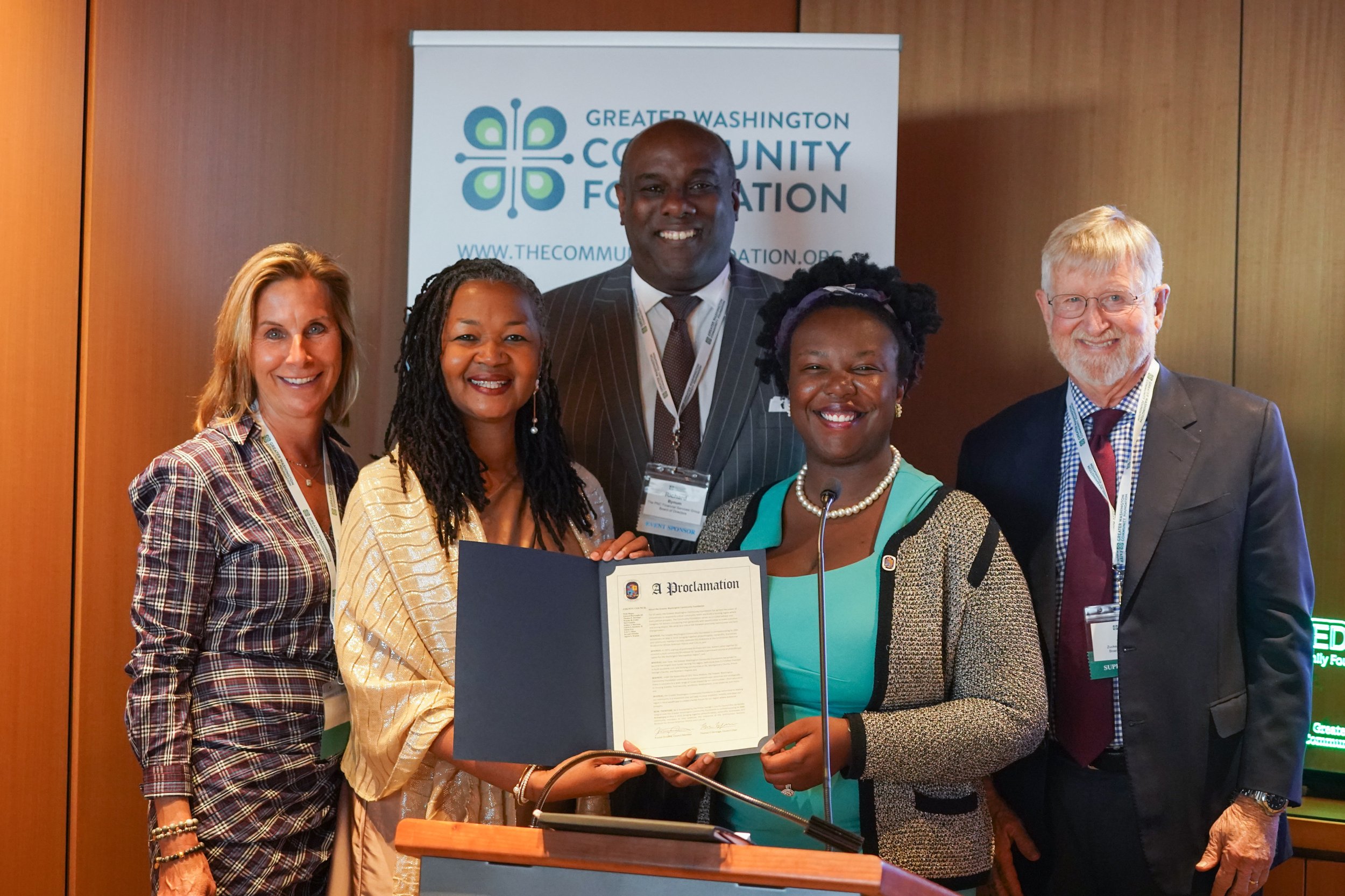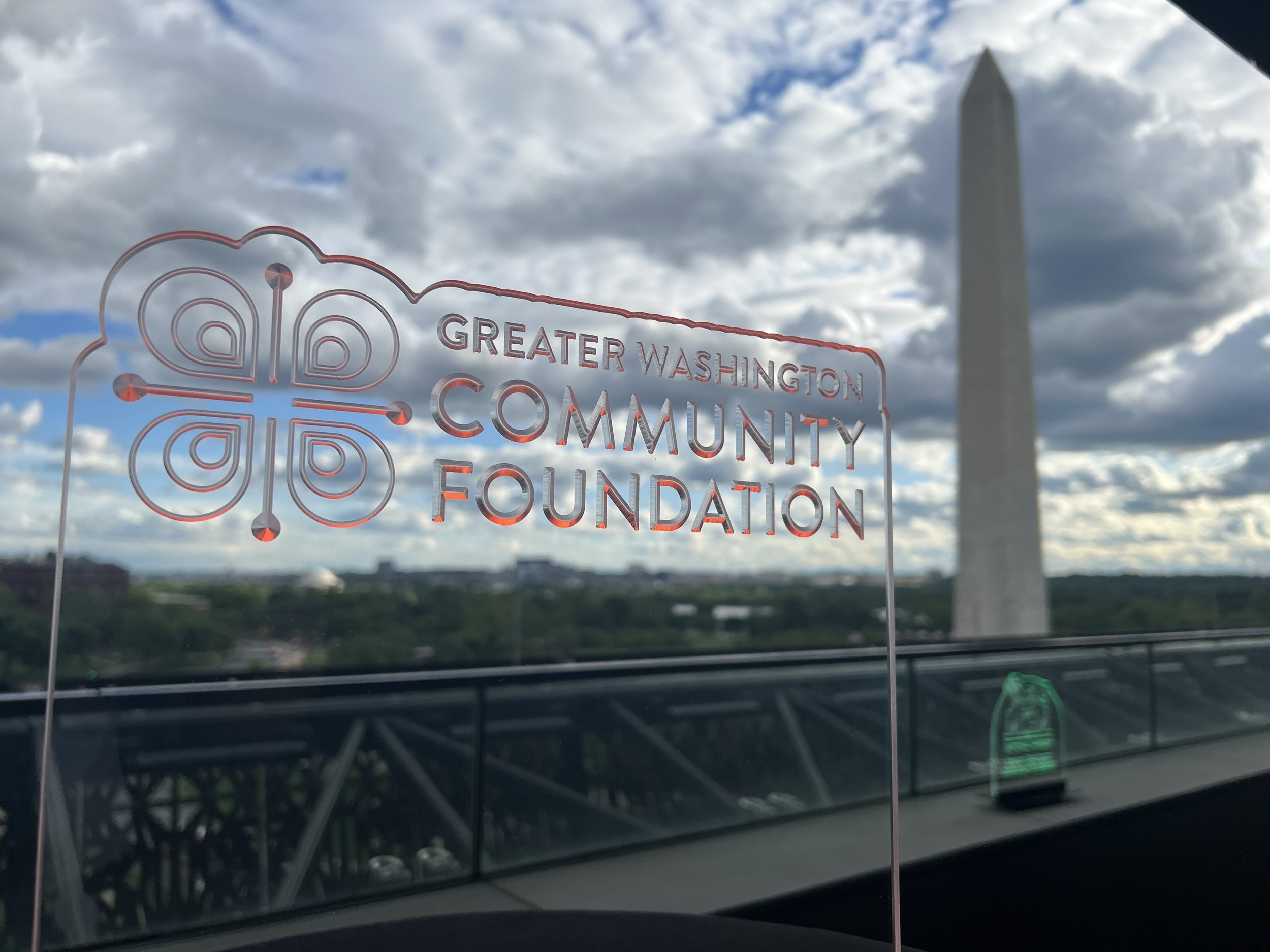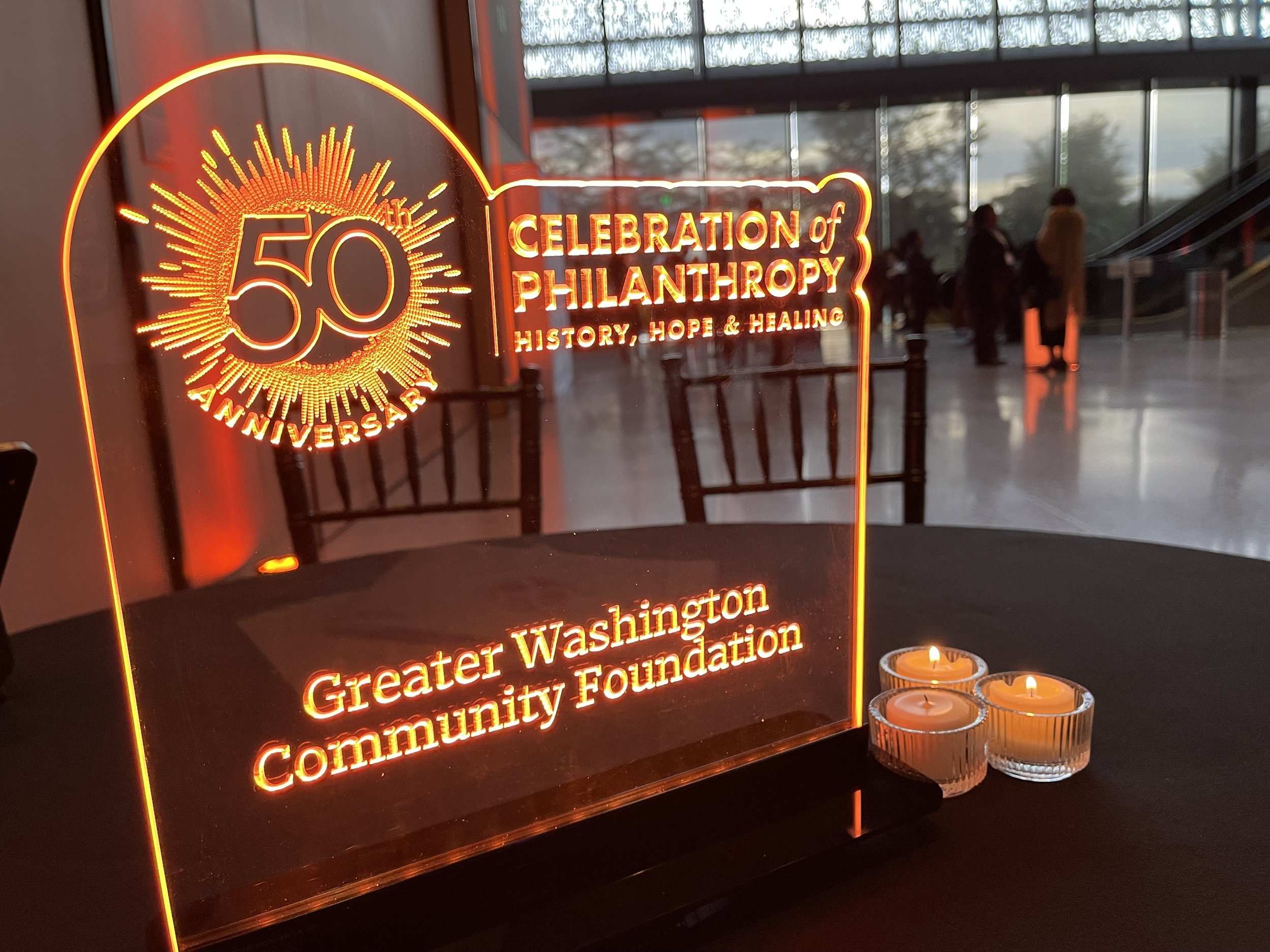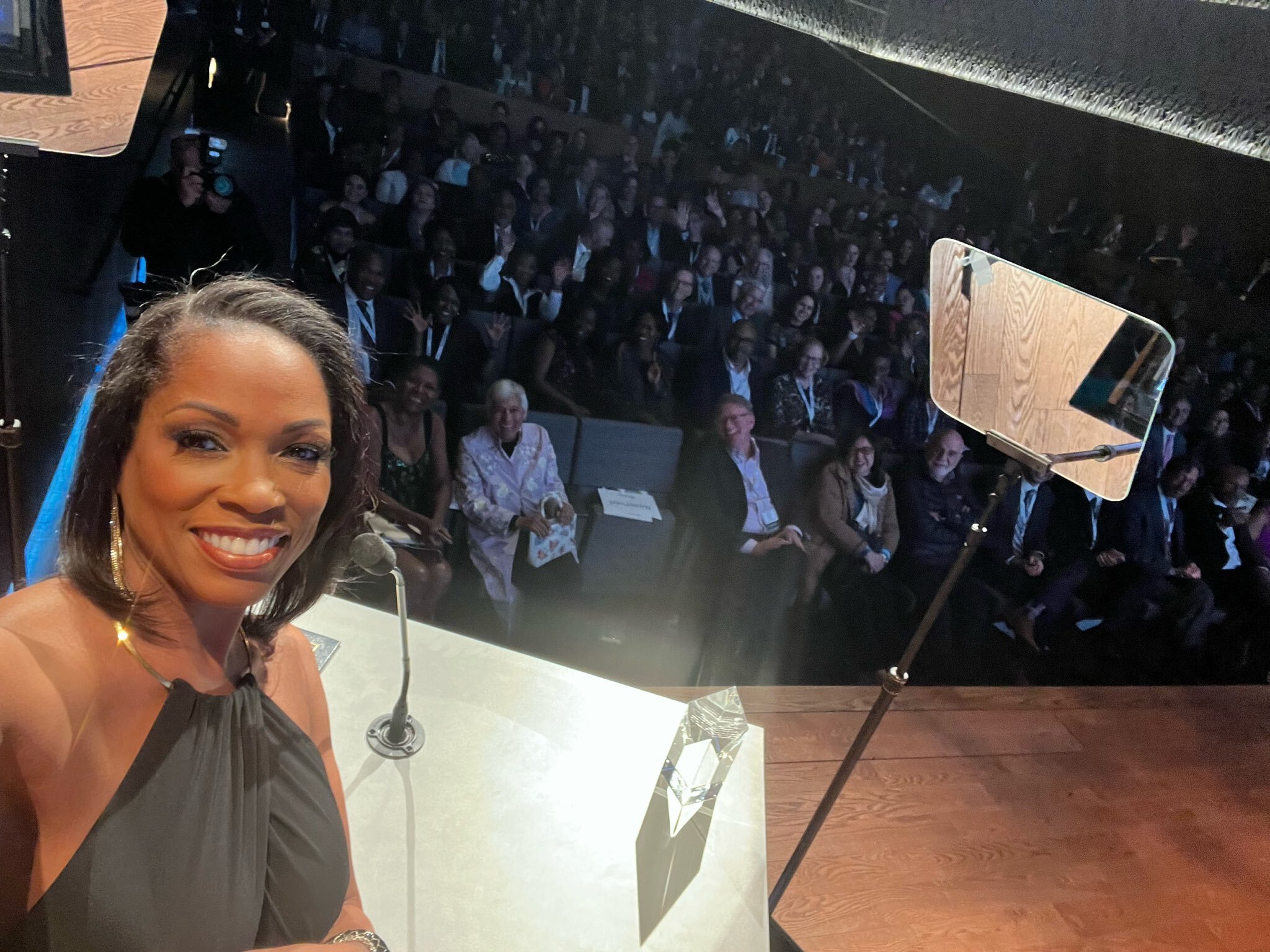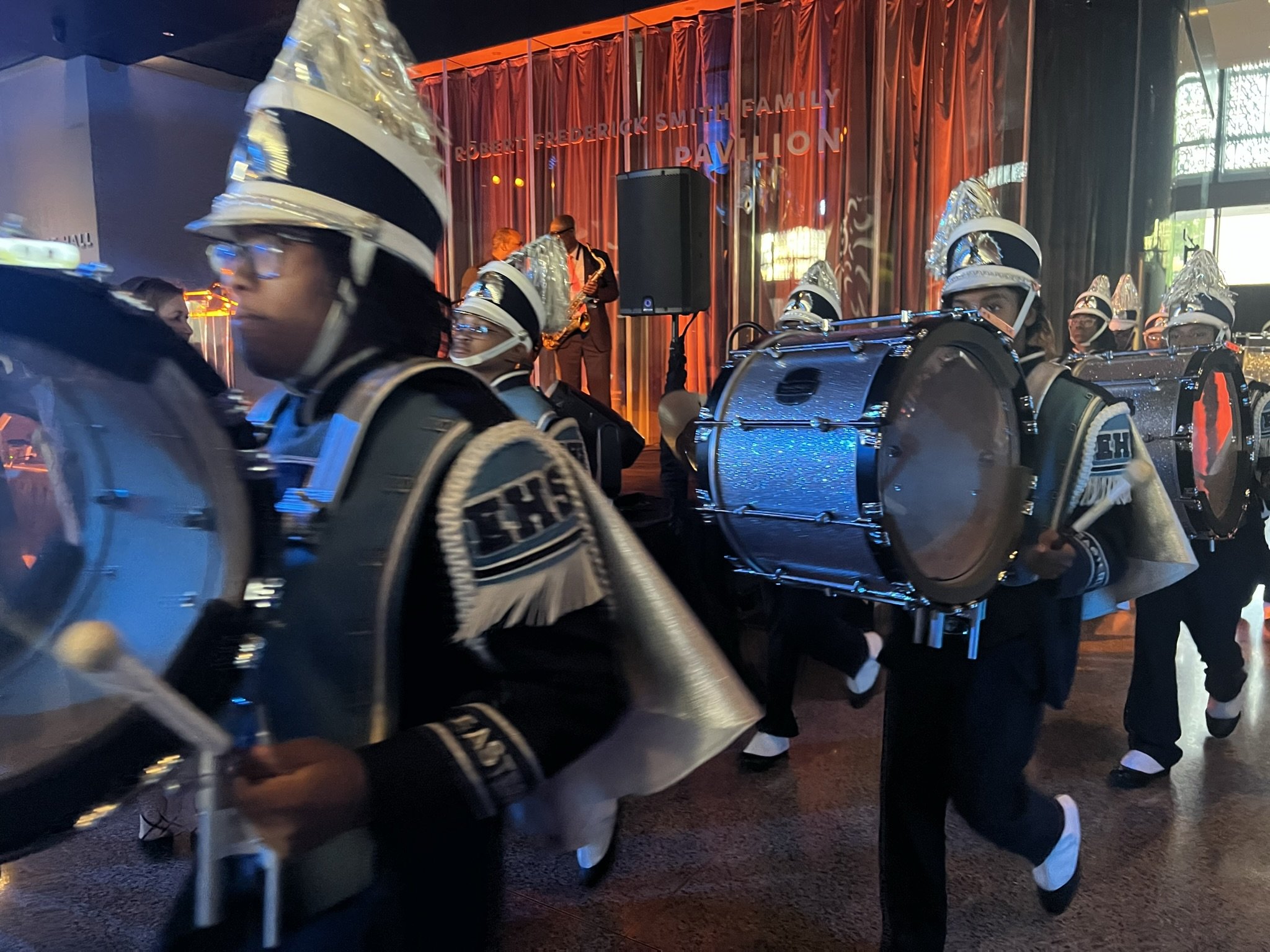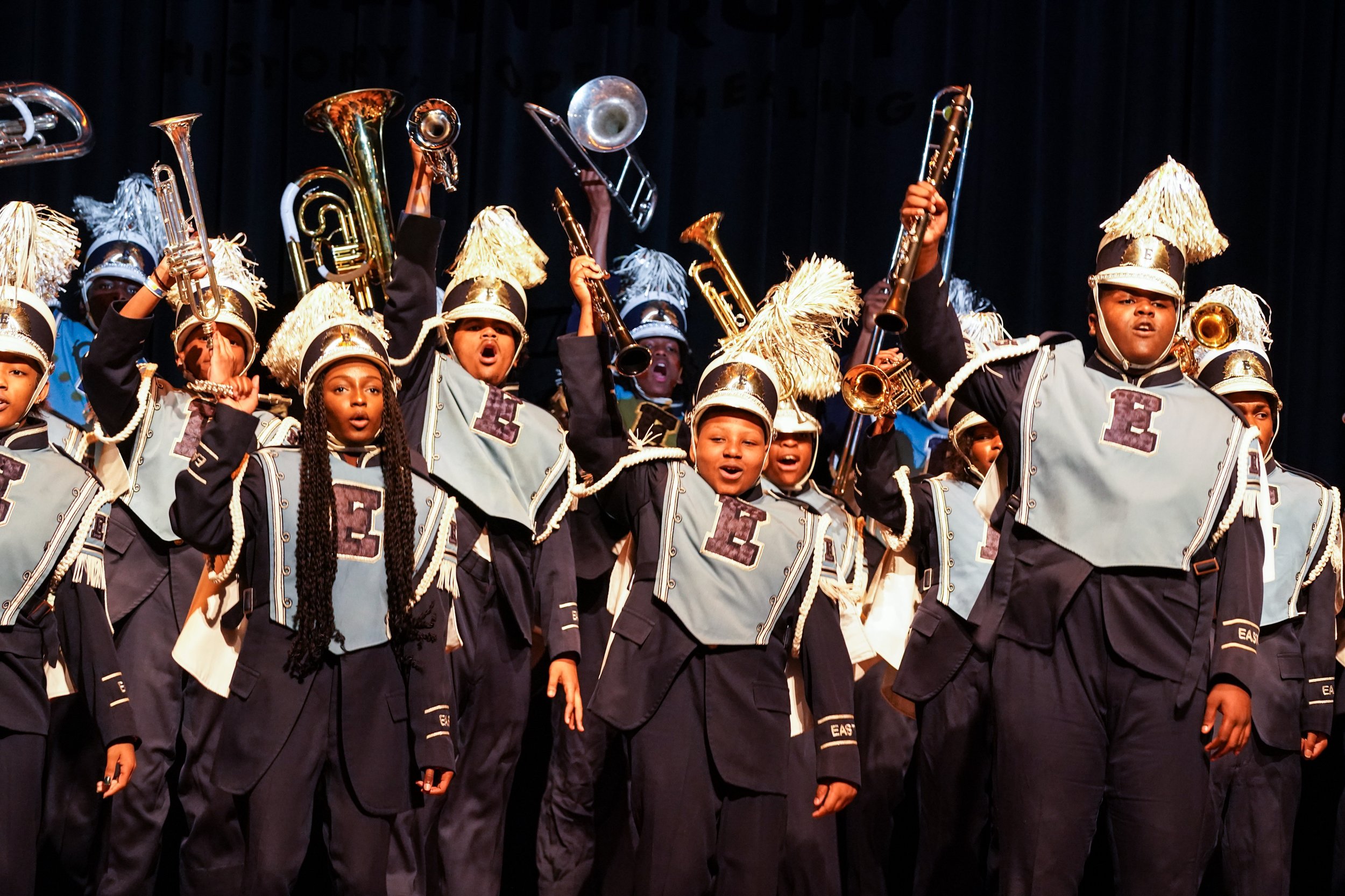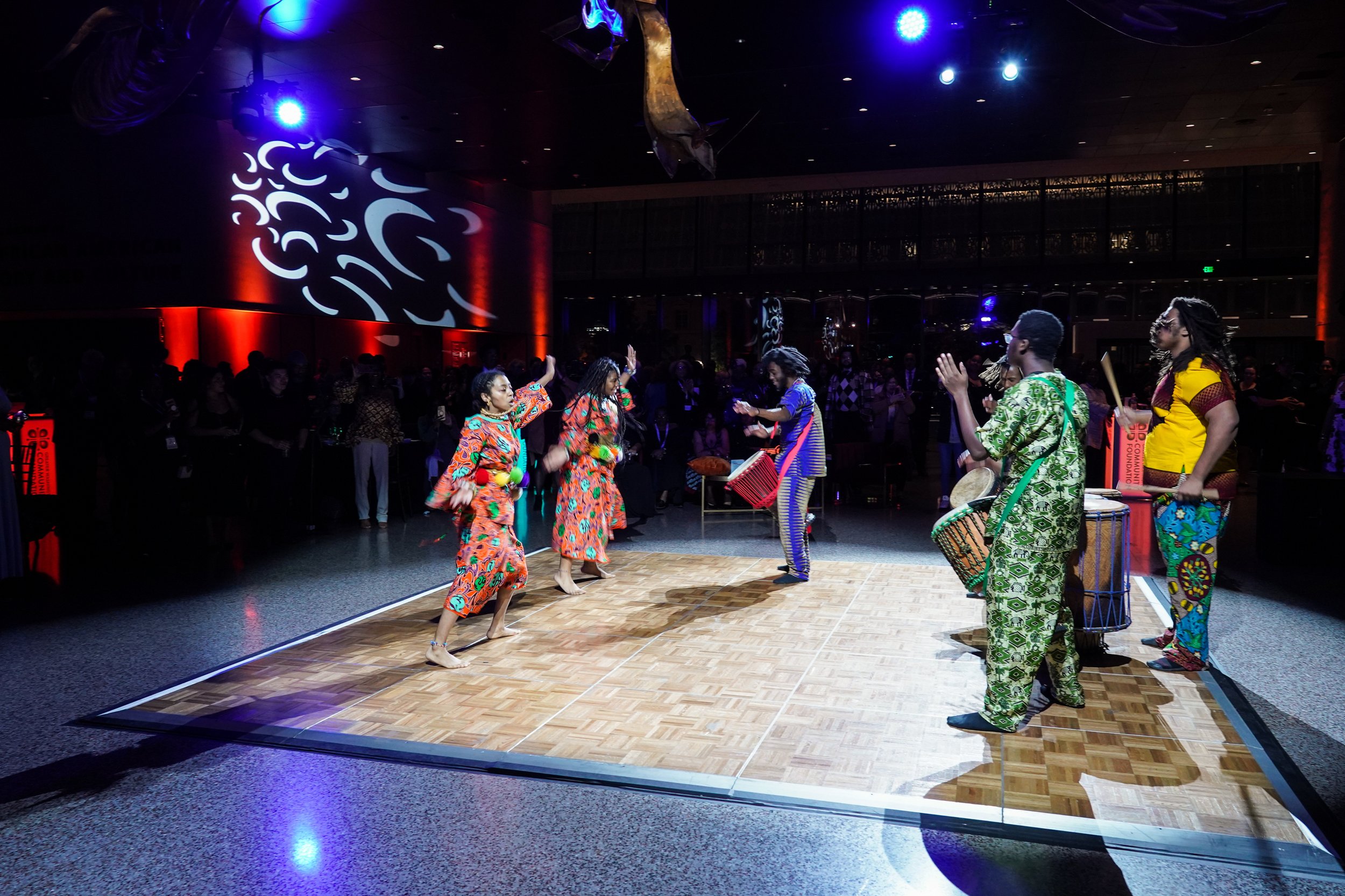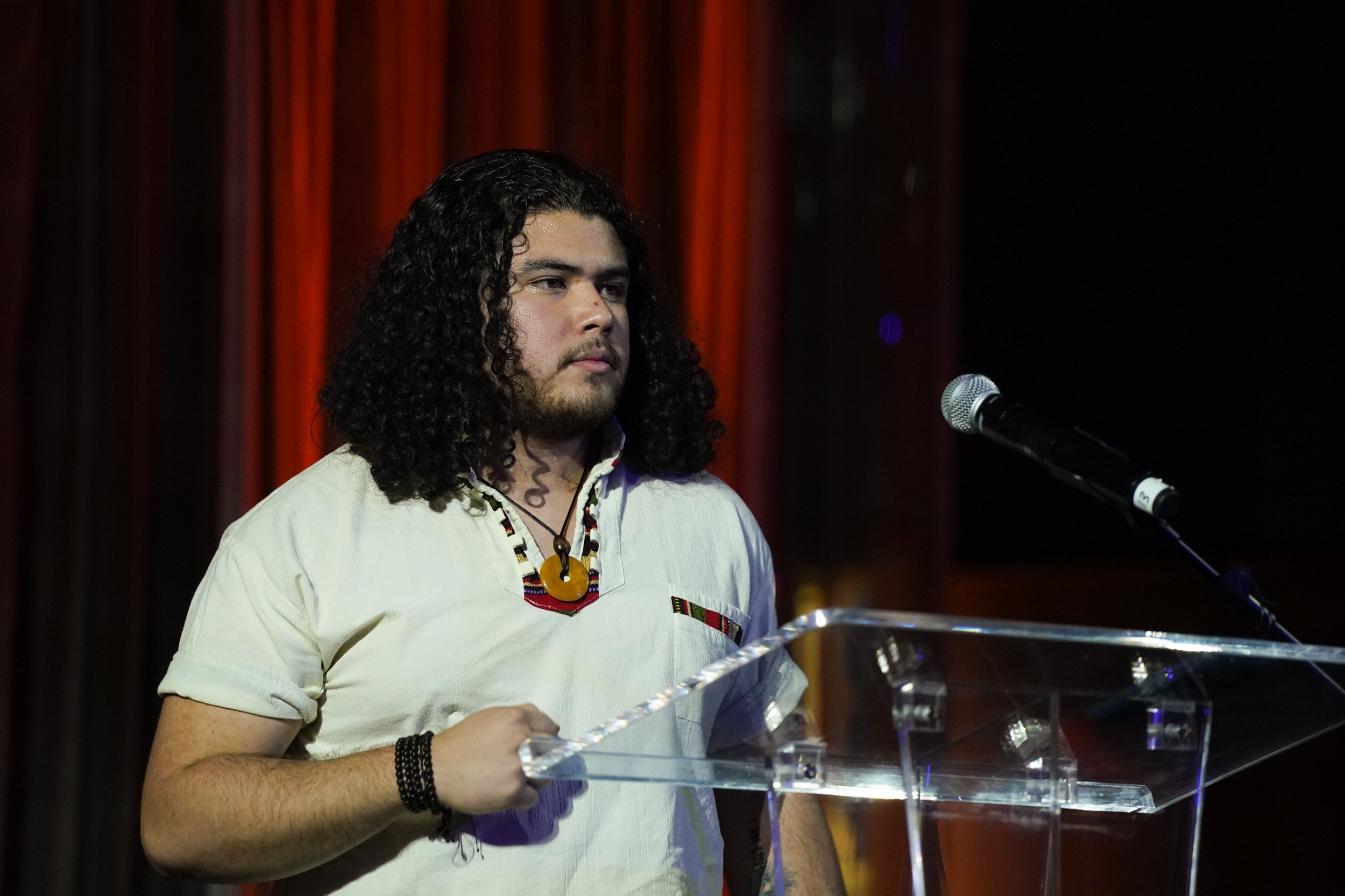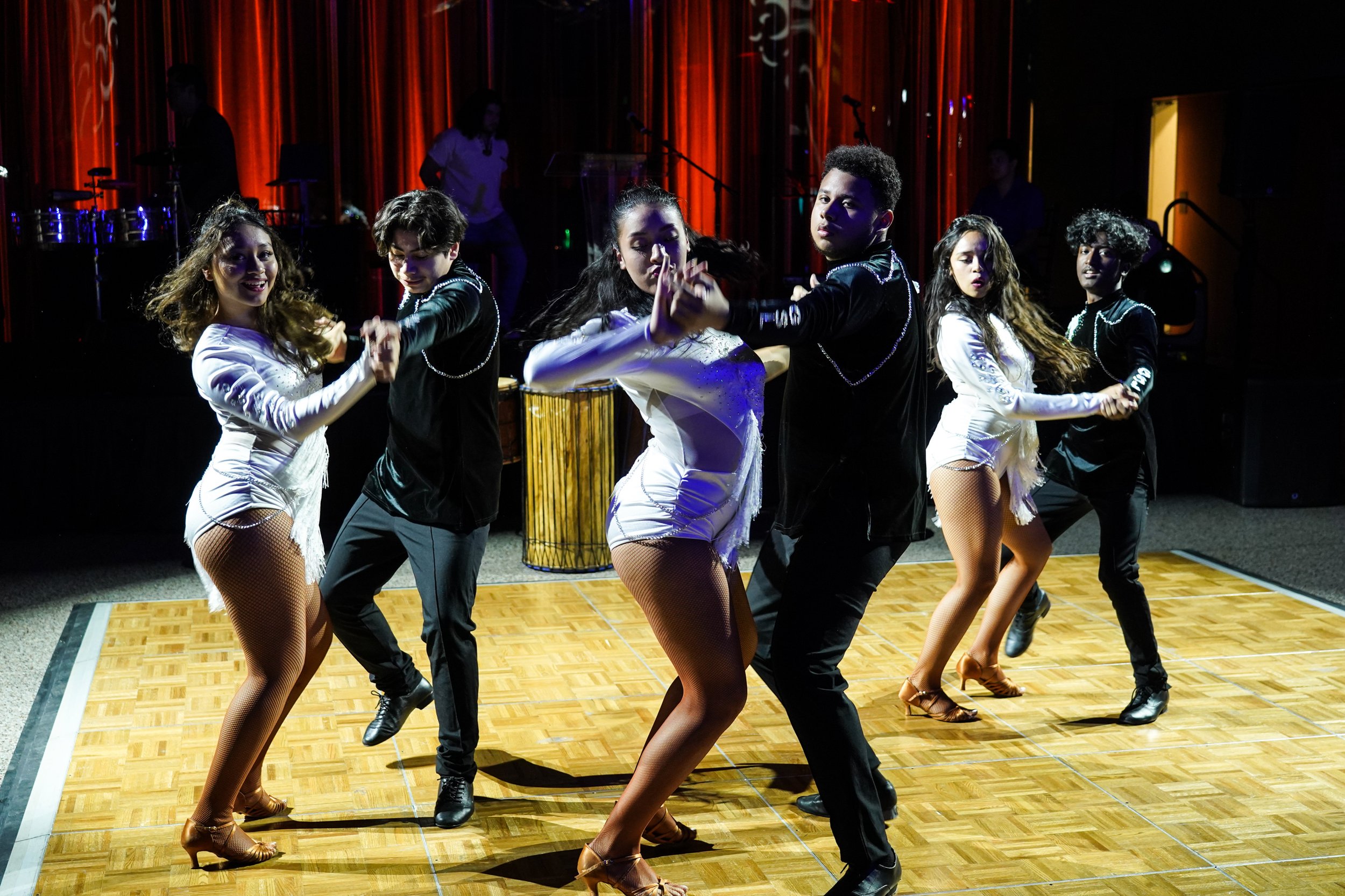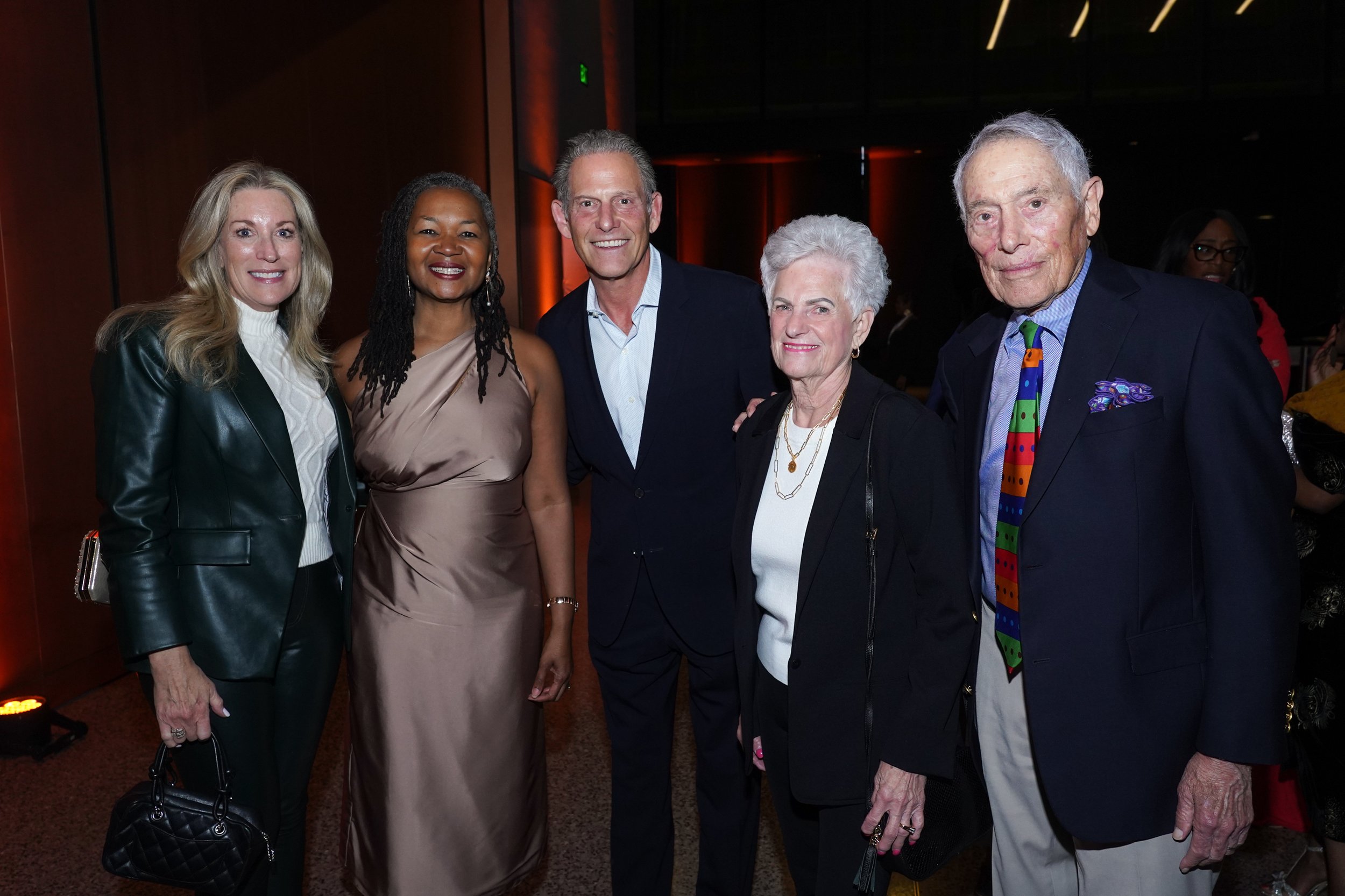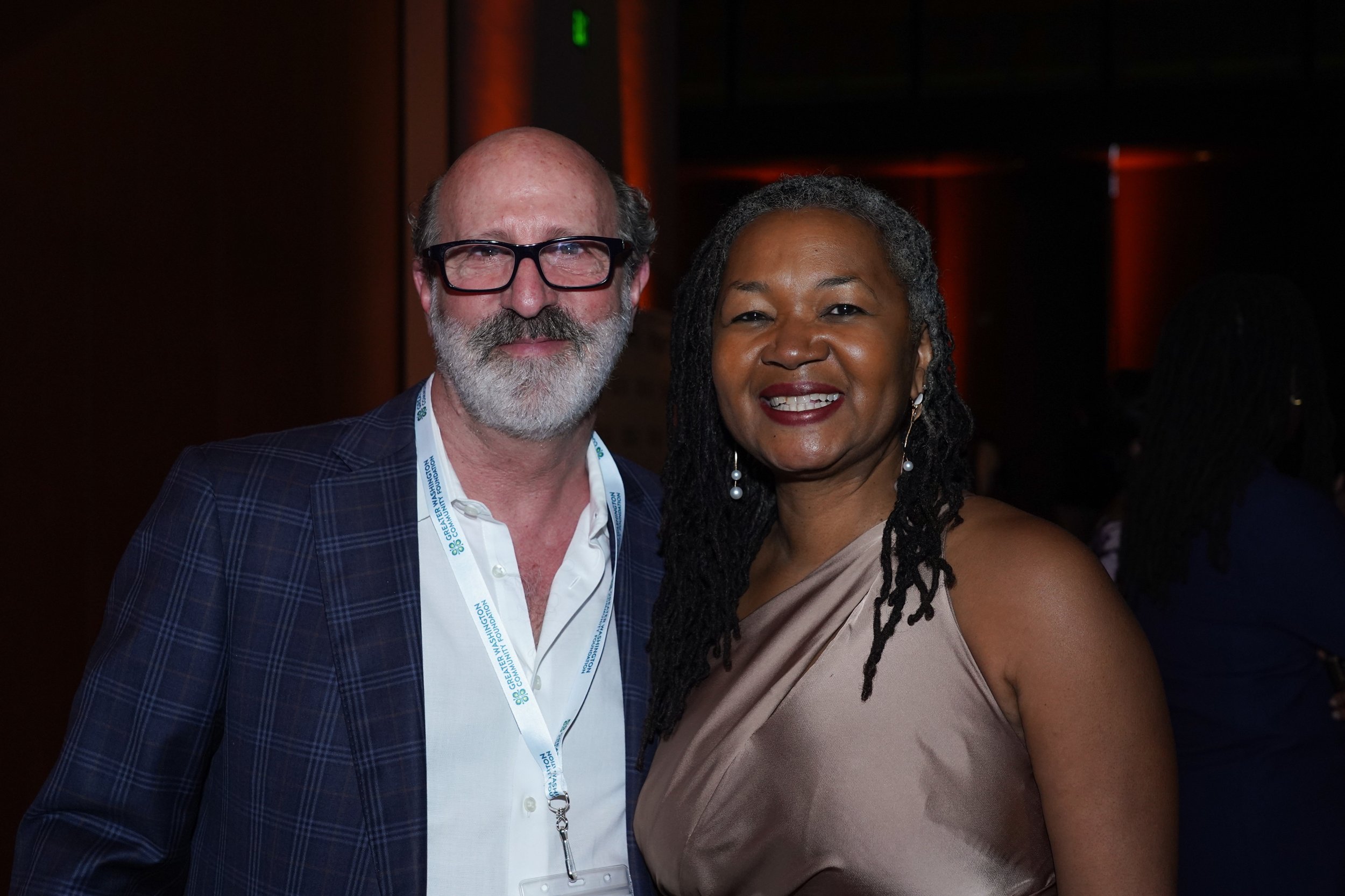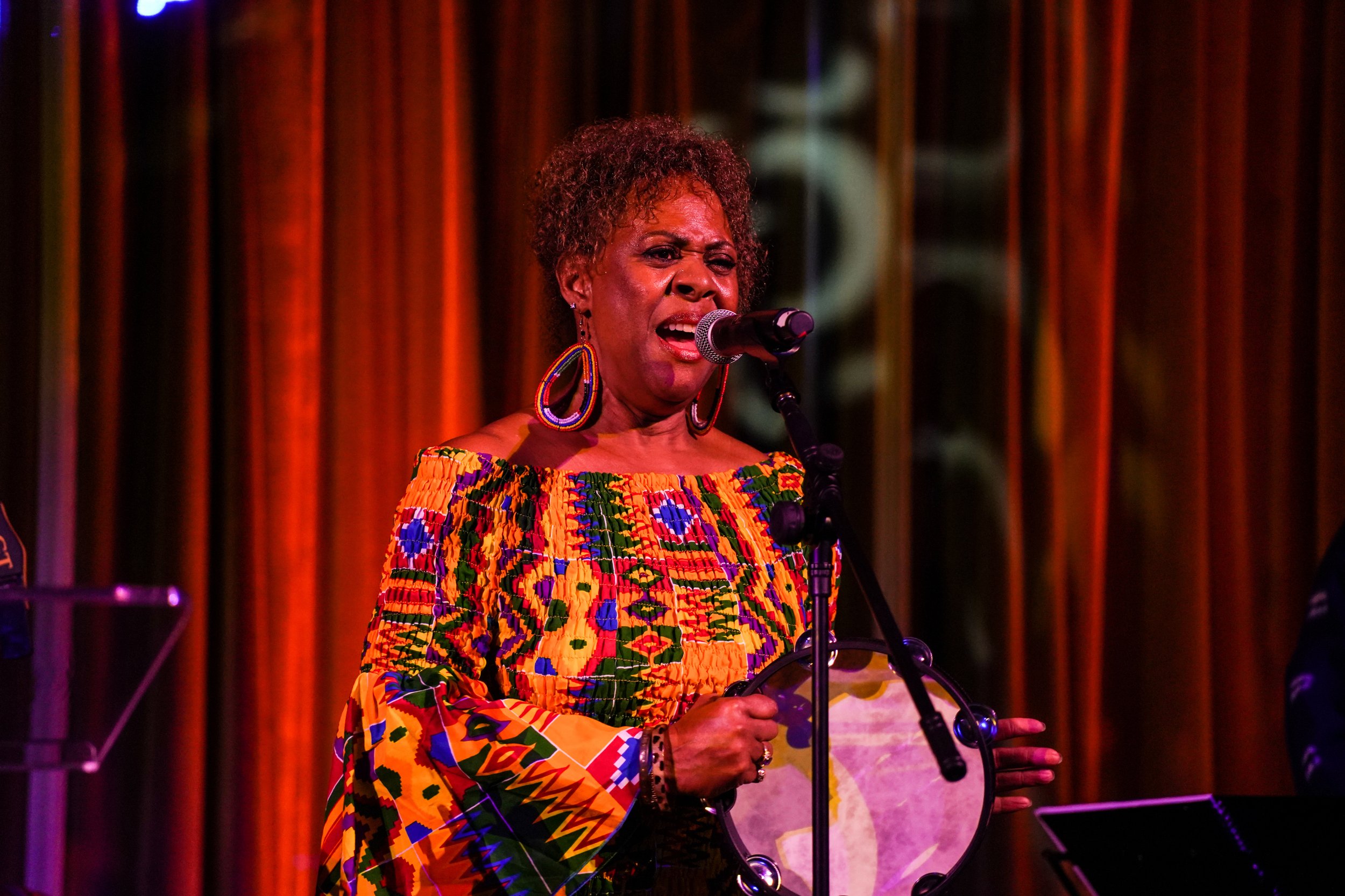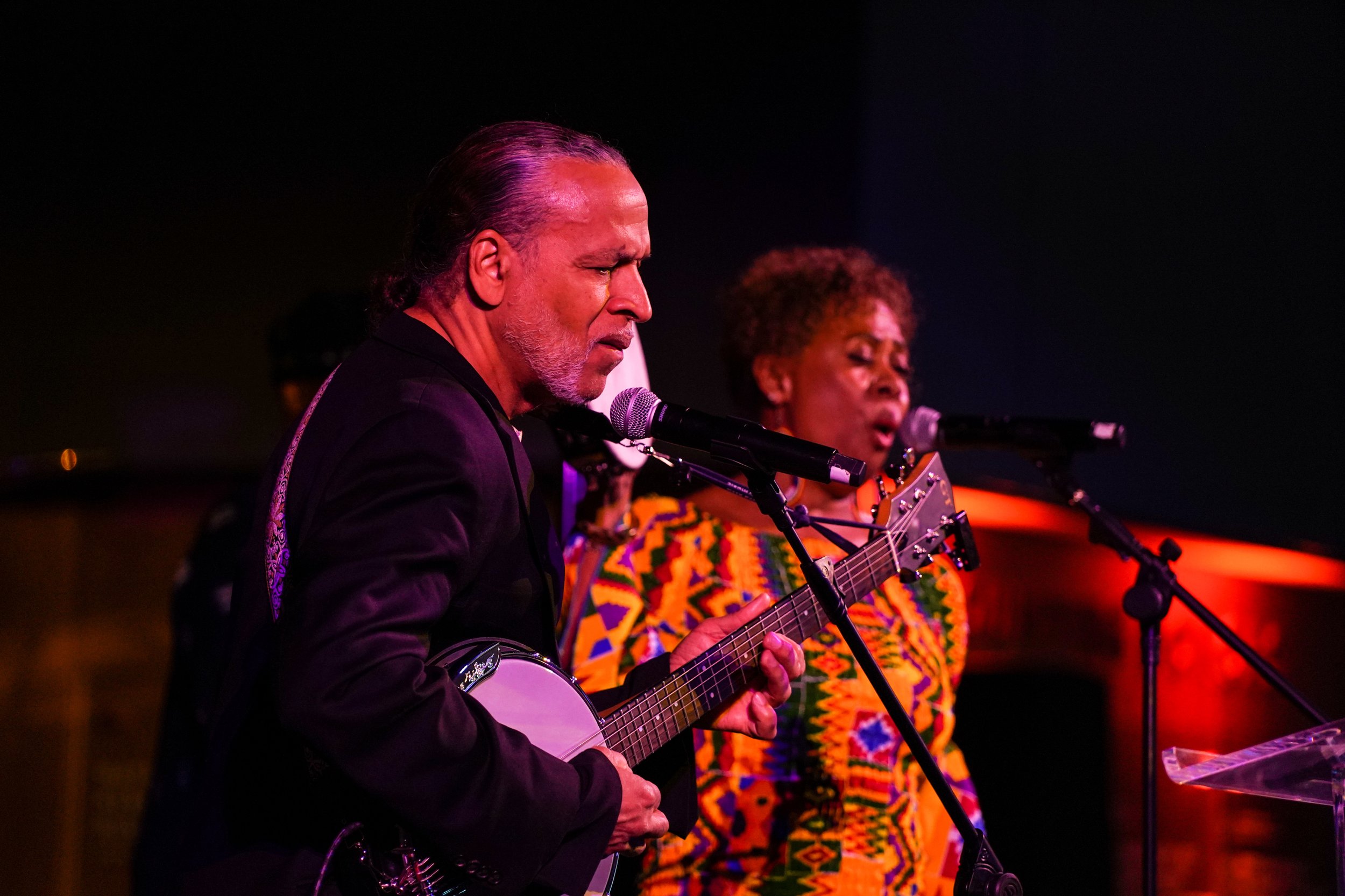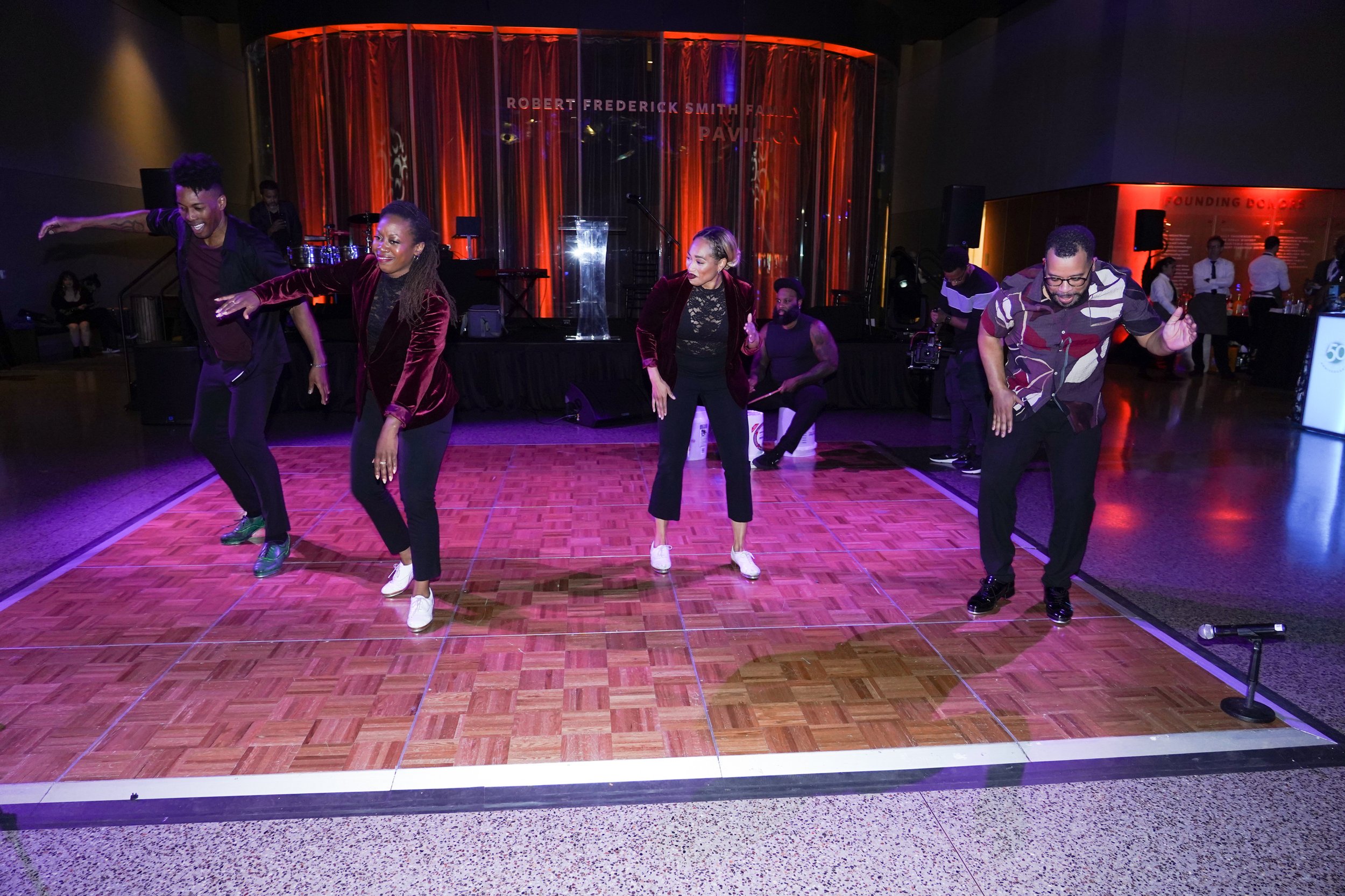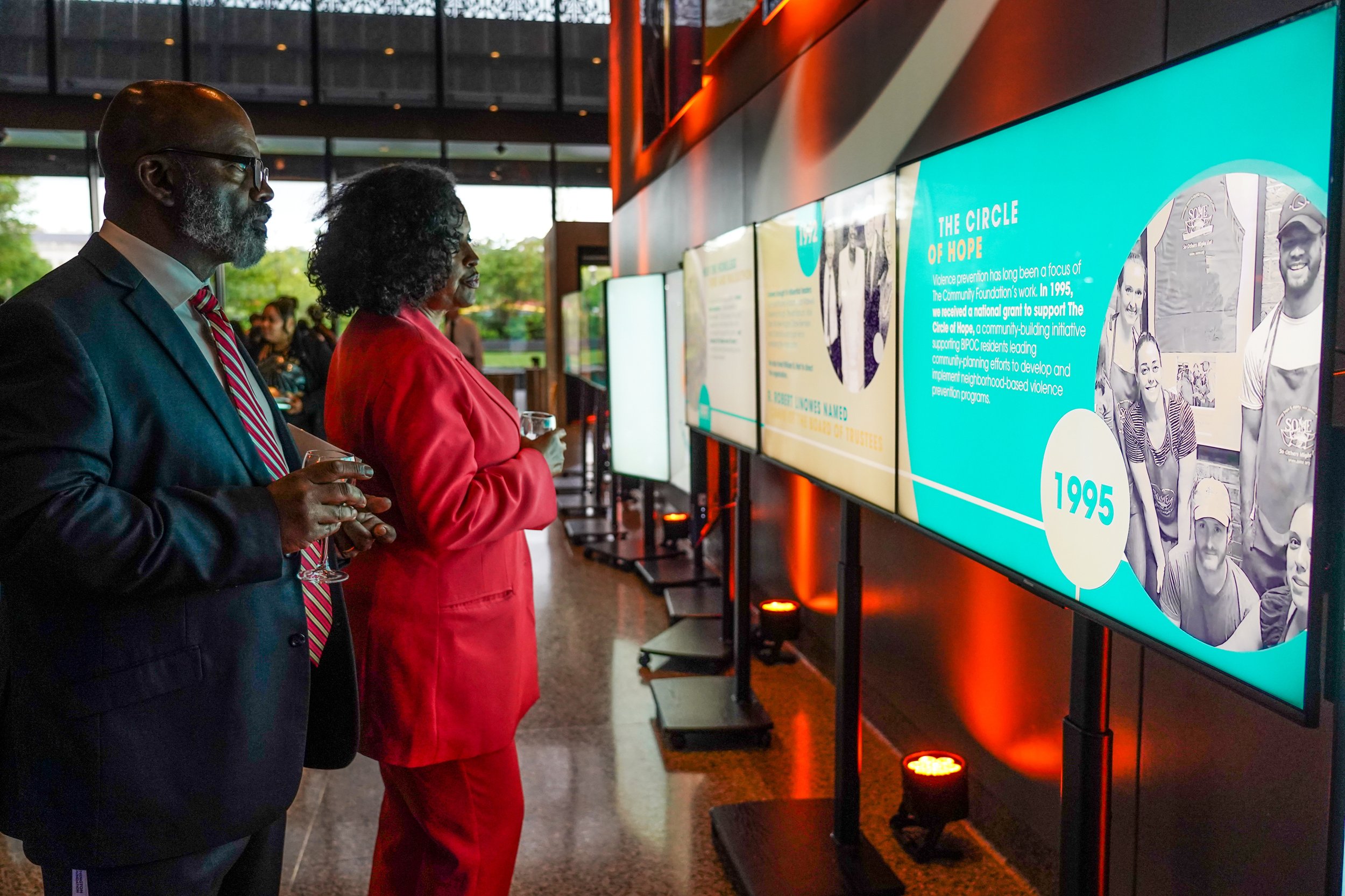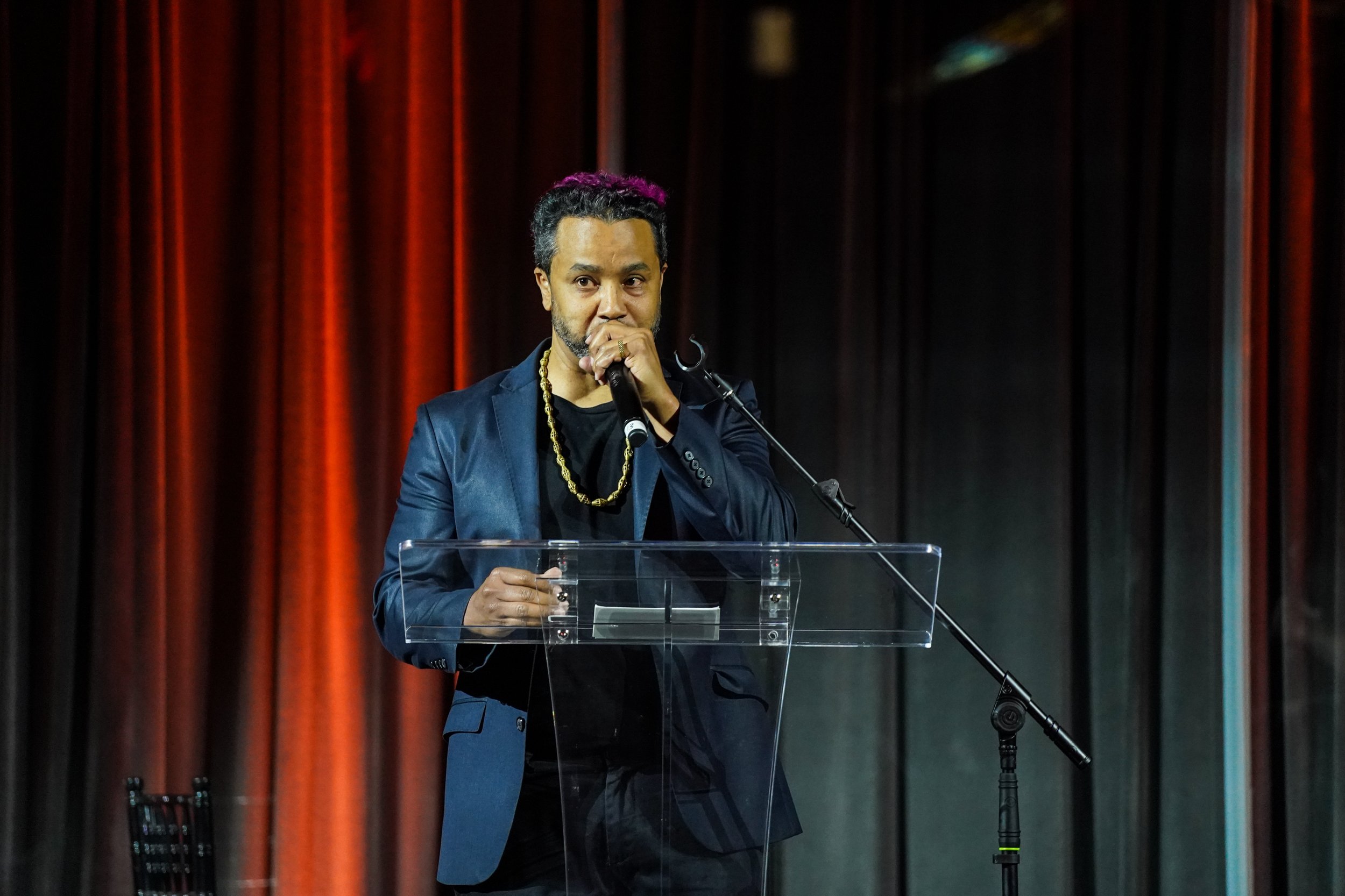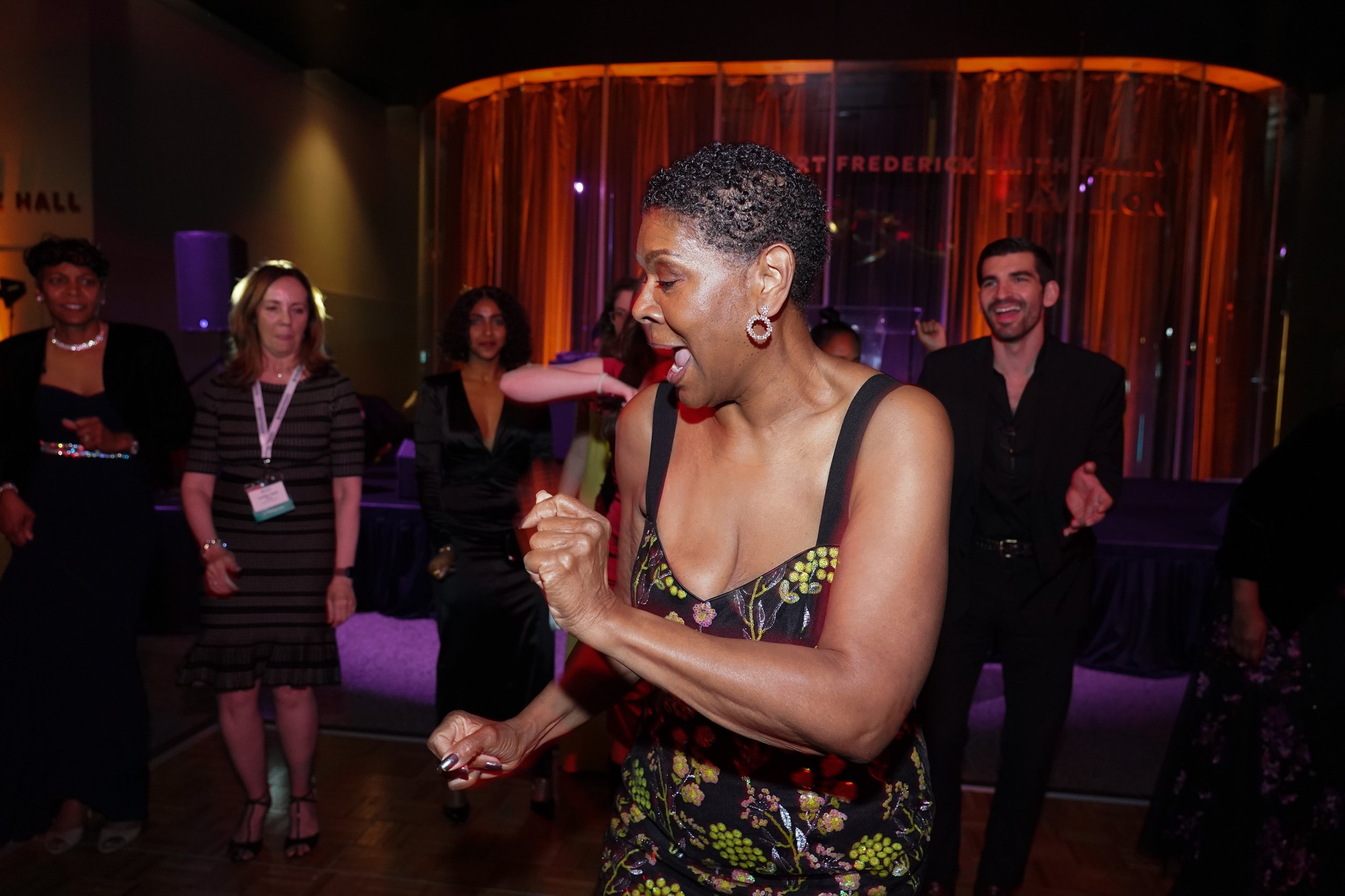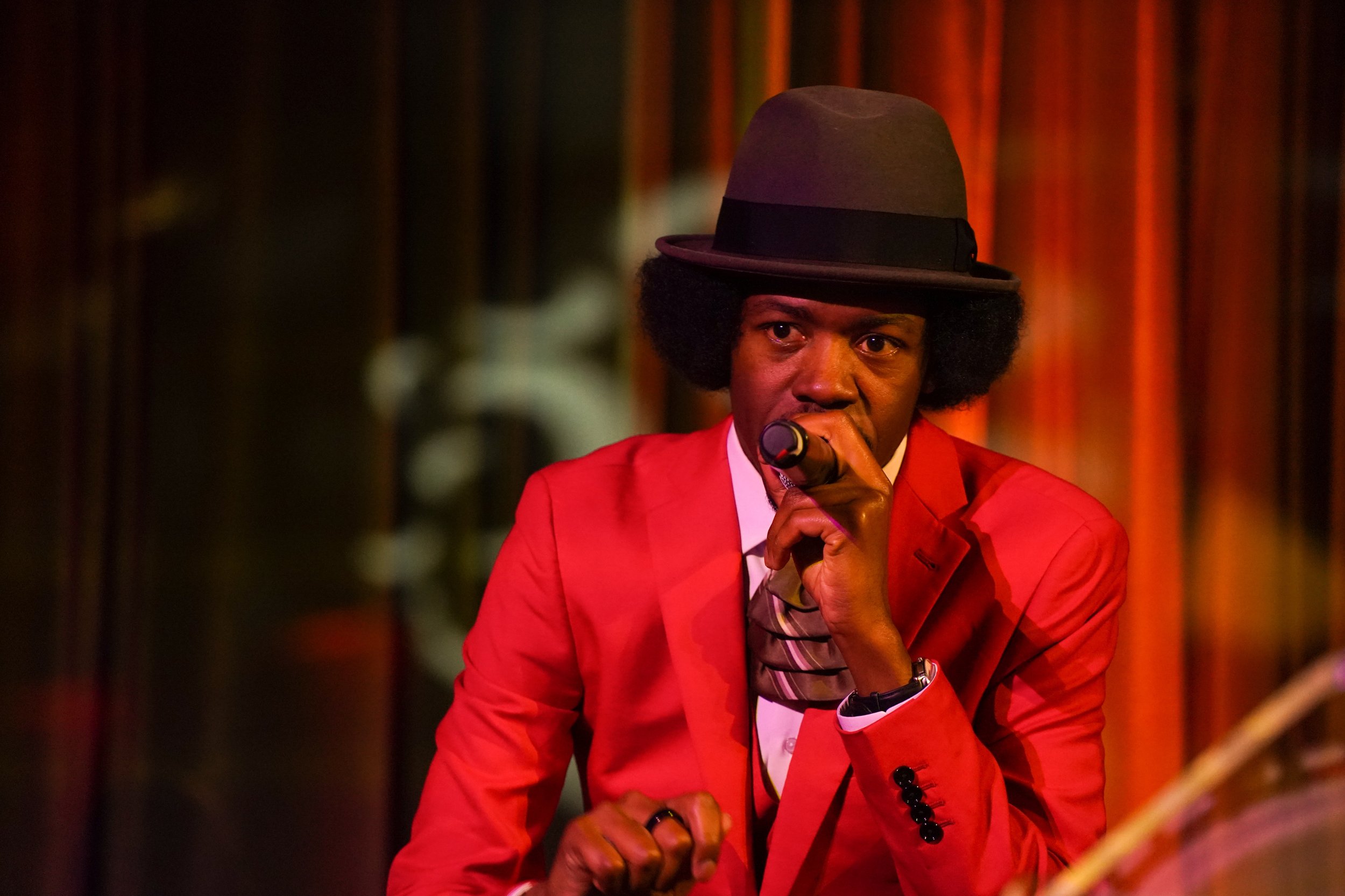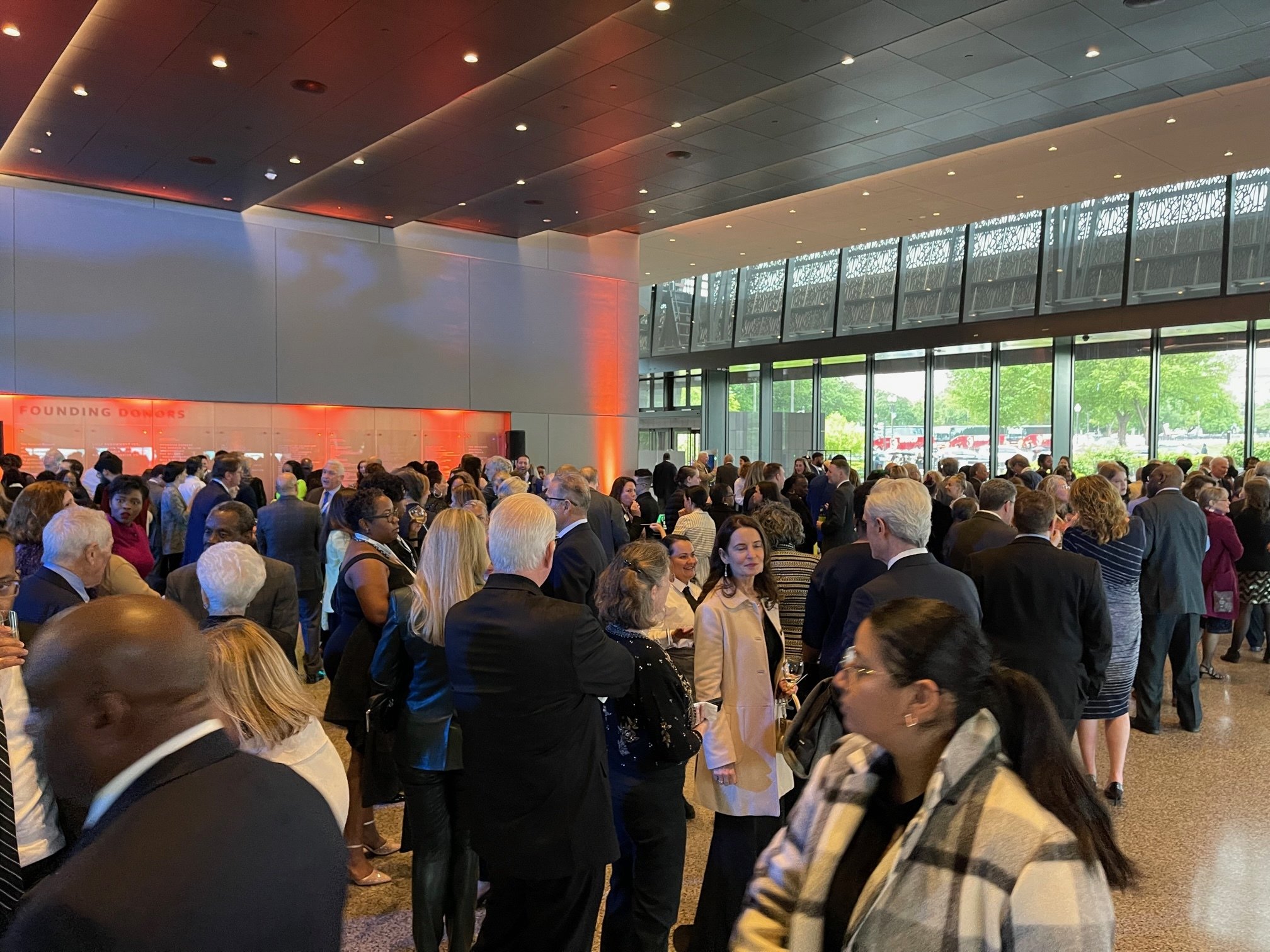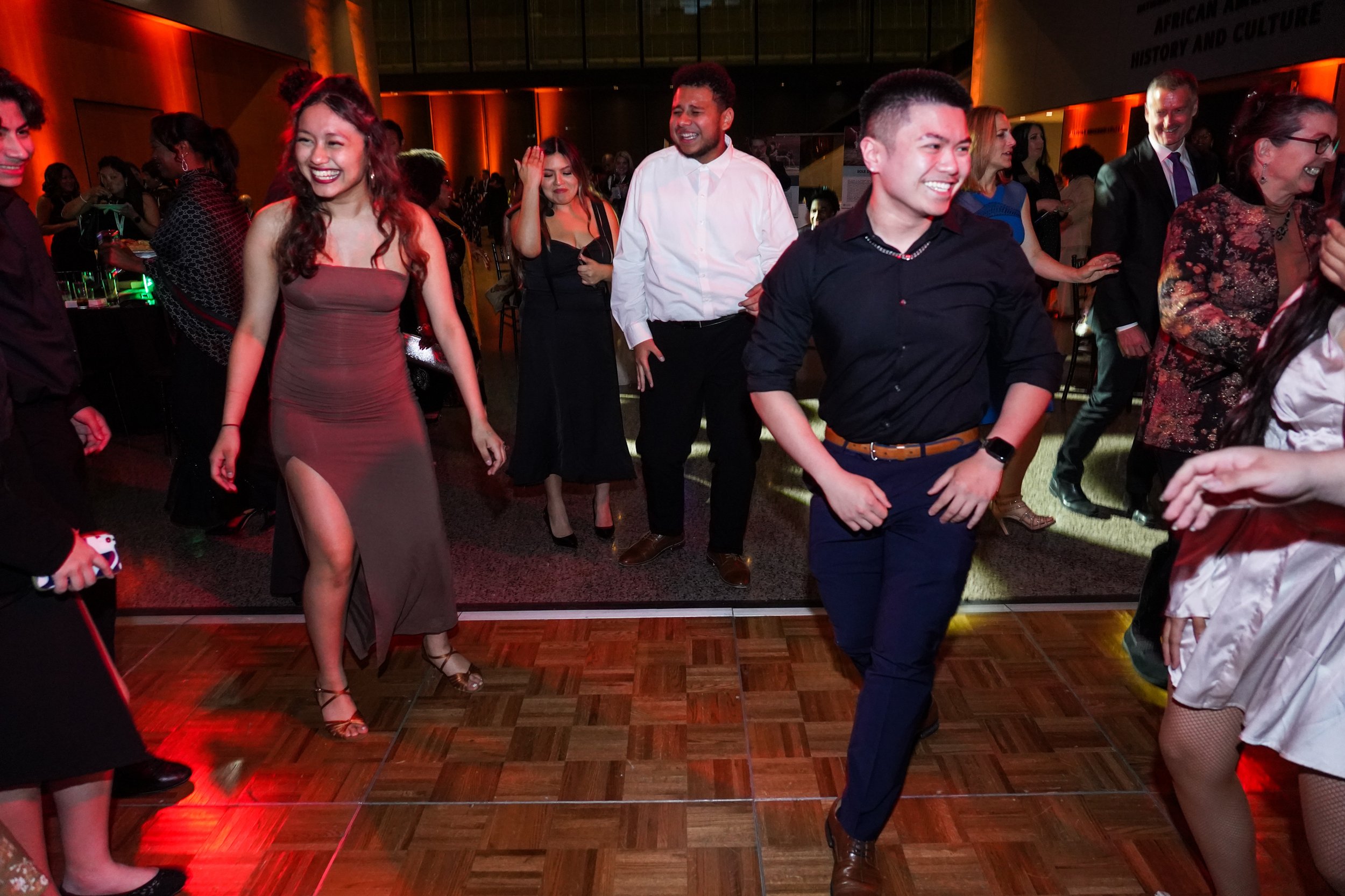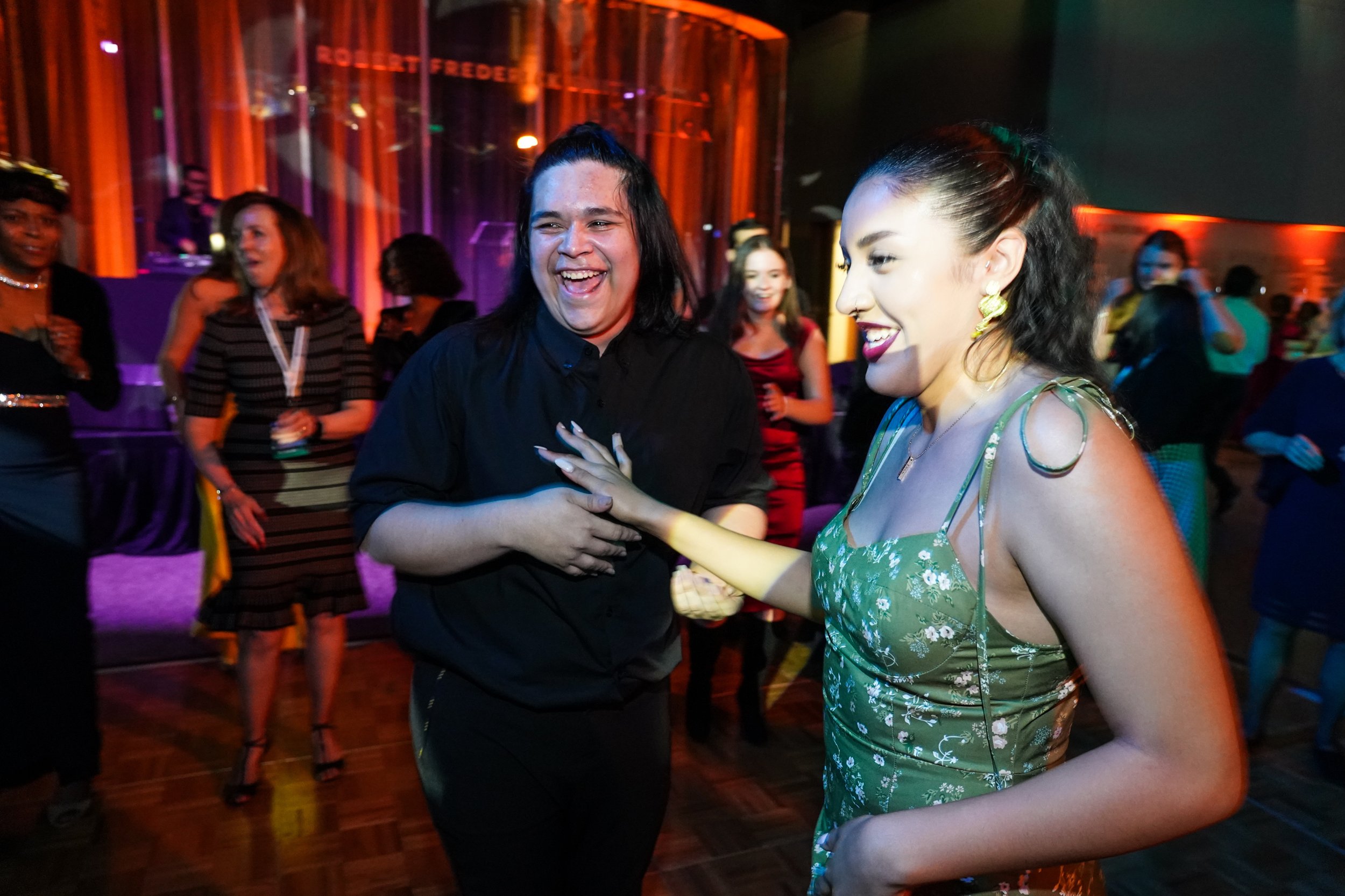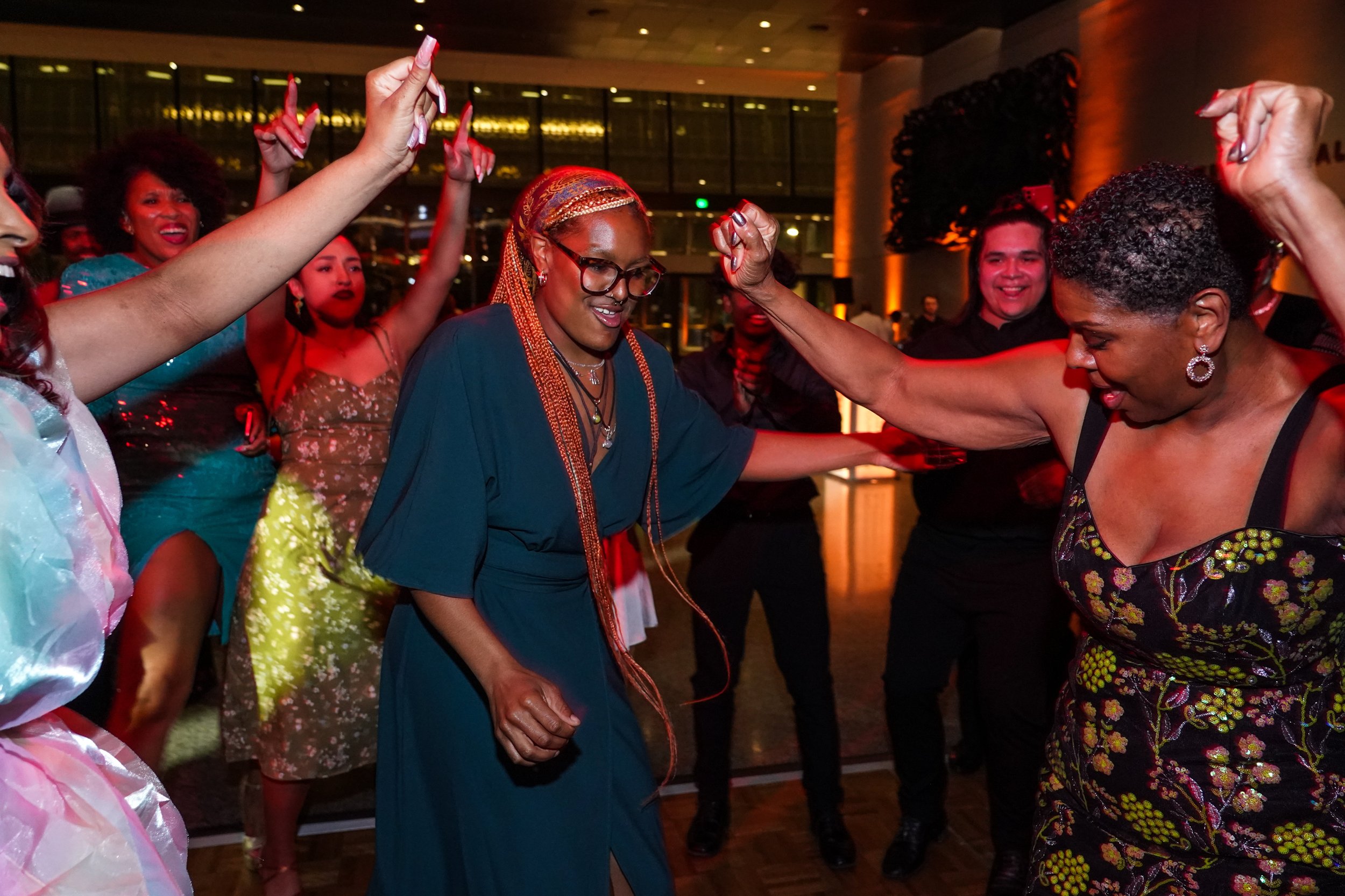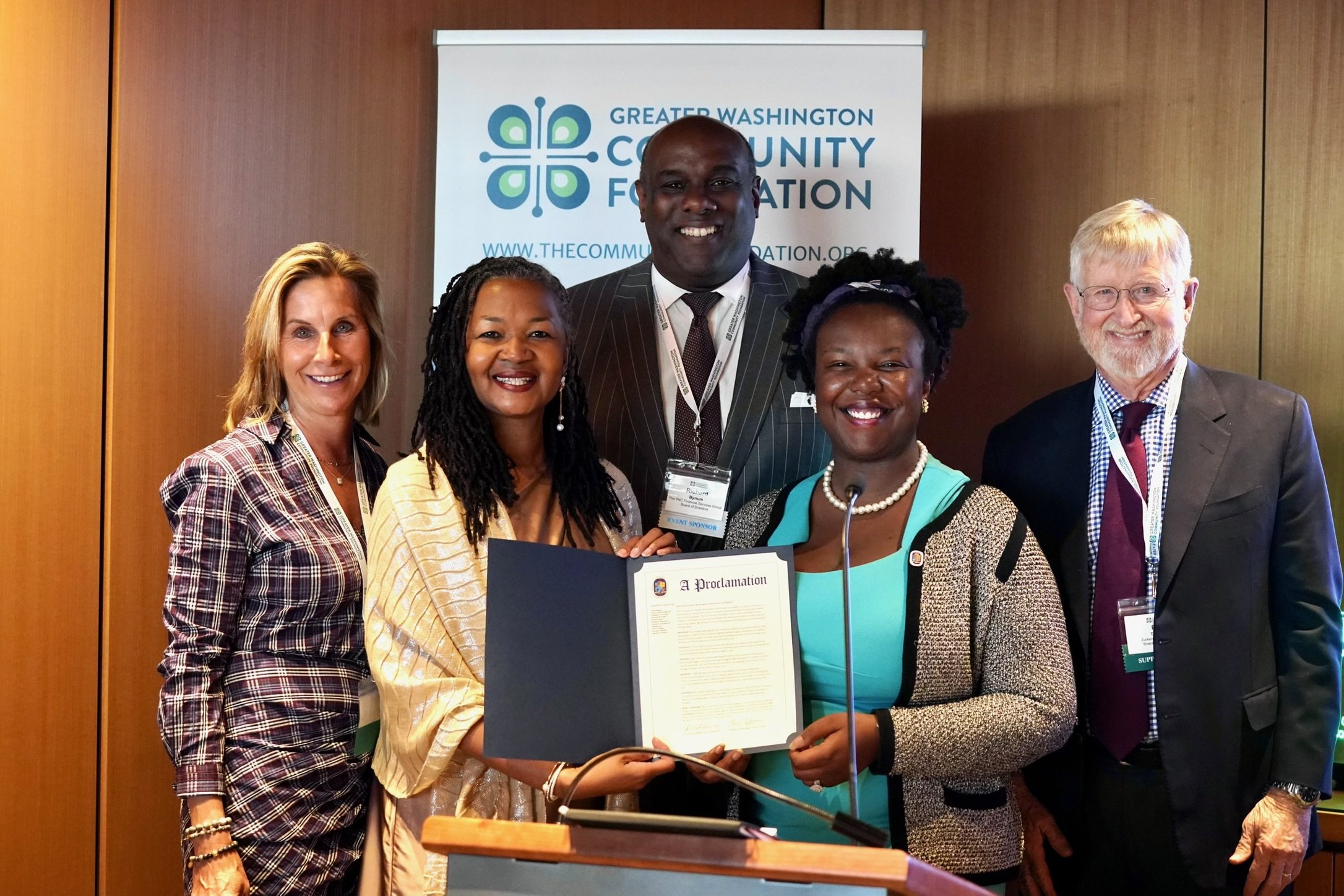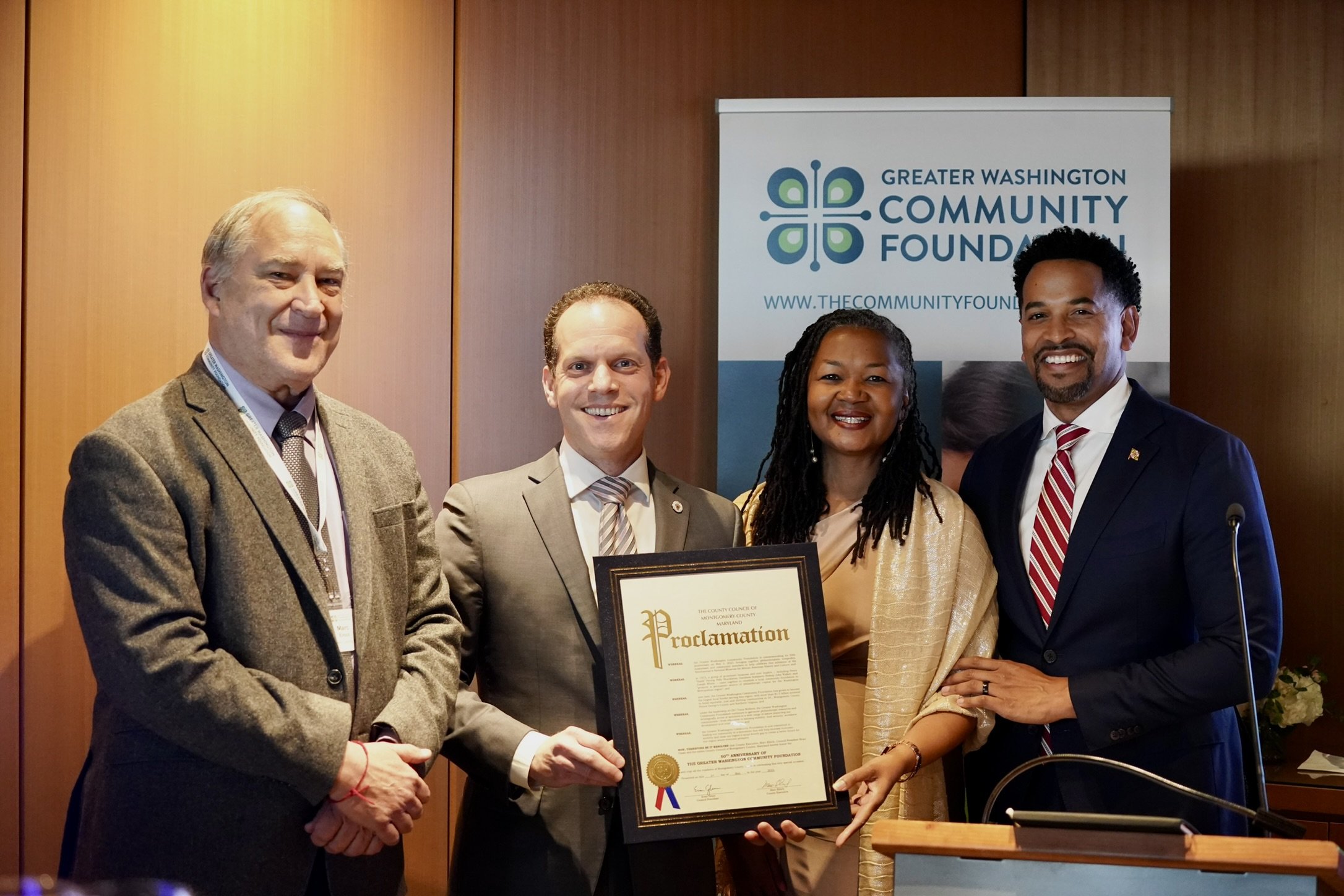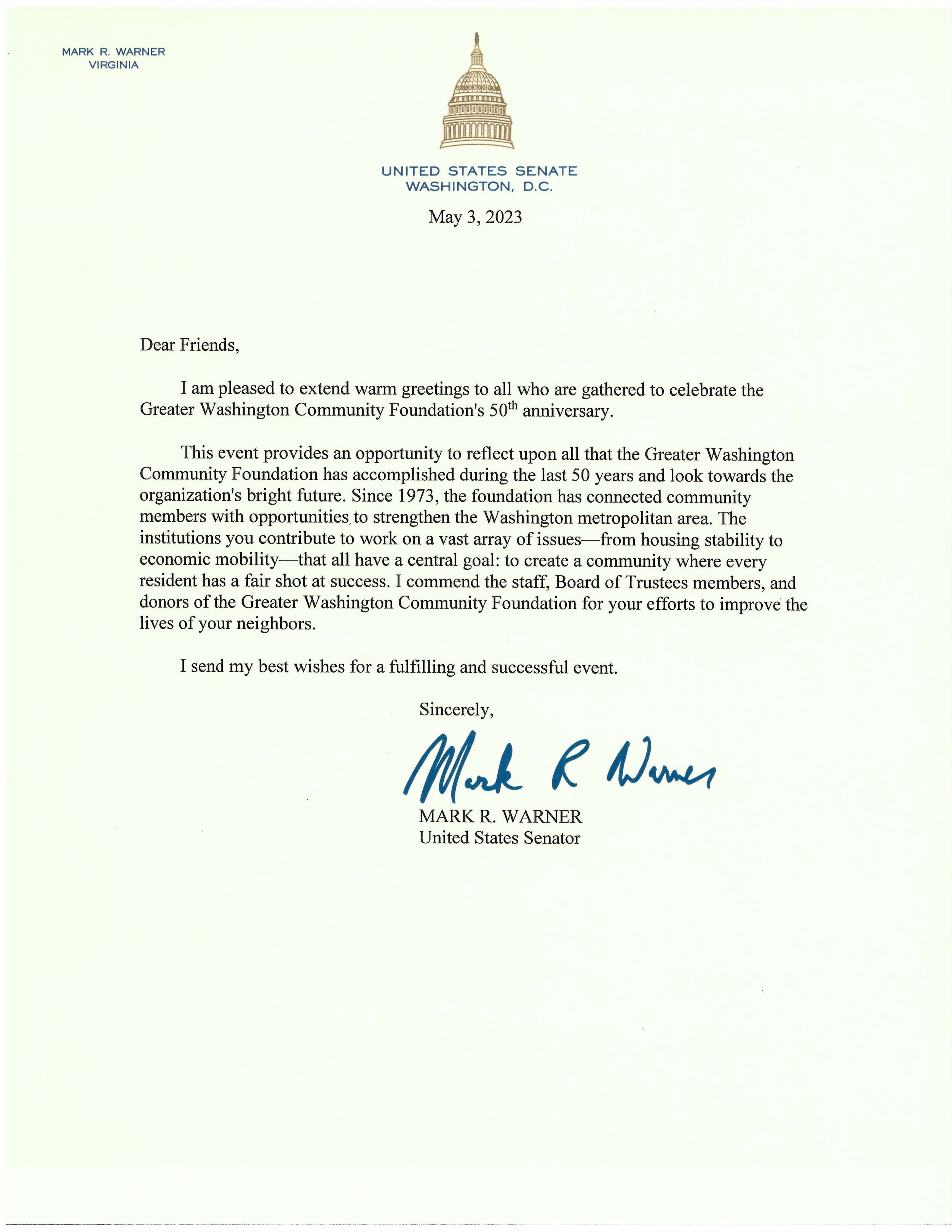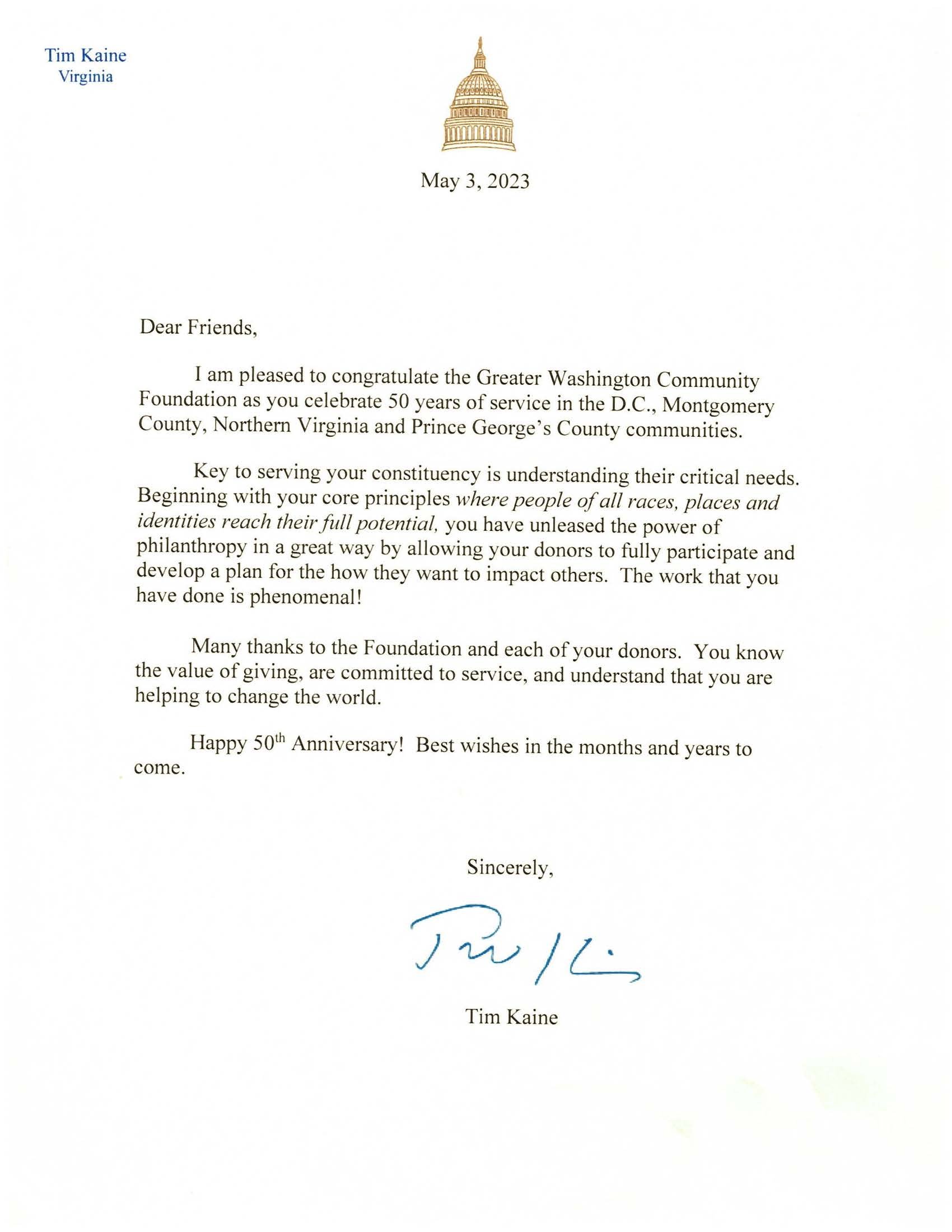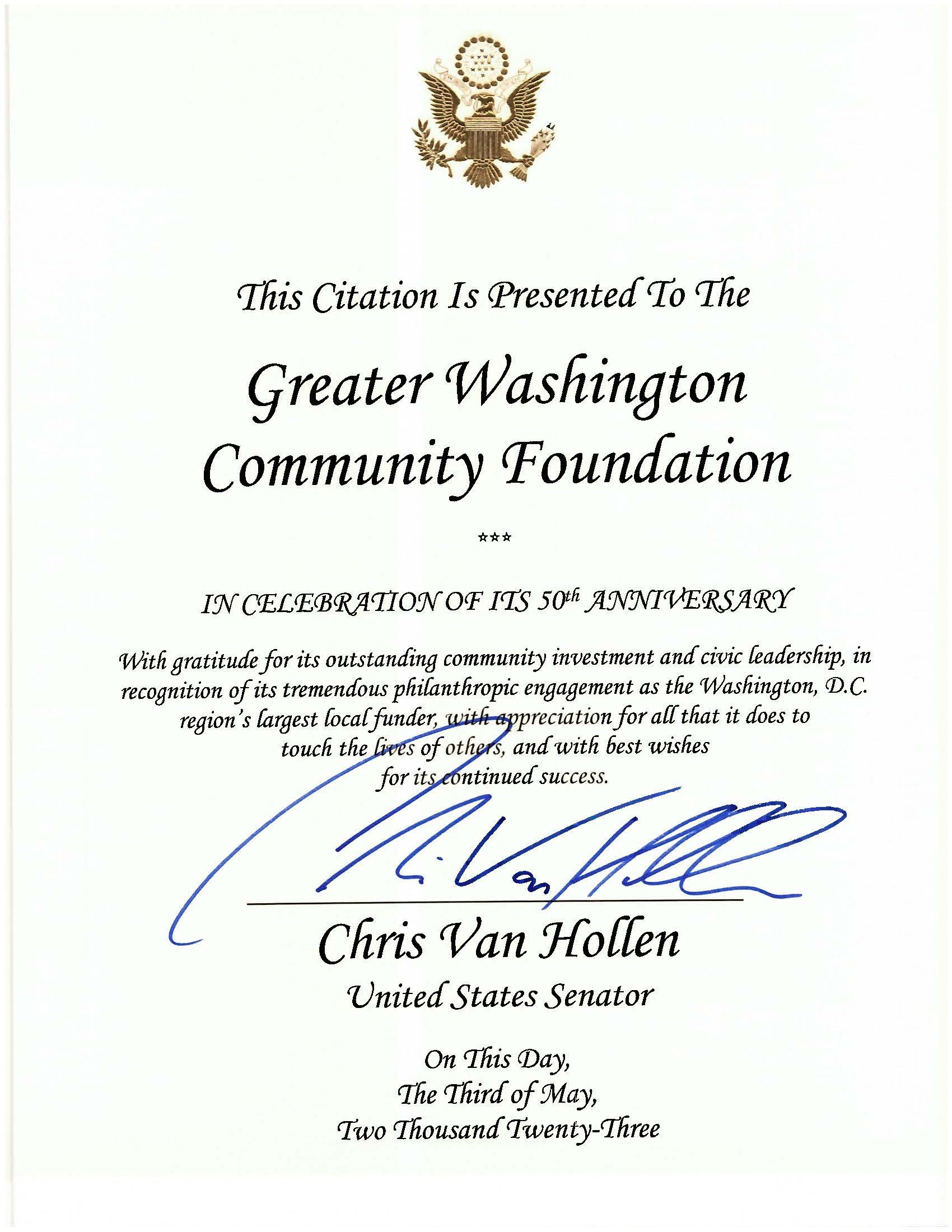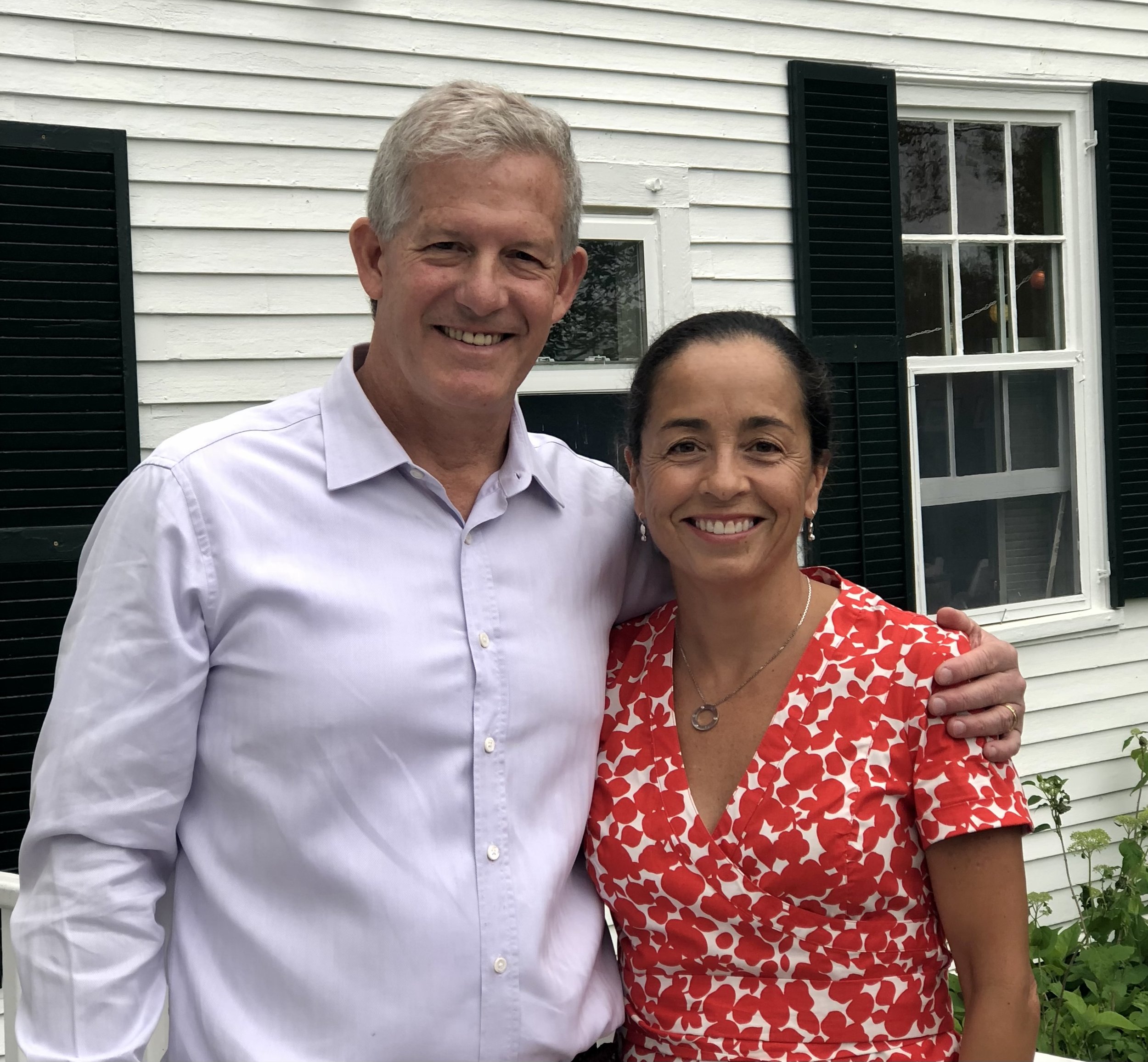In October, The Community Foundation’s Health Equity Fund celebrated an exciting milestone. In just 12 months, the record-breaking fund has awarded more than $21 million in grants to 46 organizations. The fund also recently announced a new grant round which aims to award at least twice that amount over the next 3 years – making it one of the most transformative impact funds in The Community Foundation’s history.
“Health and wealth are inextricably linked,” shared Tonia Wellons, President and CEO of The Community Foundation. “We are confident and excited that the investments that we have made – and will continue to make -- through the Health Equity Fund will be instrumental in improving health outcomes for DC residents.
Announced in March 2022, The $95 Million Health Equity Fund is the largest fund in The Community Foundation’s 50-year history and is dedicated to closing gaps in healthcare as well as addressing social determinants of health (SDOH) that impact health outcomes including education, employment, income, housing, transportation, nutrition, environmental safety, medical care, culture and recreation, and more.
The Health Equity Fund and nonprofit partners celebrate the 2nd cohort in June 2023.
The inaugural grant round in September 2022 awarded $9.2 million to 32 DC nonprofit organizations with a focus on economic mobility and wealth building in DC’s historically underinvested communities including cash transfer initiatives, housing rehabilitation projects, wealth creation programs, and other innovative projects. Click here to learn more about the inaugural grant round.
The second grant round announced in June 2023 awarded $12.5 million – the largest single grant round in The Community Foundation’s history - to 14 DC based nonprofits working on health advocacy, policy, and systems change initiatives. Click here to learn more about the second grant round.
Convening A Community of Changemakers
However, the impact of the Health Equity Fund goes far beyond the funding provided.
“The more we take time to listen to each other - as partners in this work – the better we can understand from each one what success looks like and how we, as a philanthropic partner, can provide support that goes beyond the dollar figures,” shared Dr. Marla Dean, Senior Director of the Health Equity Fund.
HEF Nonprofit Partners share experiences at the first Idea Summit in March 2023.
This principal has been established from Day 1, thanks in part to The Community Foundation’s partnership with the American Institutes for Research (AIR), who serves as the evaluation partner for the Health Equity Fund. AIR and The Community Foundation have hosted several Idea Summits, where nonprofit partners had the chance to network and work together collaboratively to identify the outcomes and actions they hoped to see over the next few years. These factors provide a more equitable framework for future evaluation and reporting.
“What we do is co-designing success,” Dr. Brandy Farrar, a Managing Director for American Institutes for Research (AIR) explained. “Instead of establishing an arbitrary checklist of universal benchmarks, we want to work with each of you to identify what success looks like and how can we measure it.”
From the outset, nonprofit partners have expressed excitement about being part of a “cohort” for change in the District of Columbia. Even though many nonprofit partners often compete for the same limited resources, bringing them together in this space has created opportunities for collaboration and discussion that many say is invaluable to the work that they do.
“The fact that we can come together and collaborate as one is so inspiring,” one nonprofit partner shared. “It helps build power and confidence in the knowledge that we are not alone in this work to enact change.”
Driven by this enthusiasm, The Community Foundation helped organized a Partner Learning Series to convene nonprofit partners around the issues that are most impactful to the work and mission of the Health Equity Fund. Events have been organized based on partner interest and have covered topics ranging from Guaranteed Income pilots to navigating the DC Budget process.
“It’s so important to leverage the power in this room,” Misty Thomas, Executive Director of the Center for Court Excellence shared at one event. “Even though we may advocate on different issues, we need to work together to make the budget more effective, more equitable, and more participatory.”
Investing in Disruptive Partnerships - The Health Equity Fund’s Largest Grant Round Yet
In that spirit of collaboration and partnership, The Community Foundation recently announced its third and largest ongoing grant round to date to invest in innovative partnerships that promote economic mobility and build community wealth in DC. The grant round is open through March of 2026 to proposals with two or more partner organizations.
“We recognize that the most innovative work occurs through partnerships between organizations,” shared Dr. Marla Dean, Senior Director of the Health Equity Fund.
“We hope that this grant round will provide a catalyst for transformative partnerships that will reshape some of the most pressing obstacles to health and wealth for DC residents.”
Additional information on the latest HEF grant round can be found on our website. Applications will be accepted on a rolling basis through March 2026 or until funds have been exhausted.

